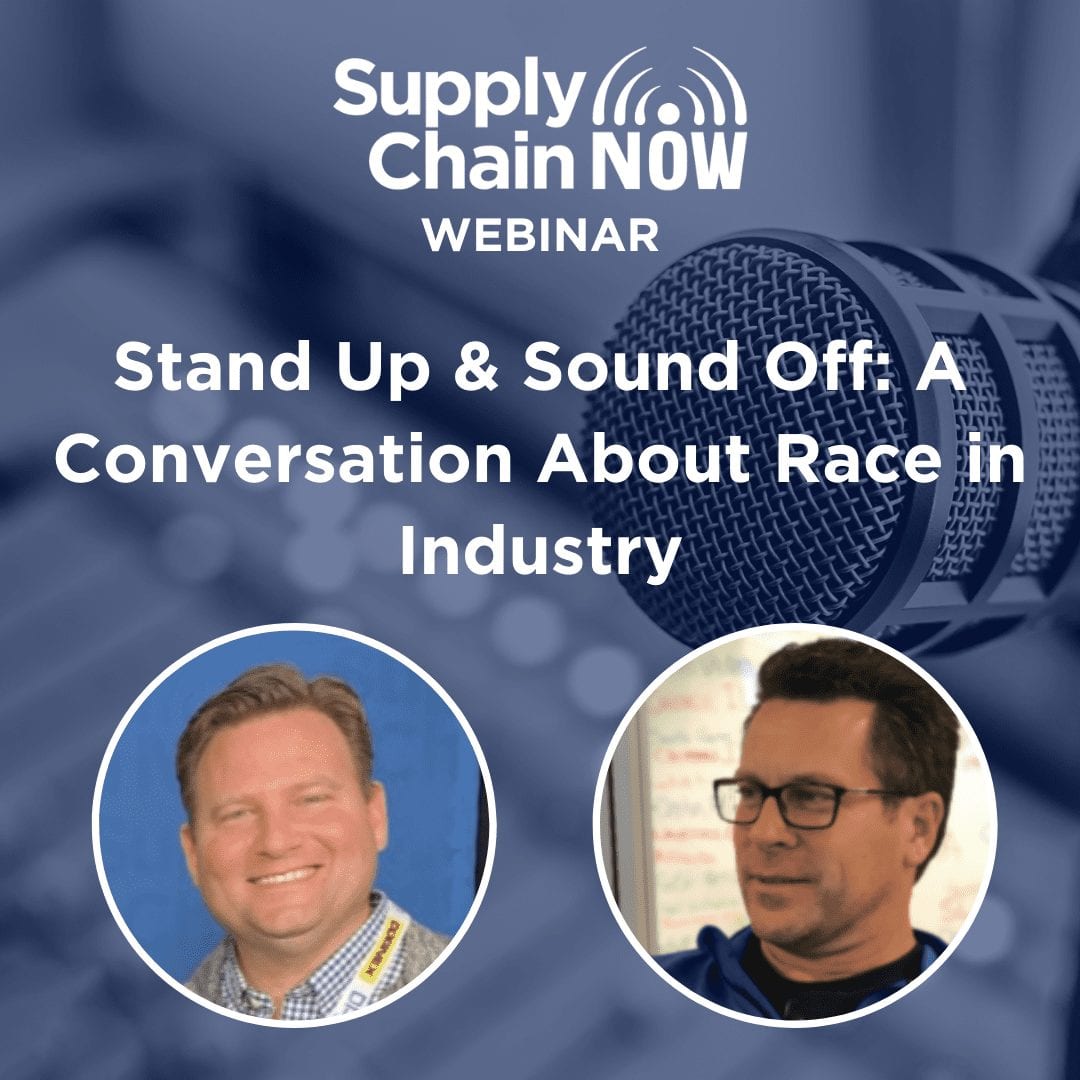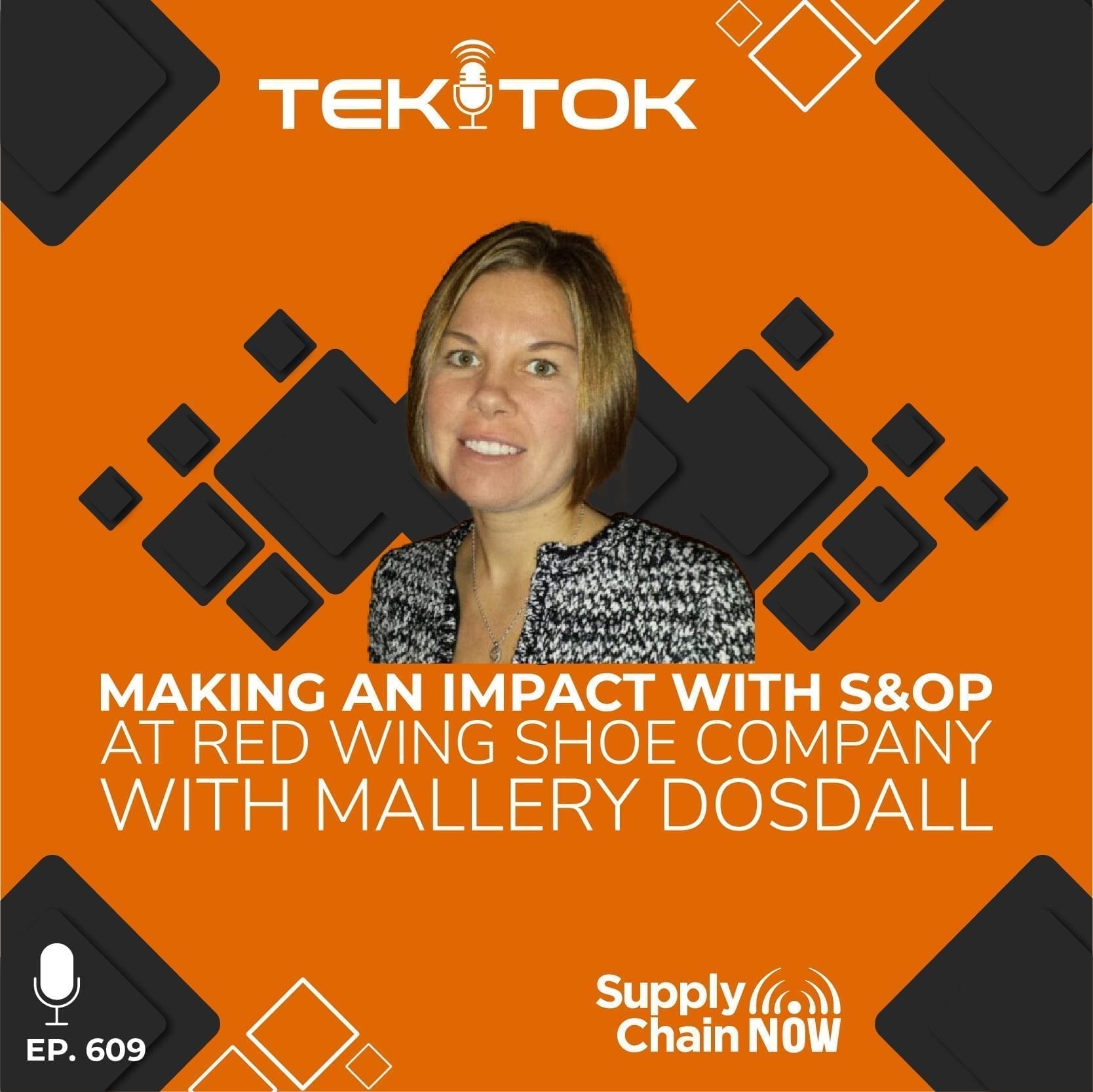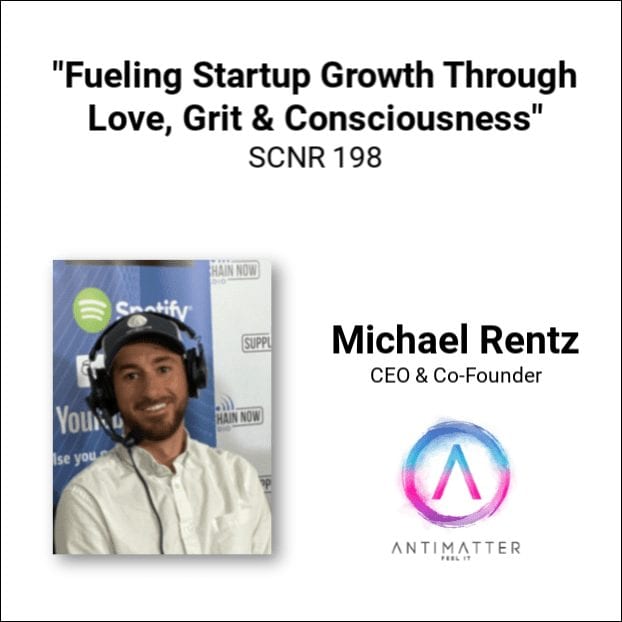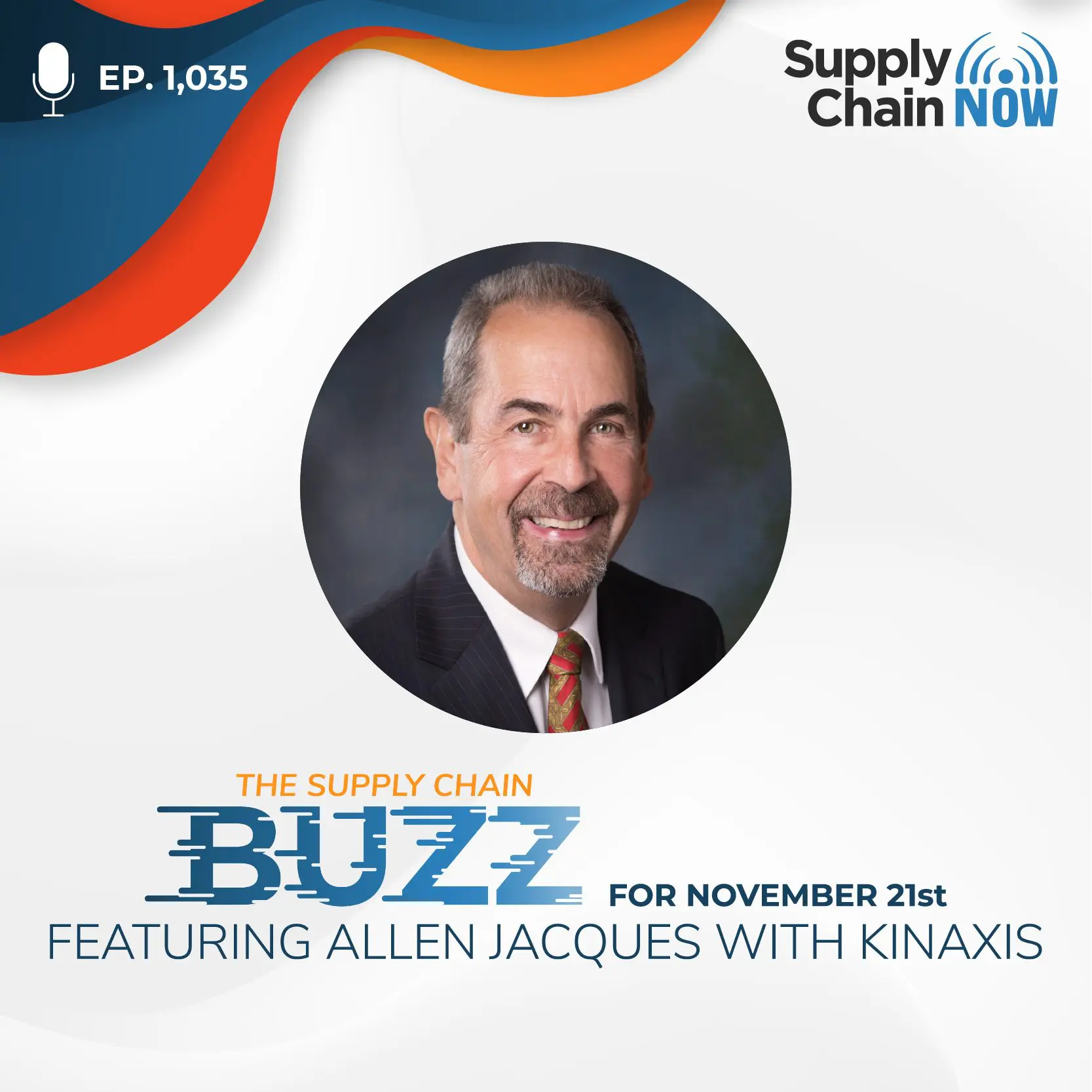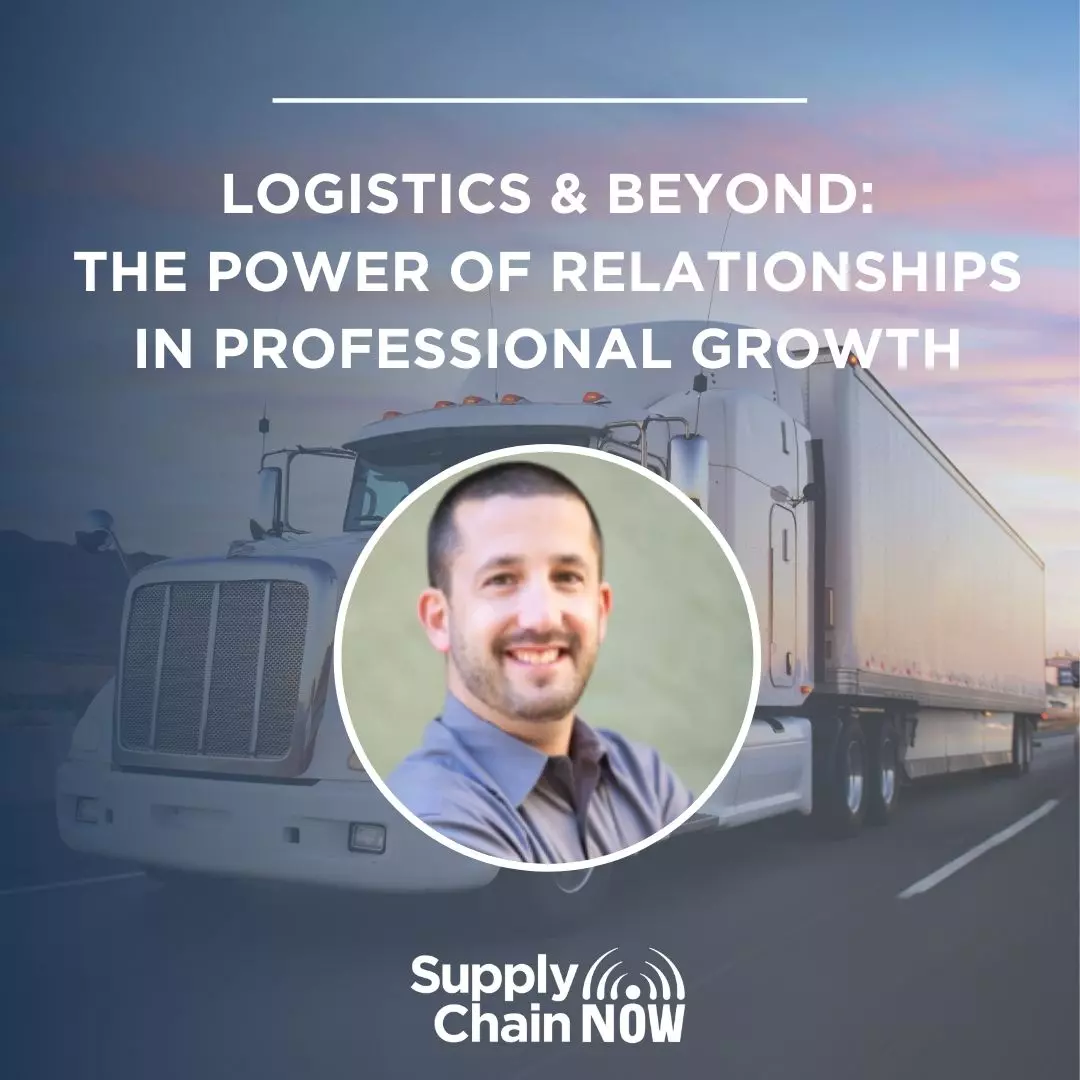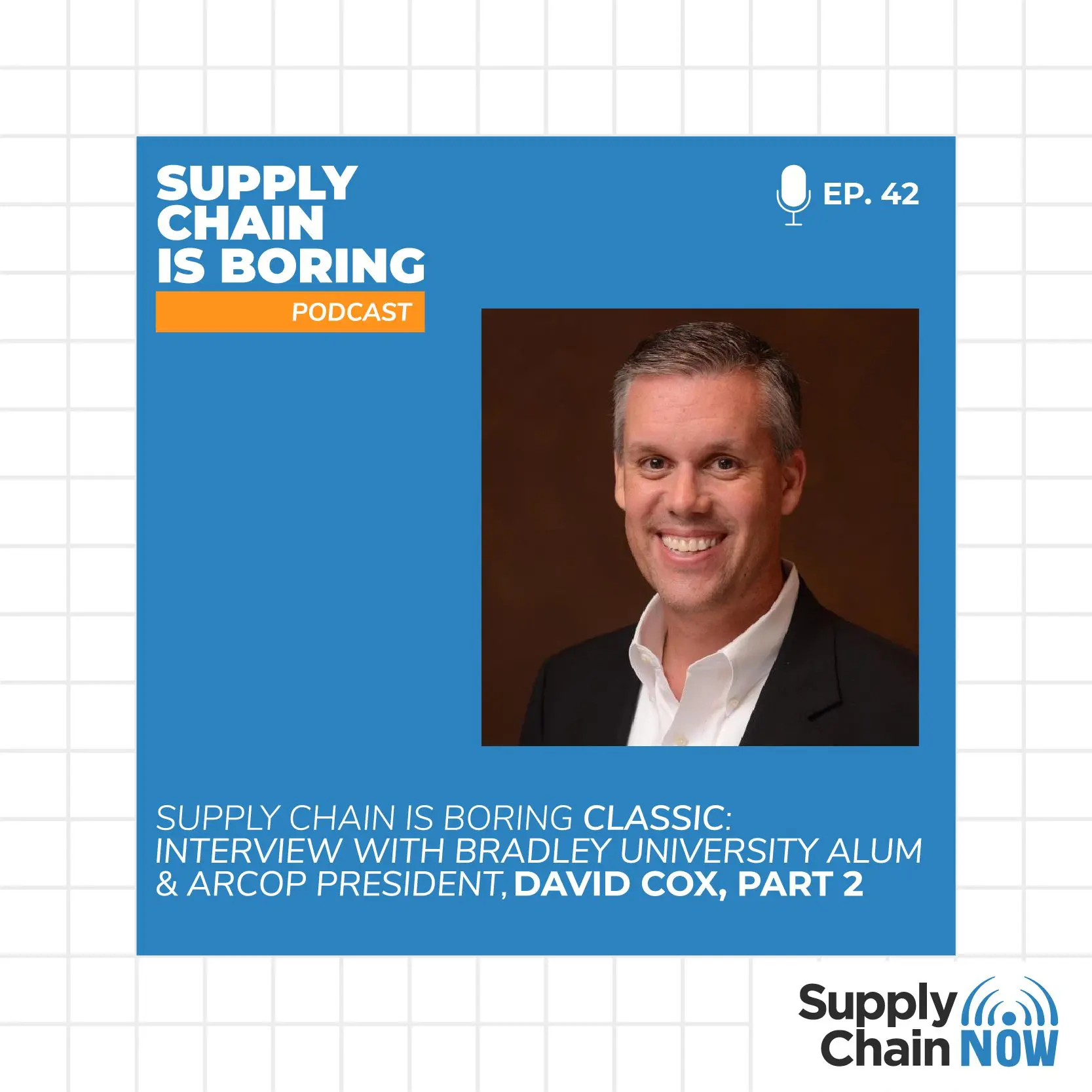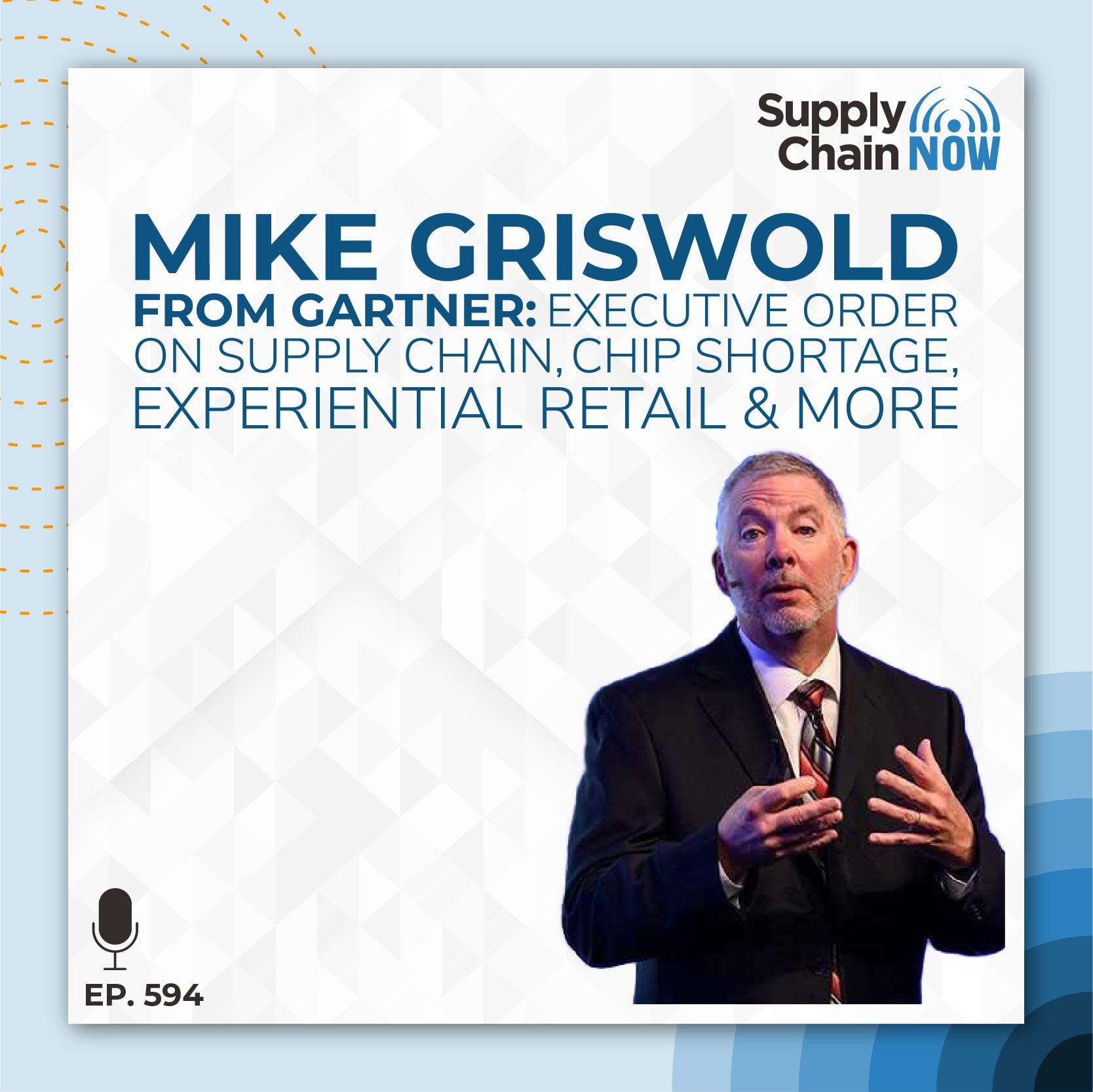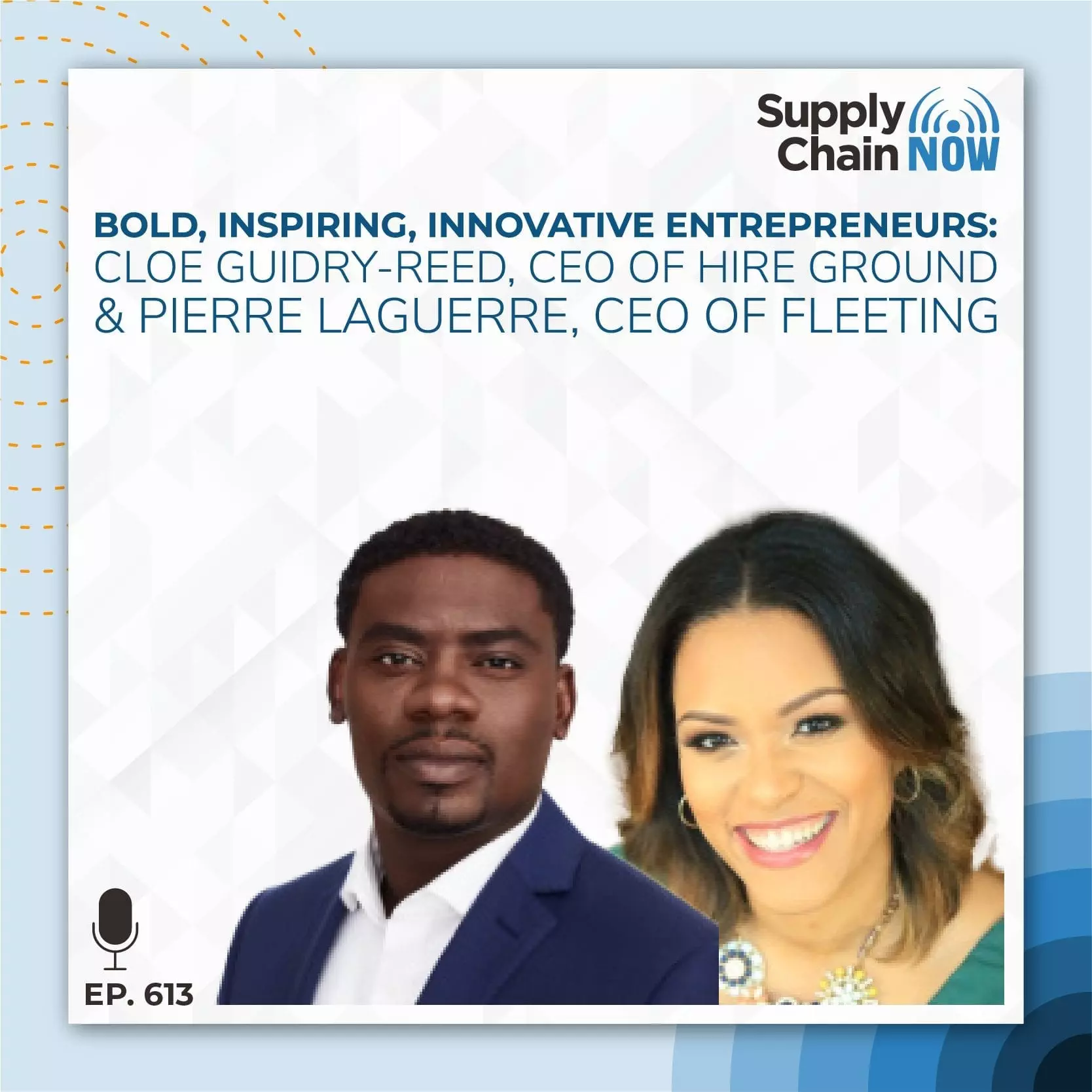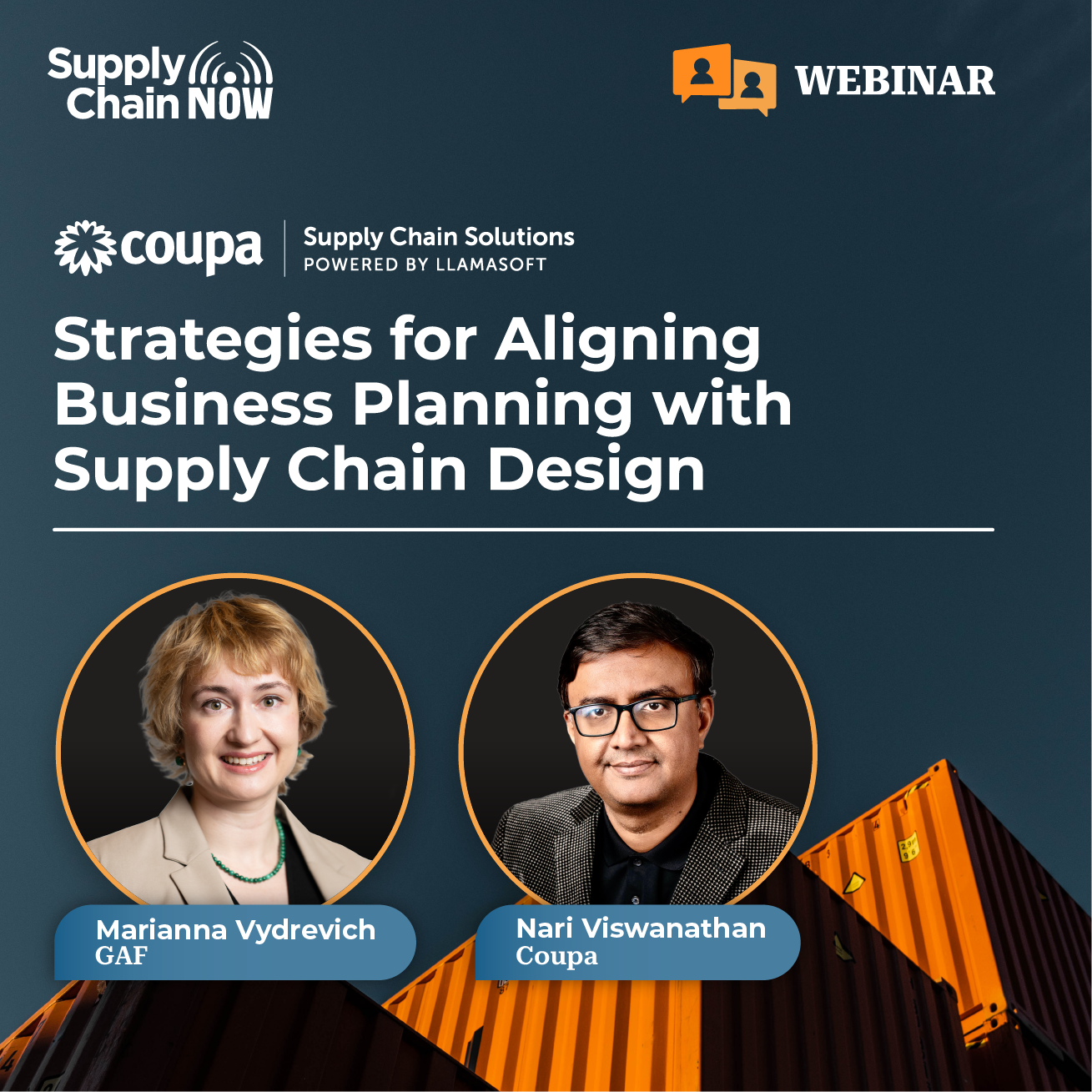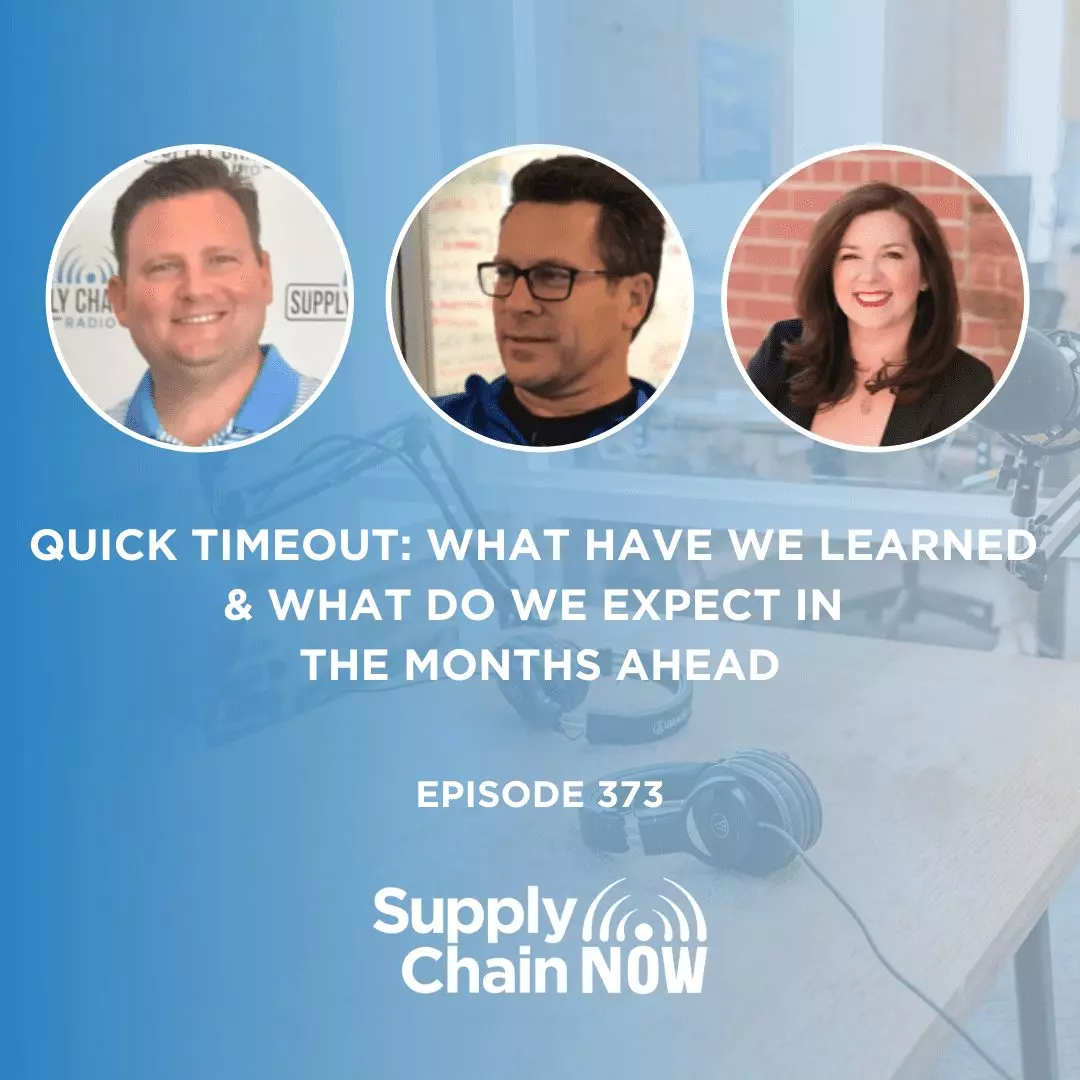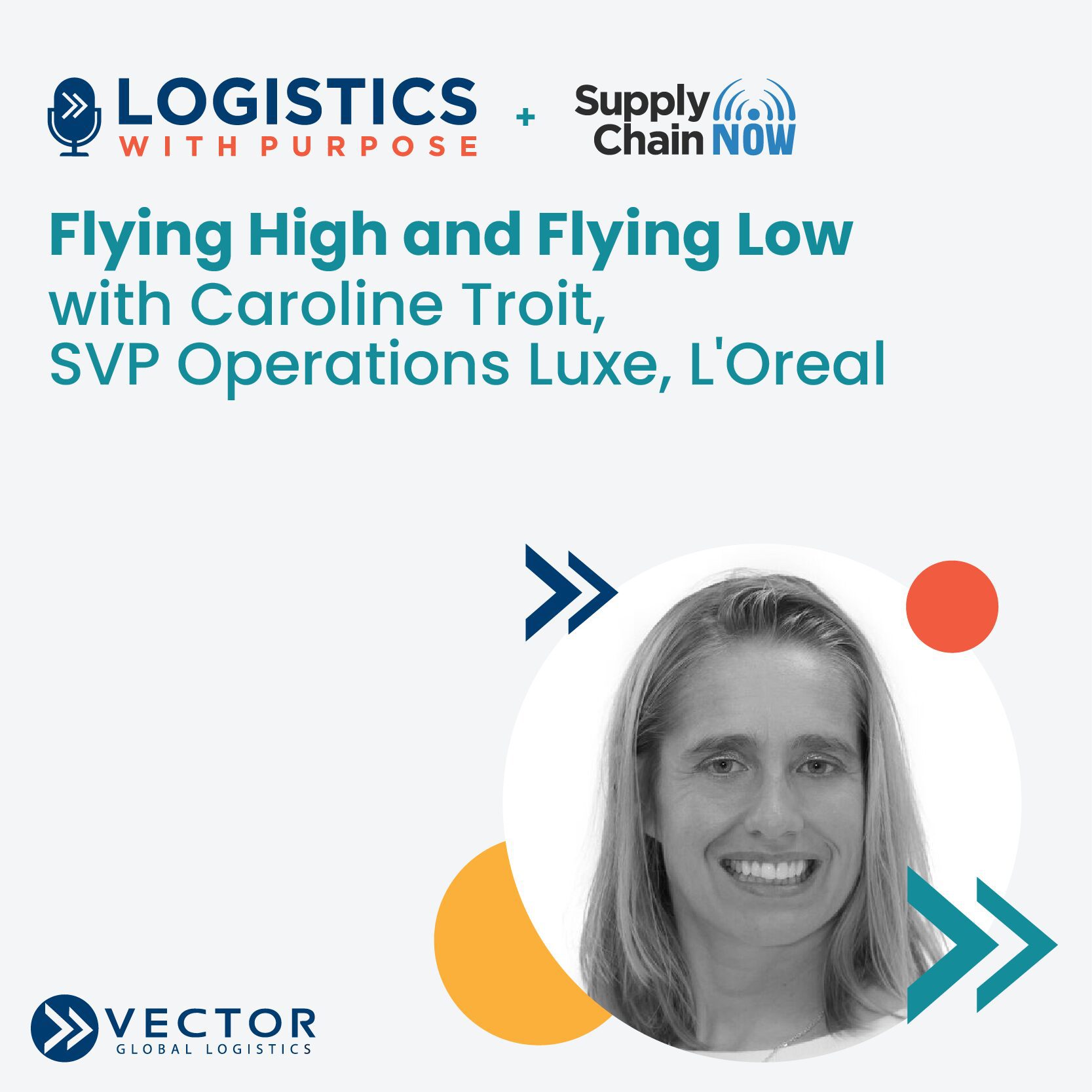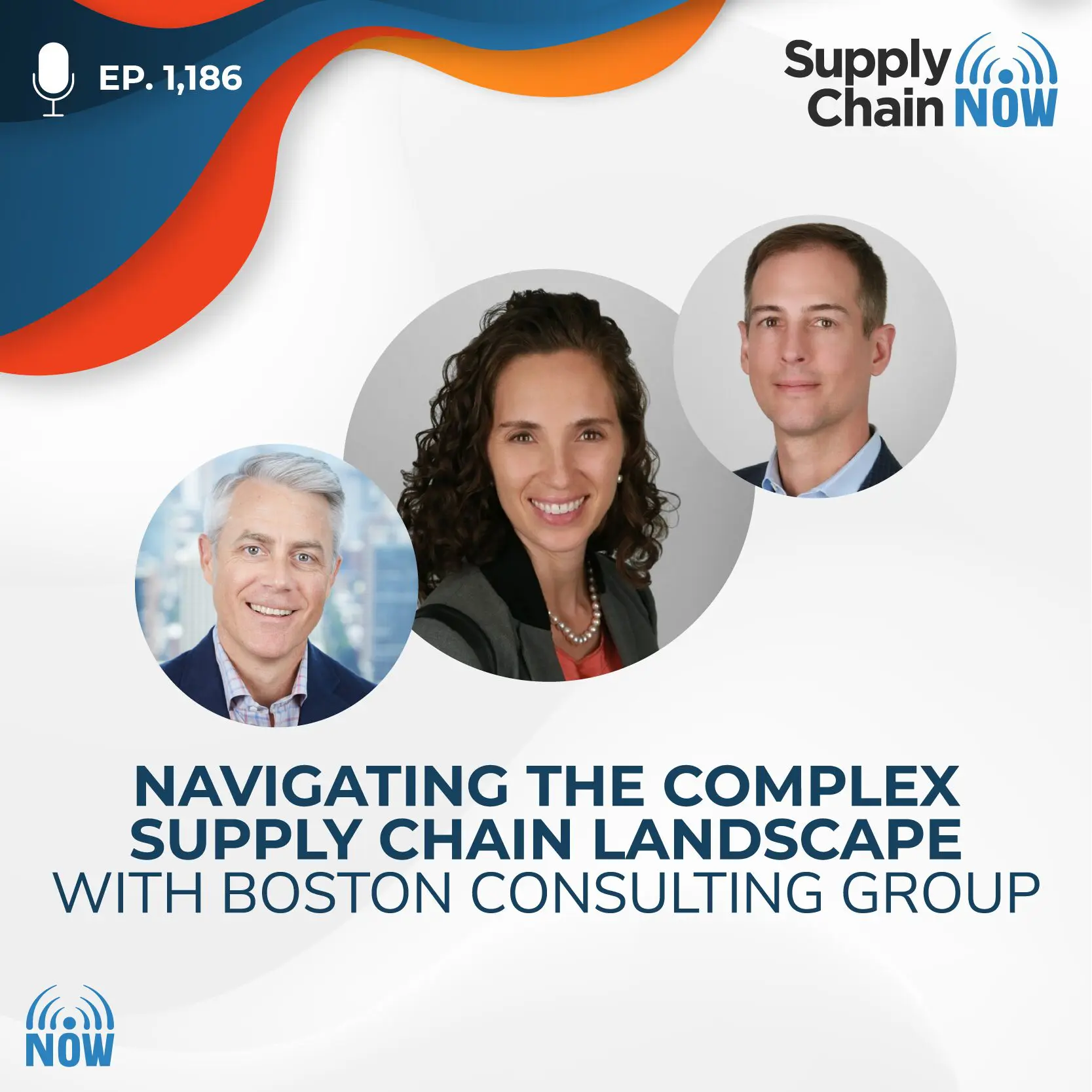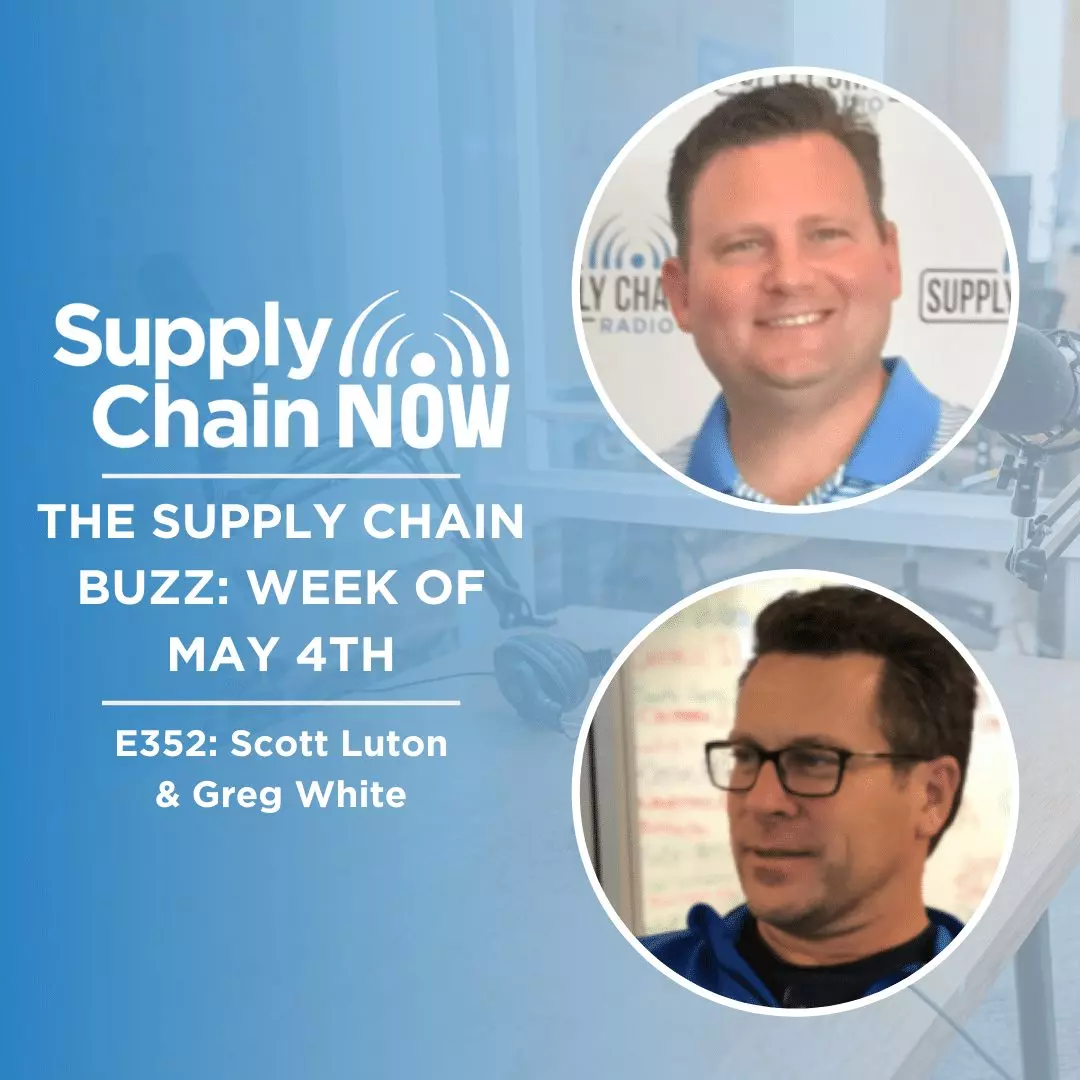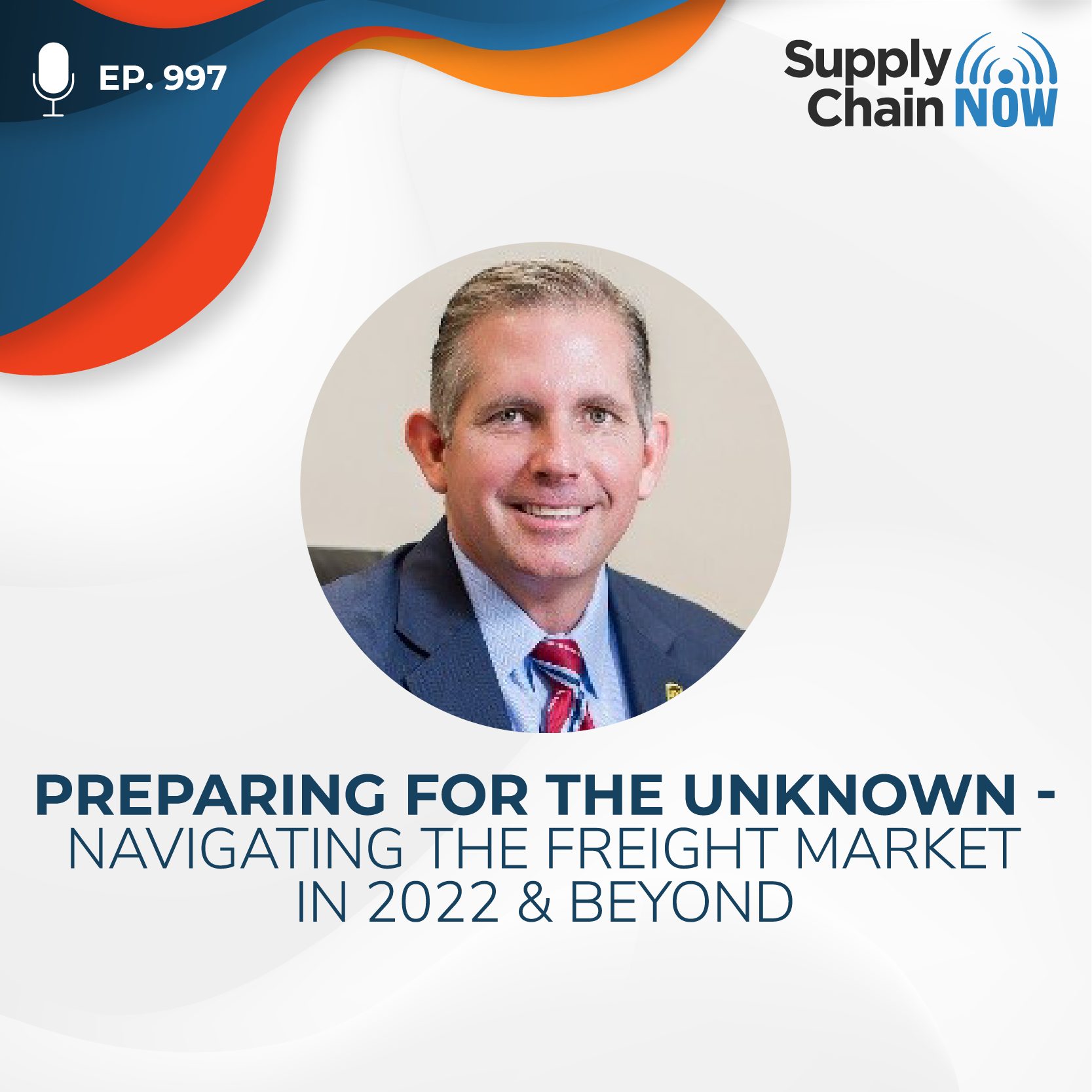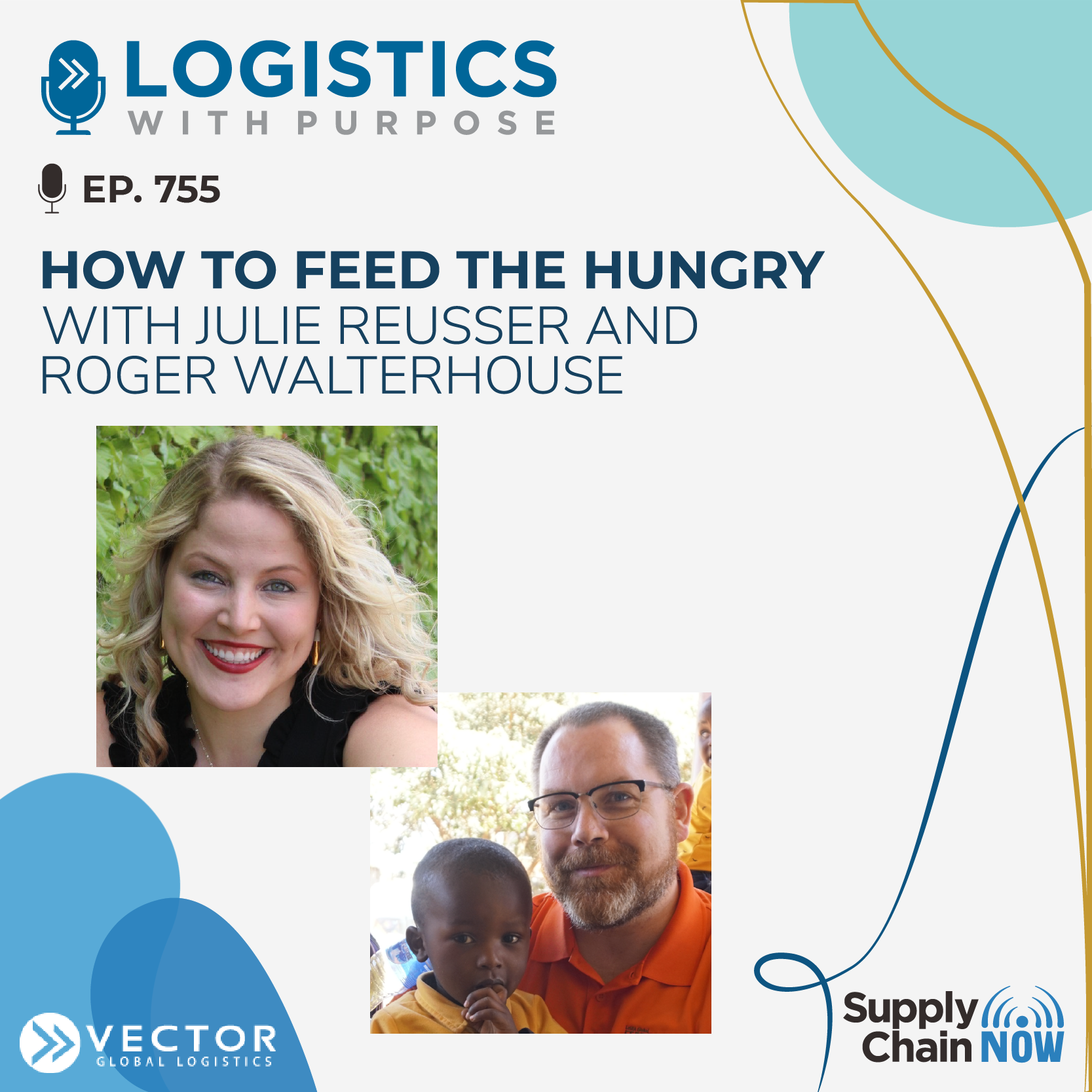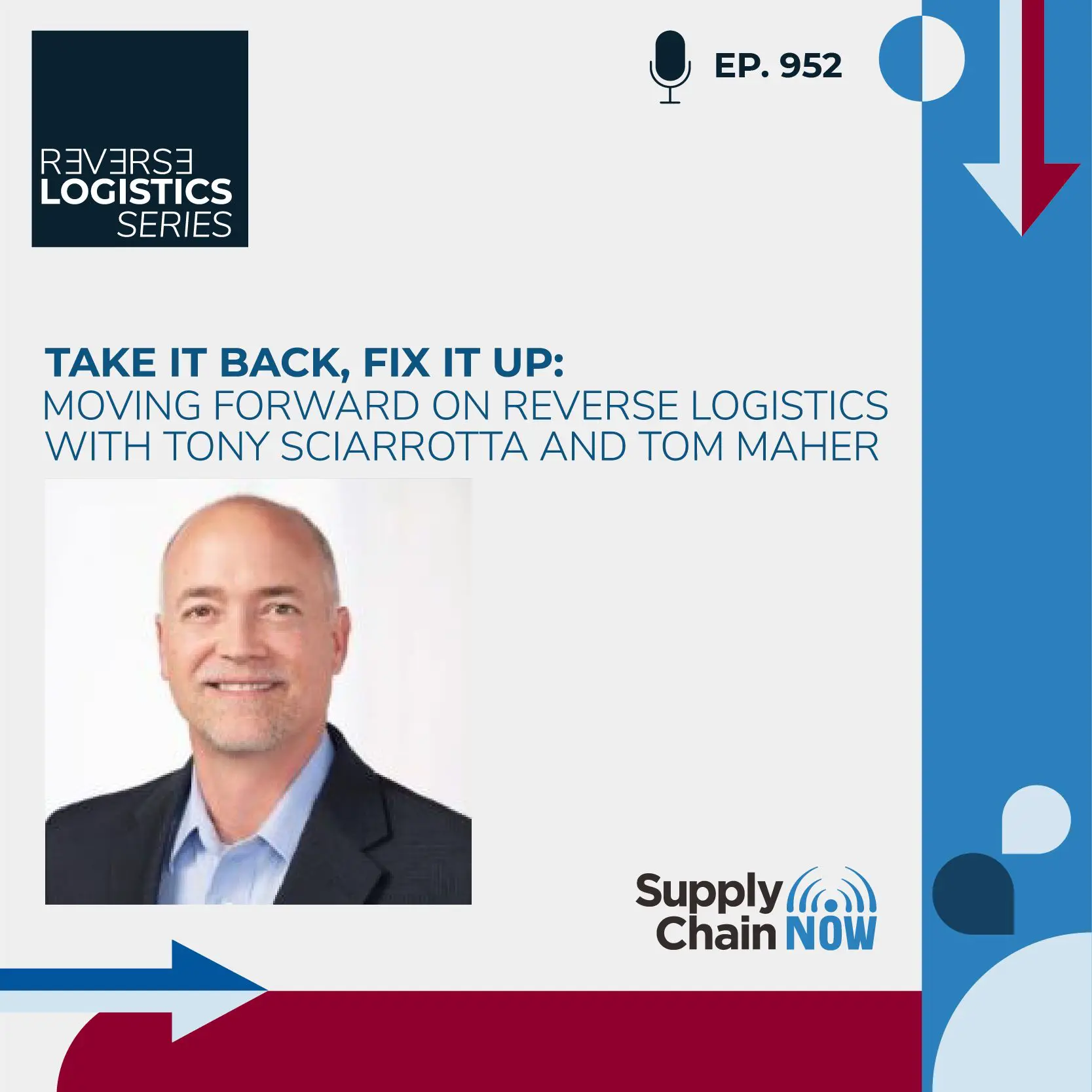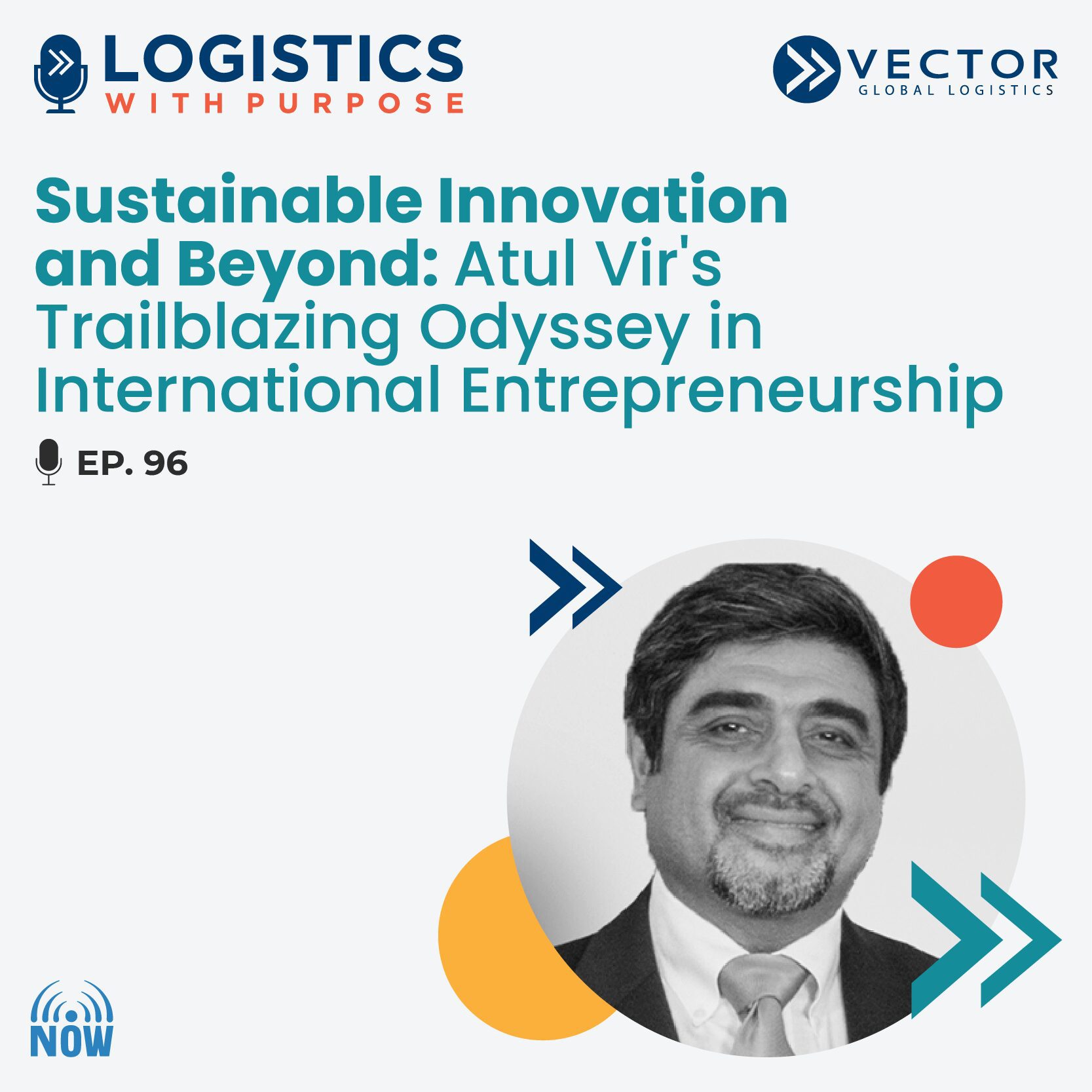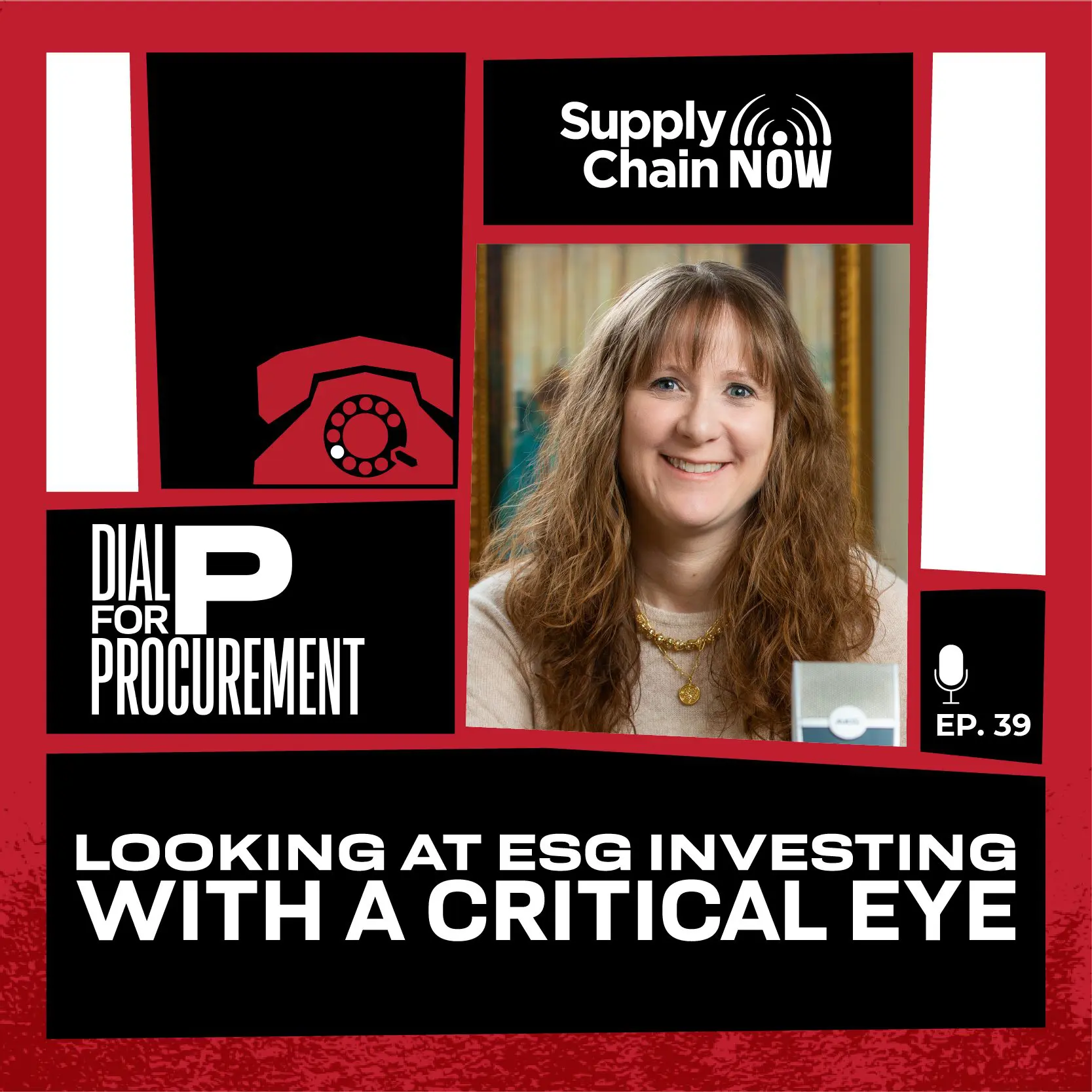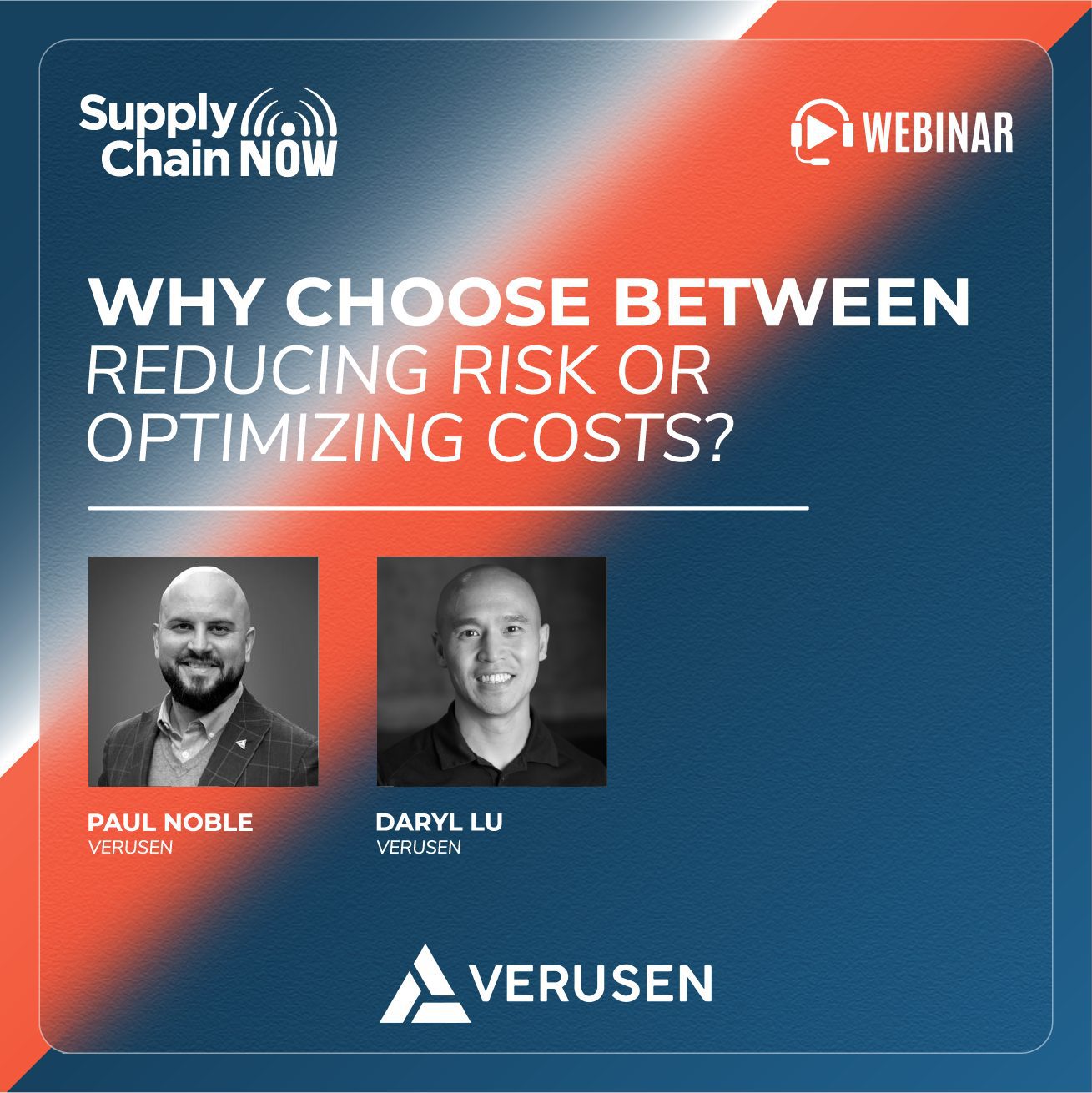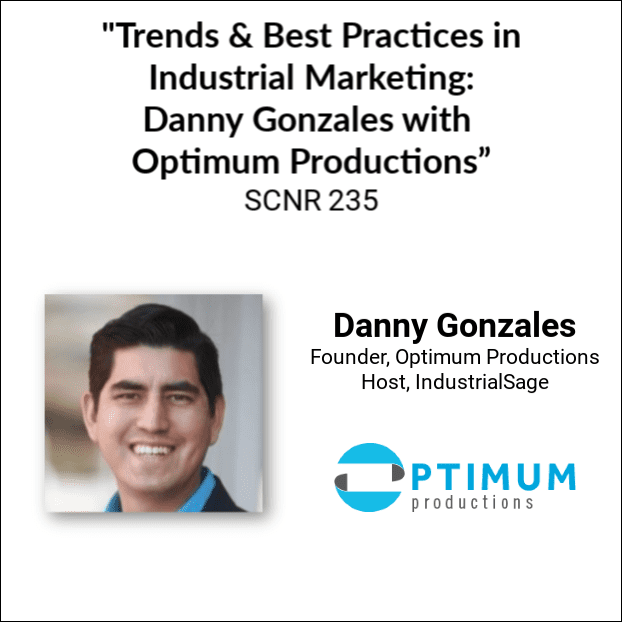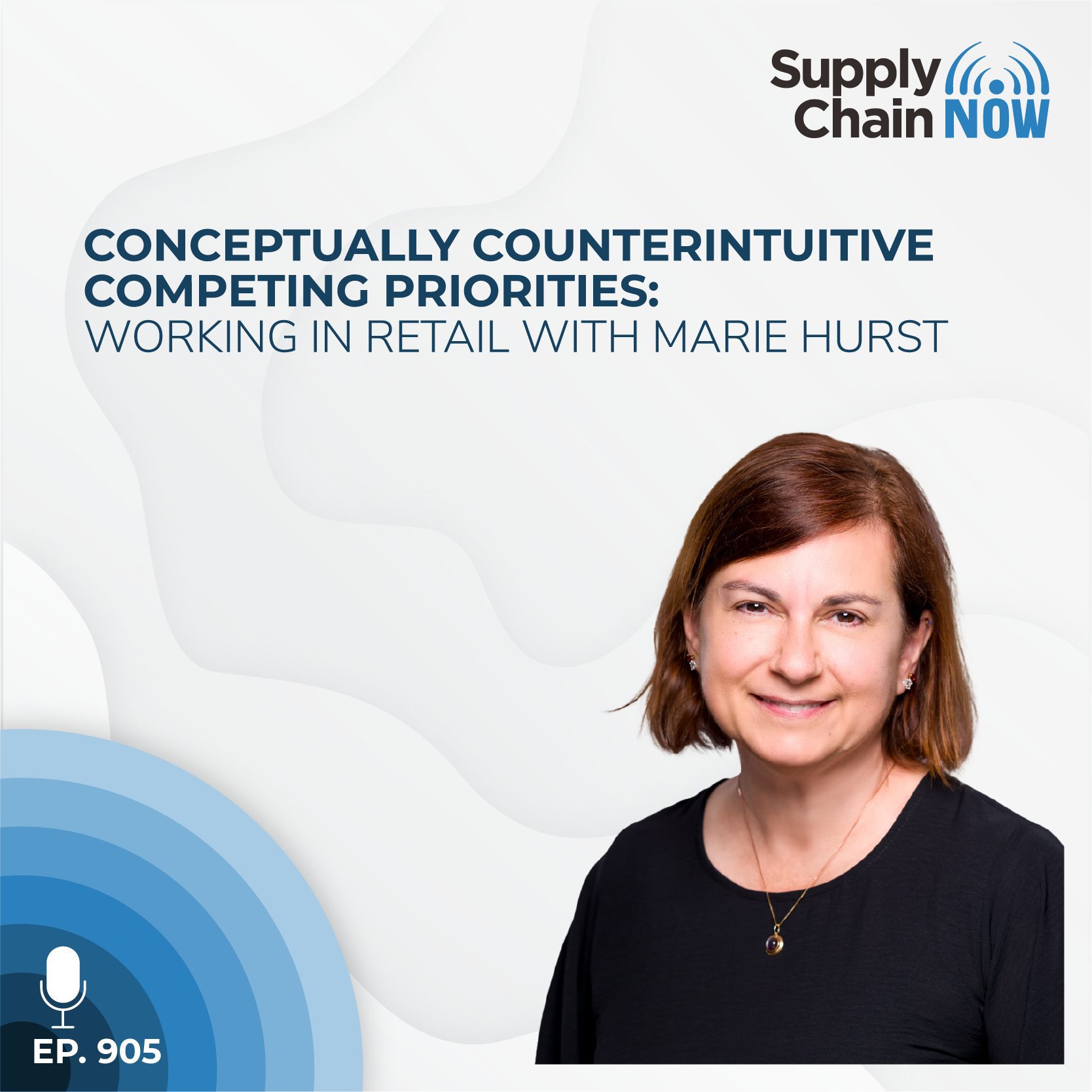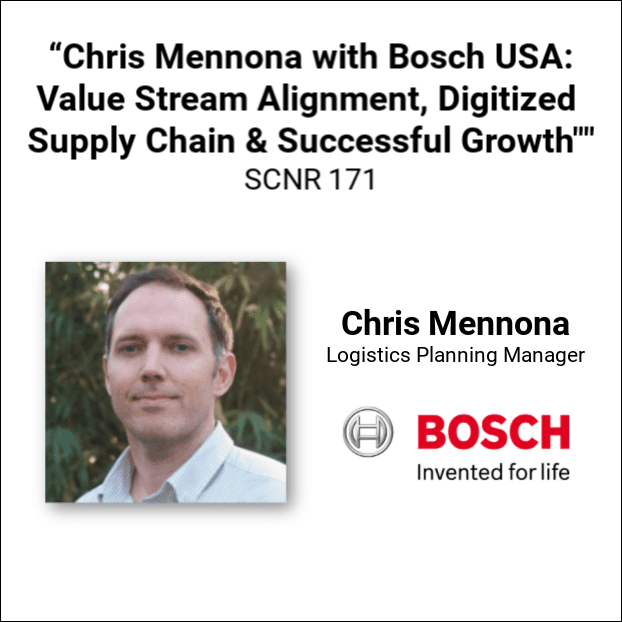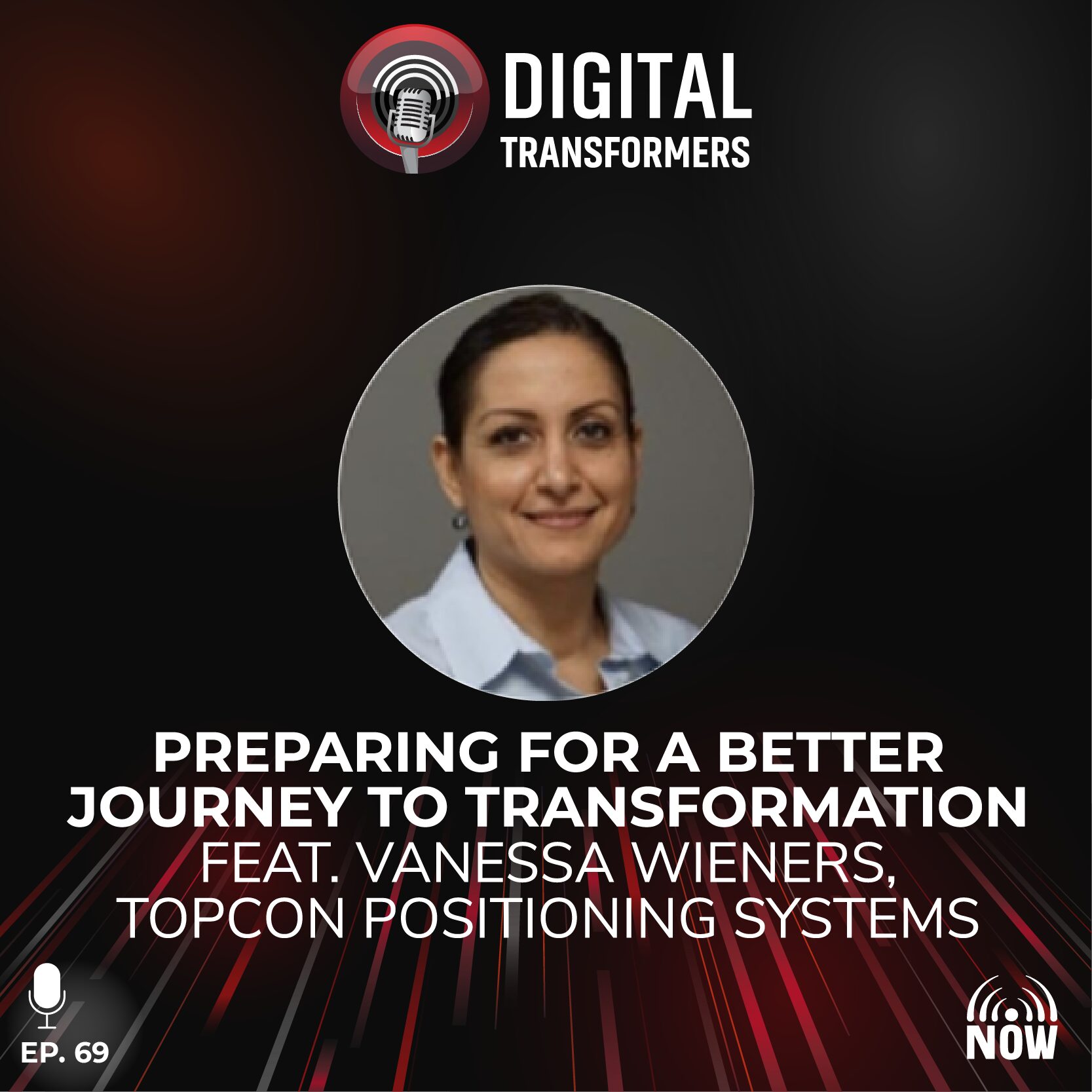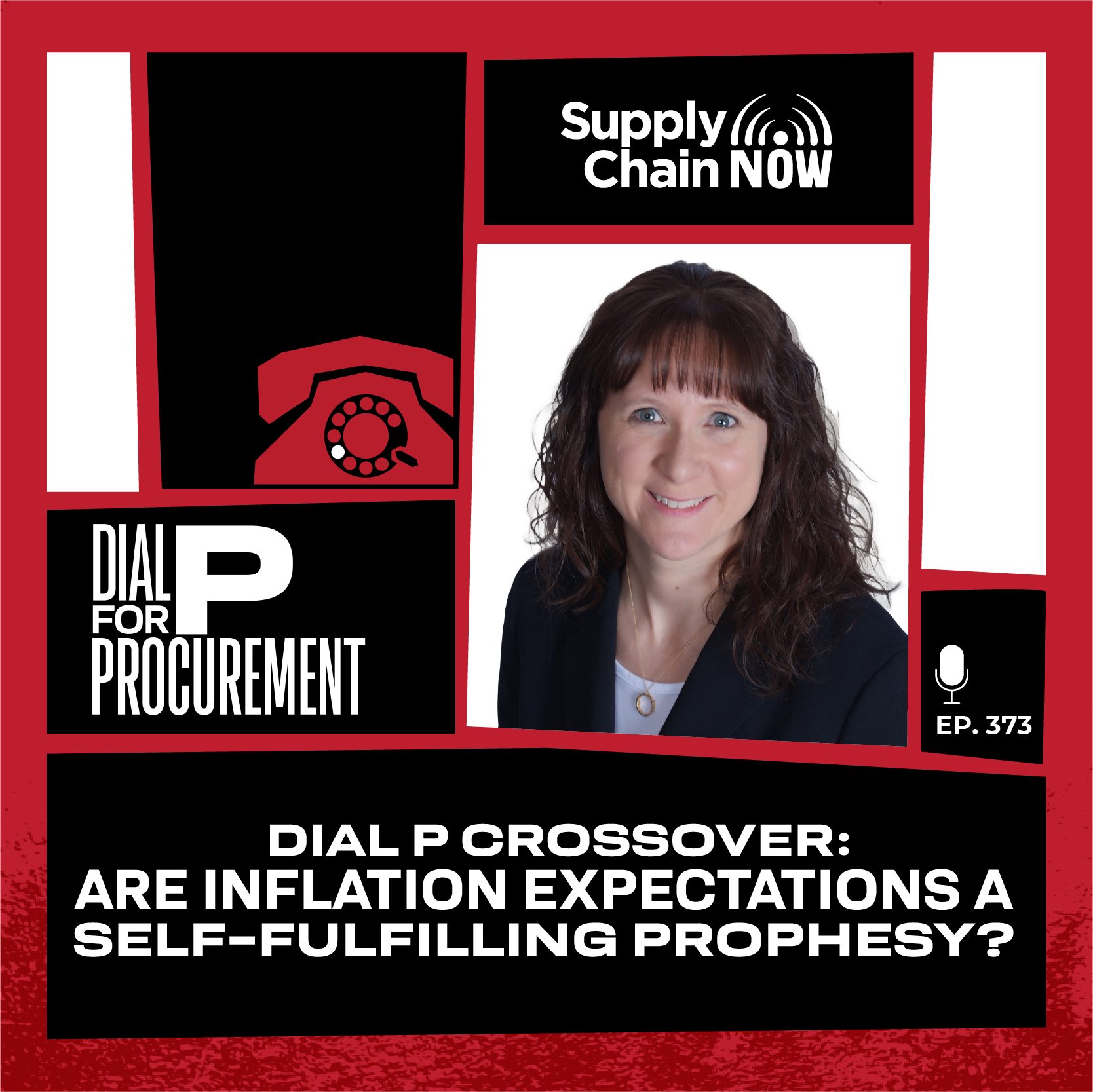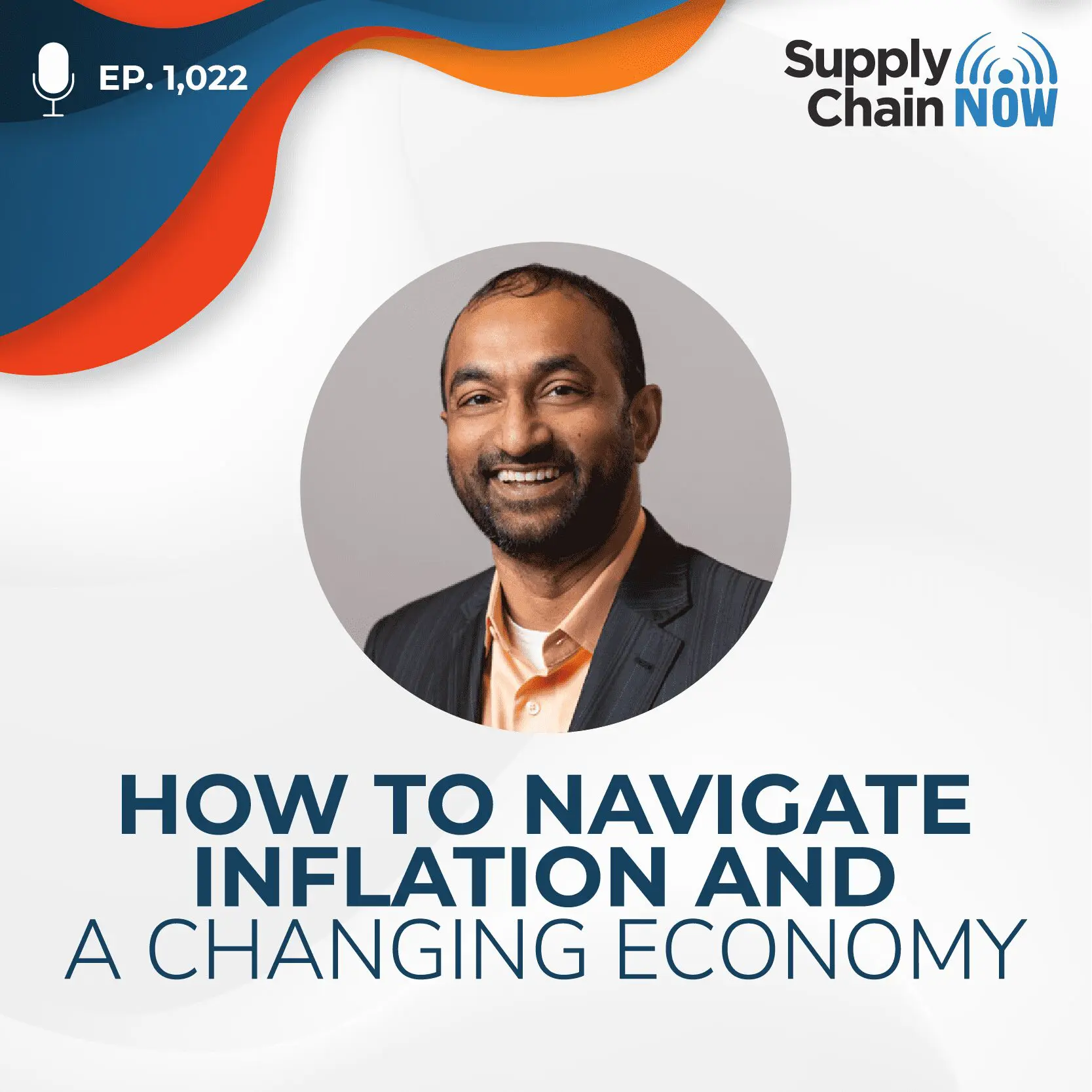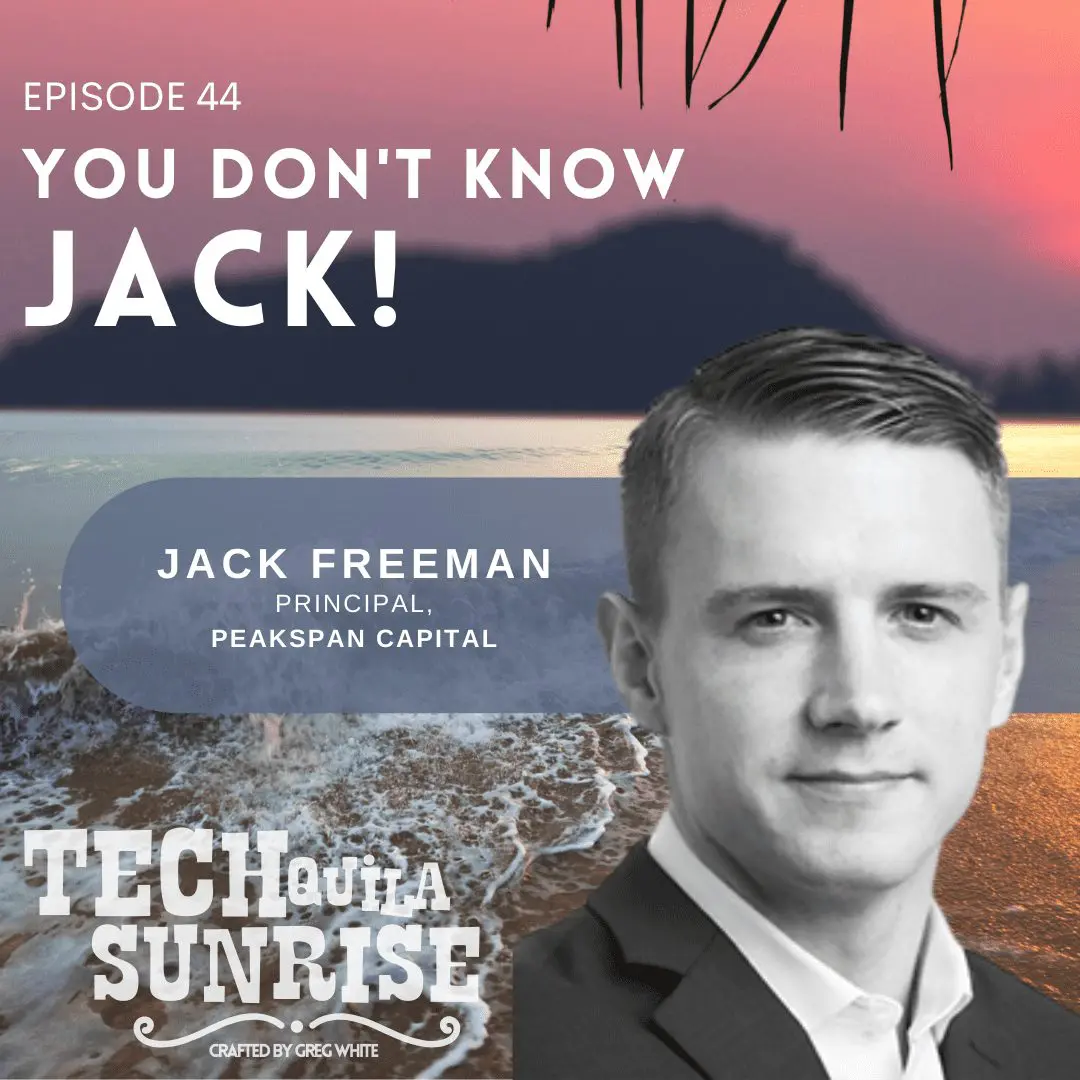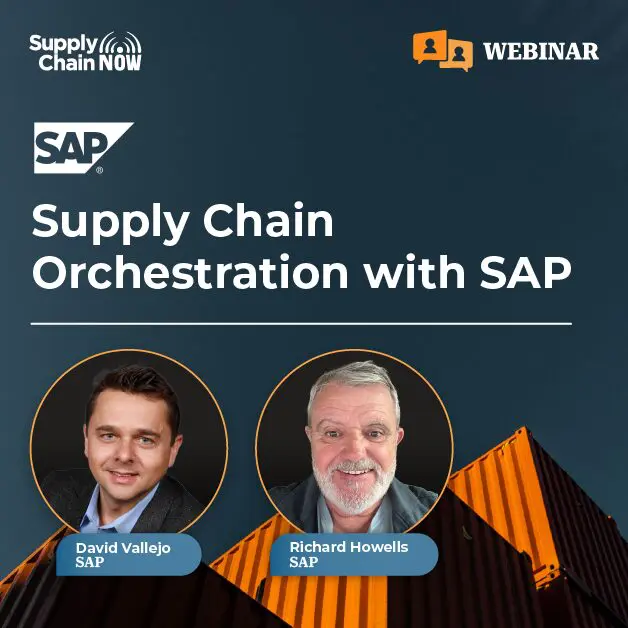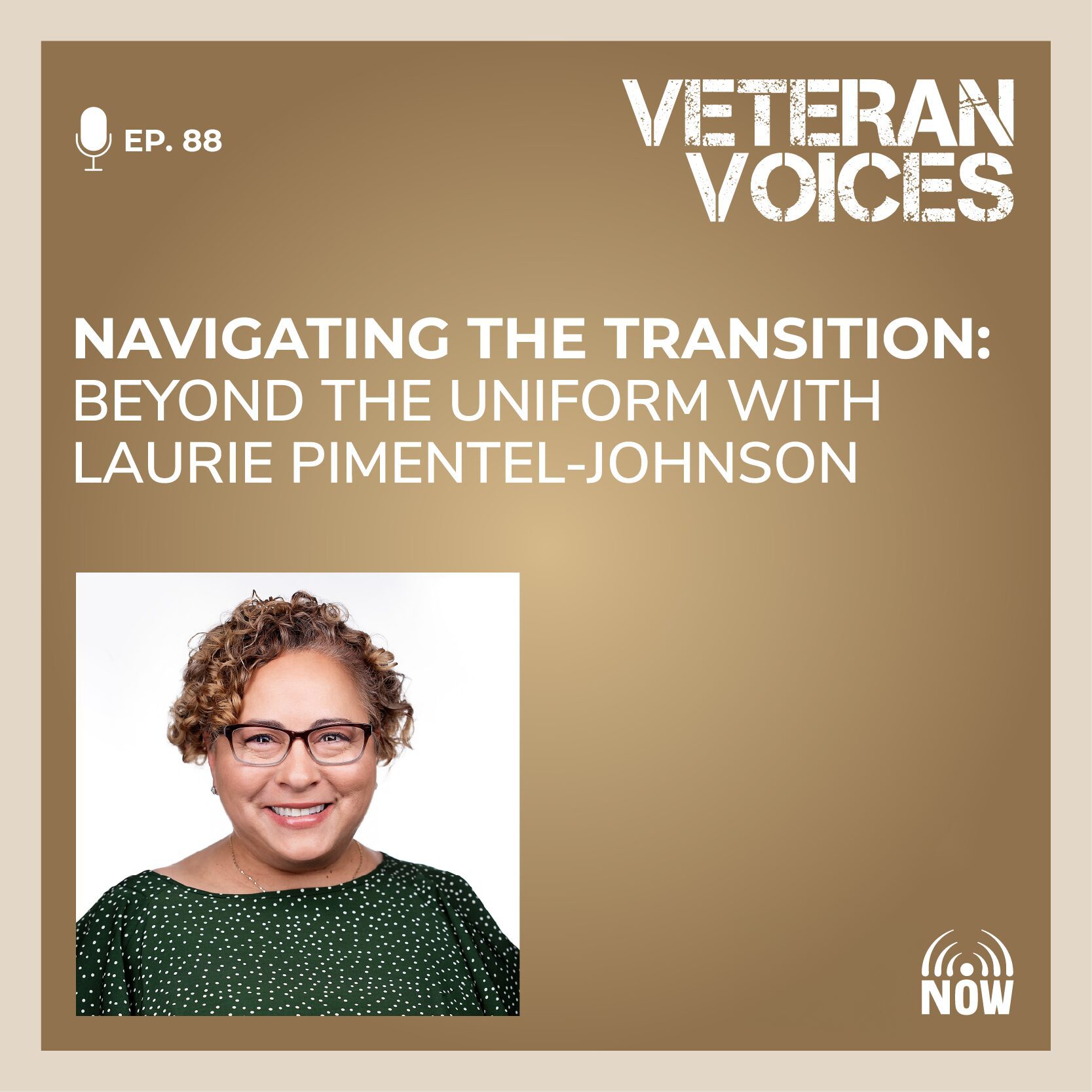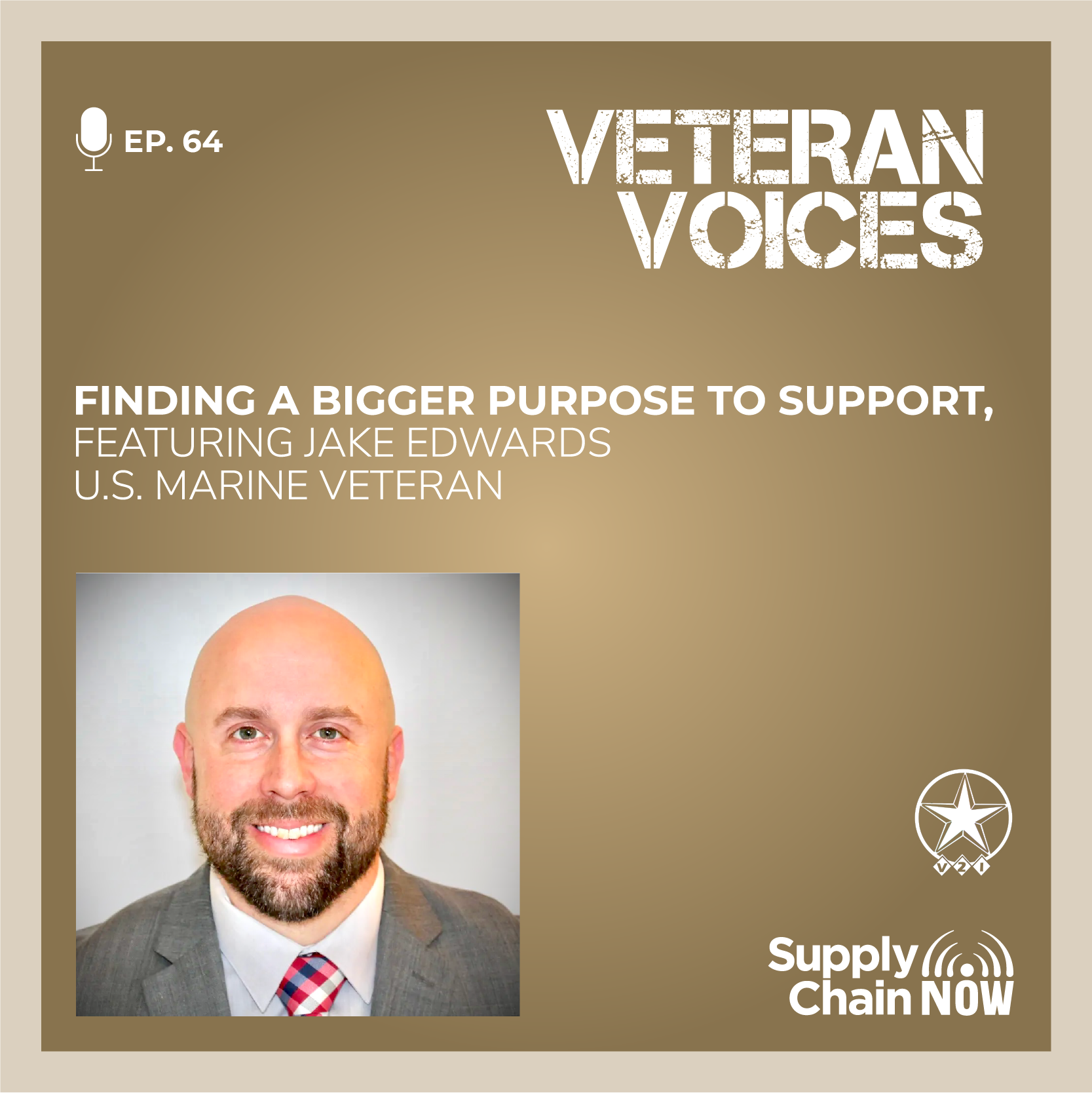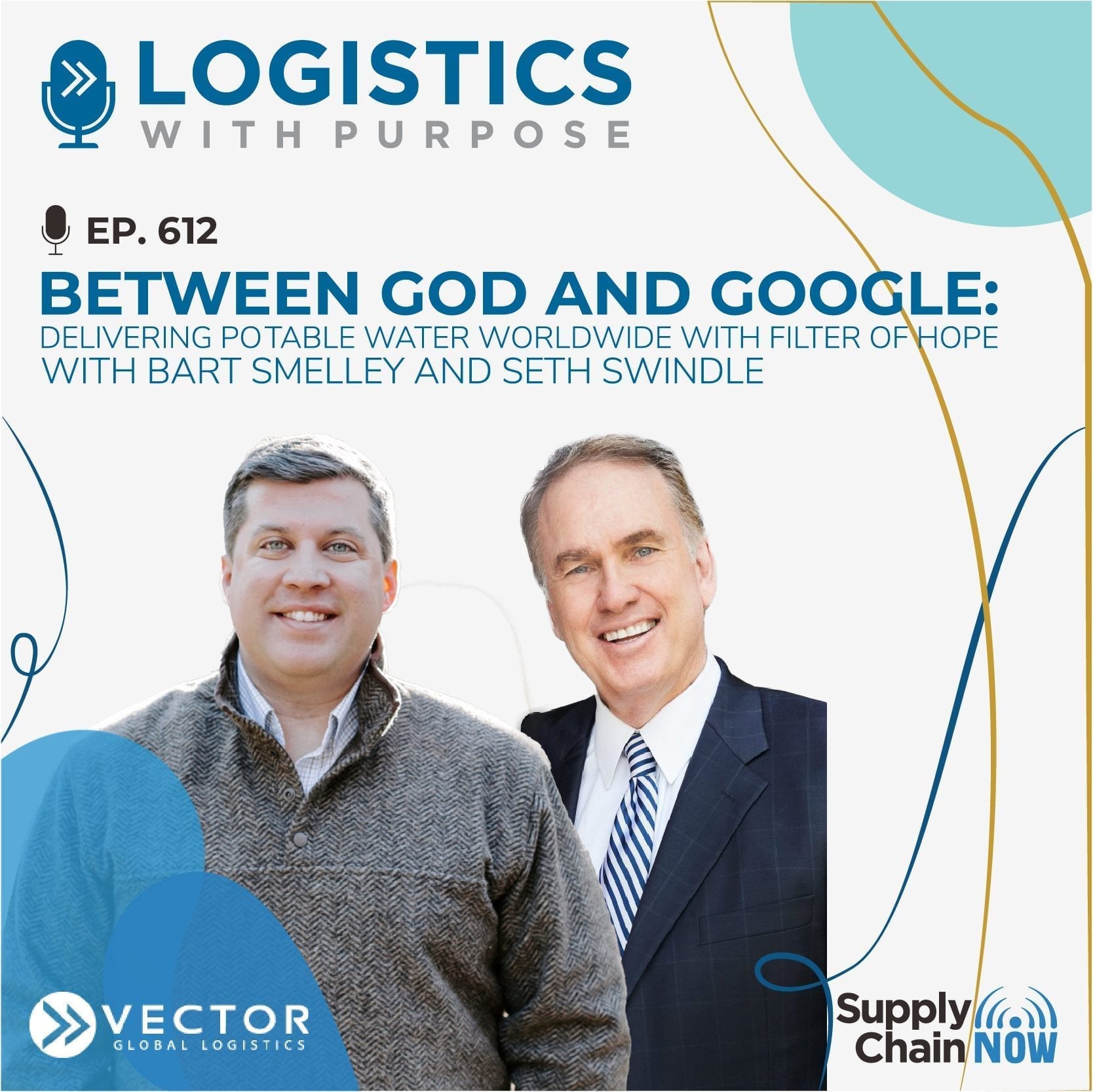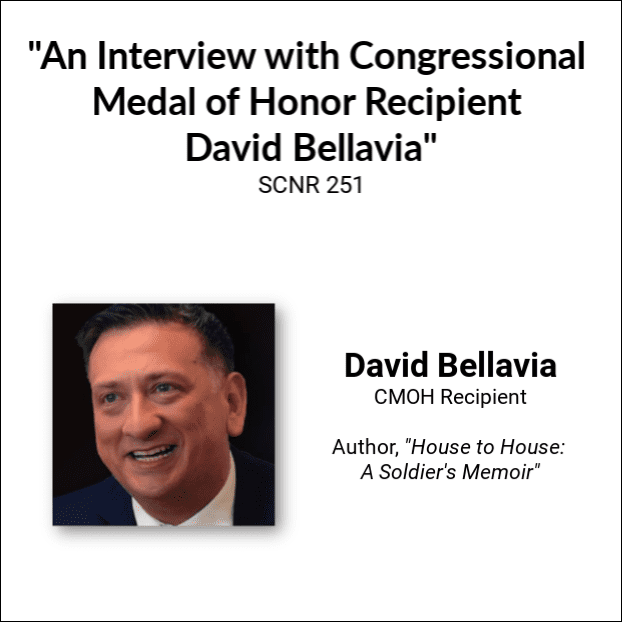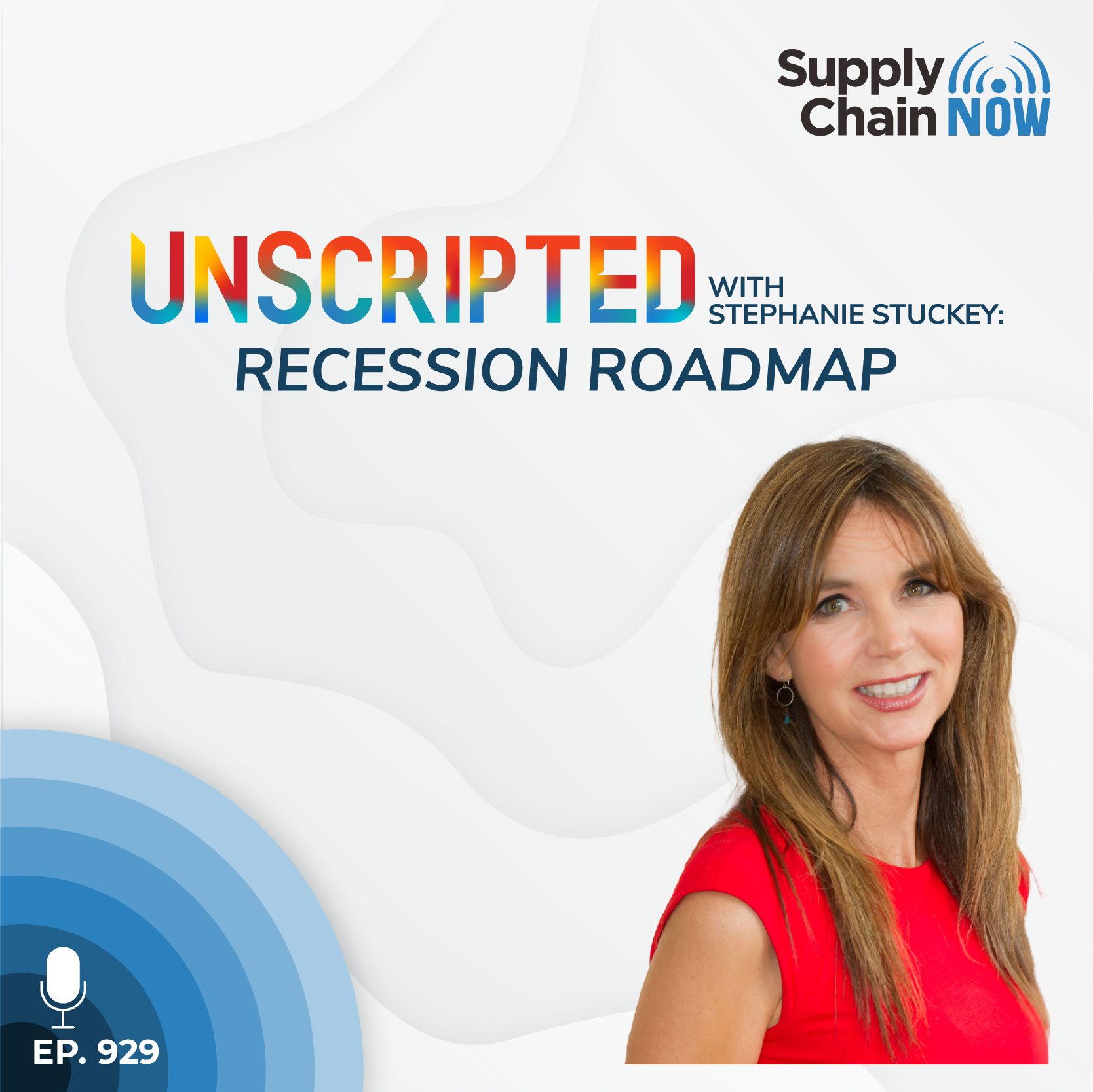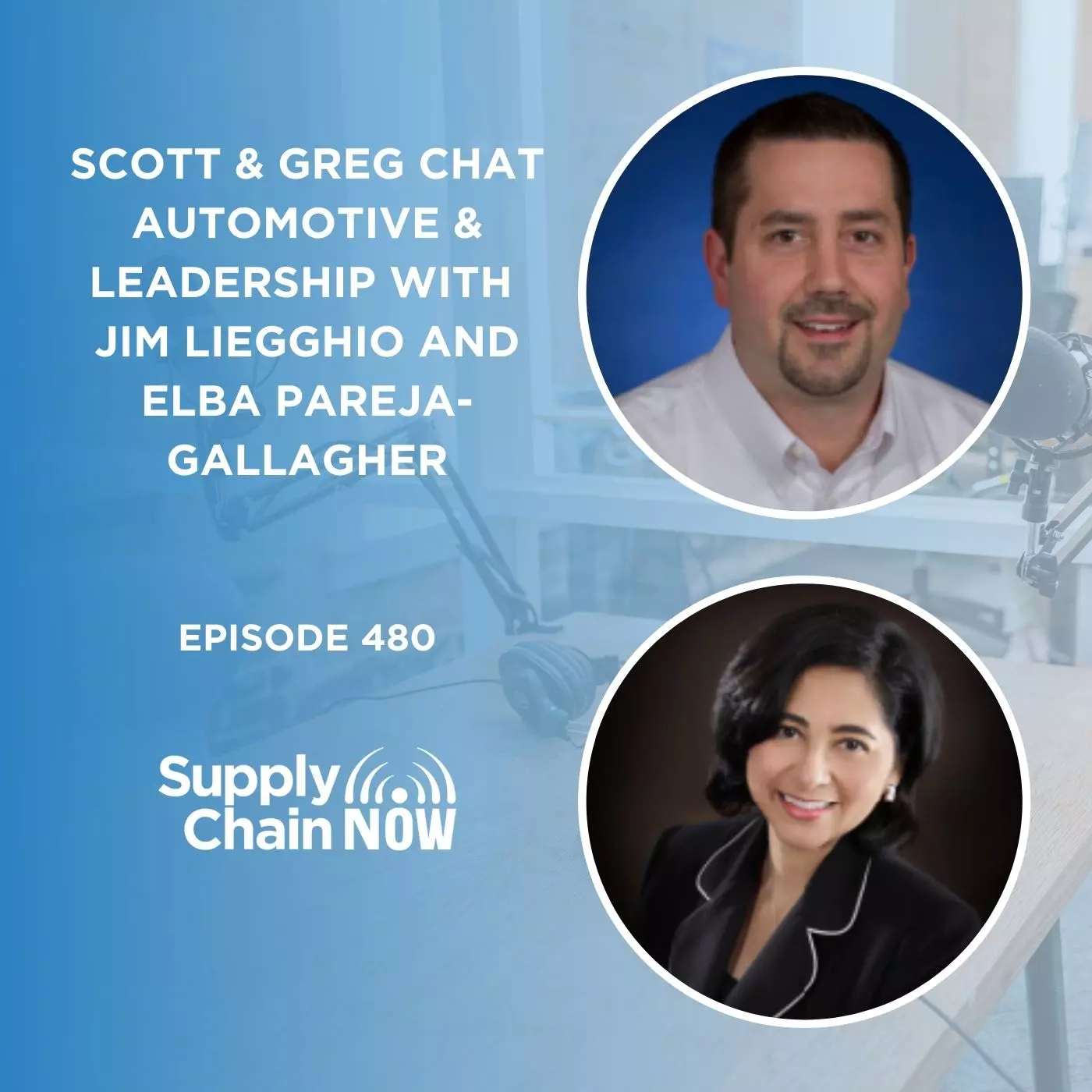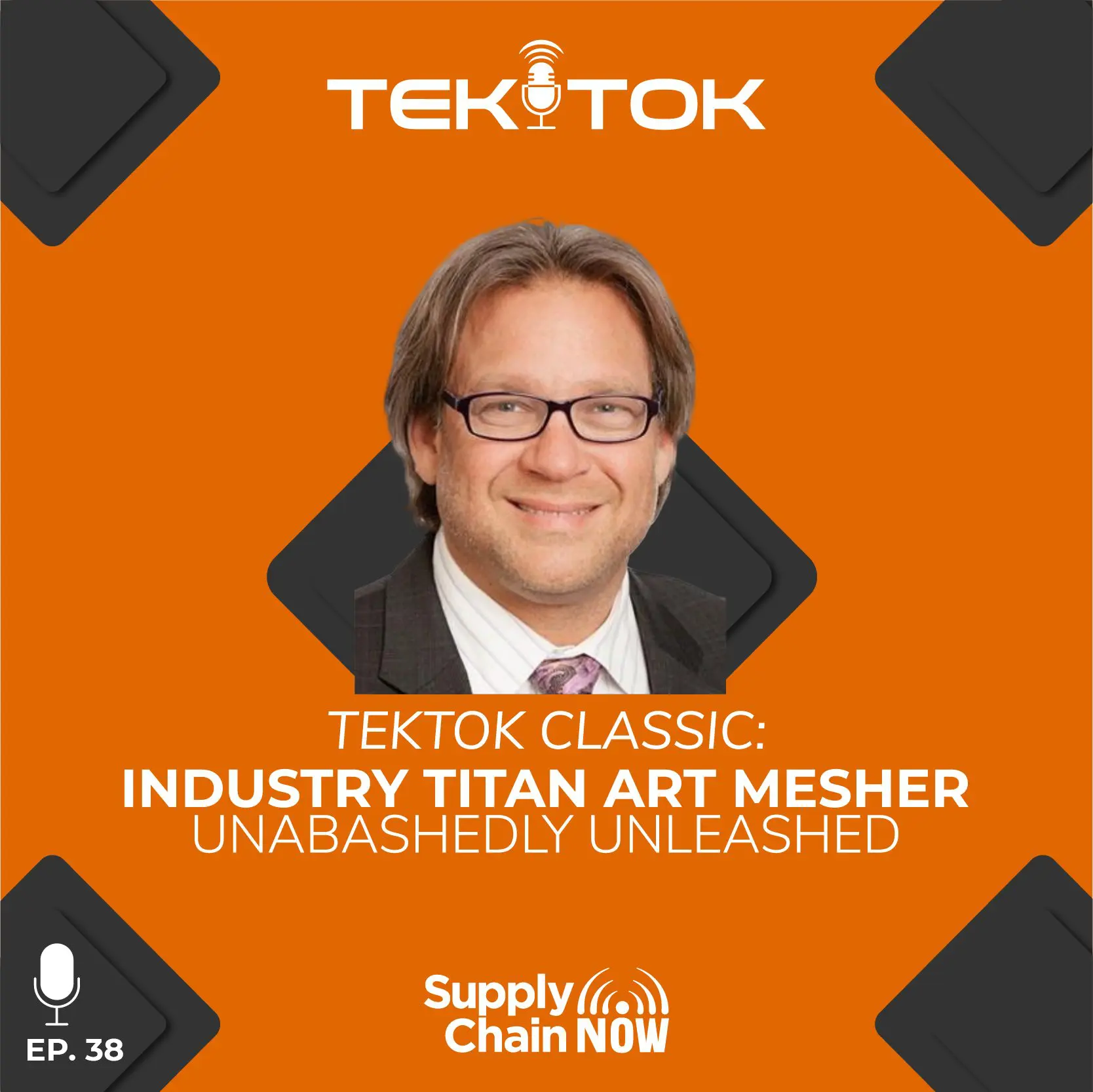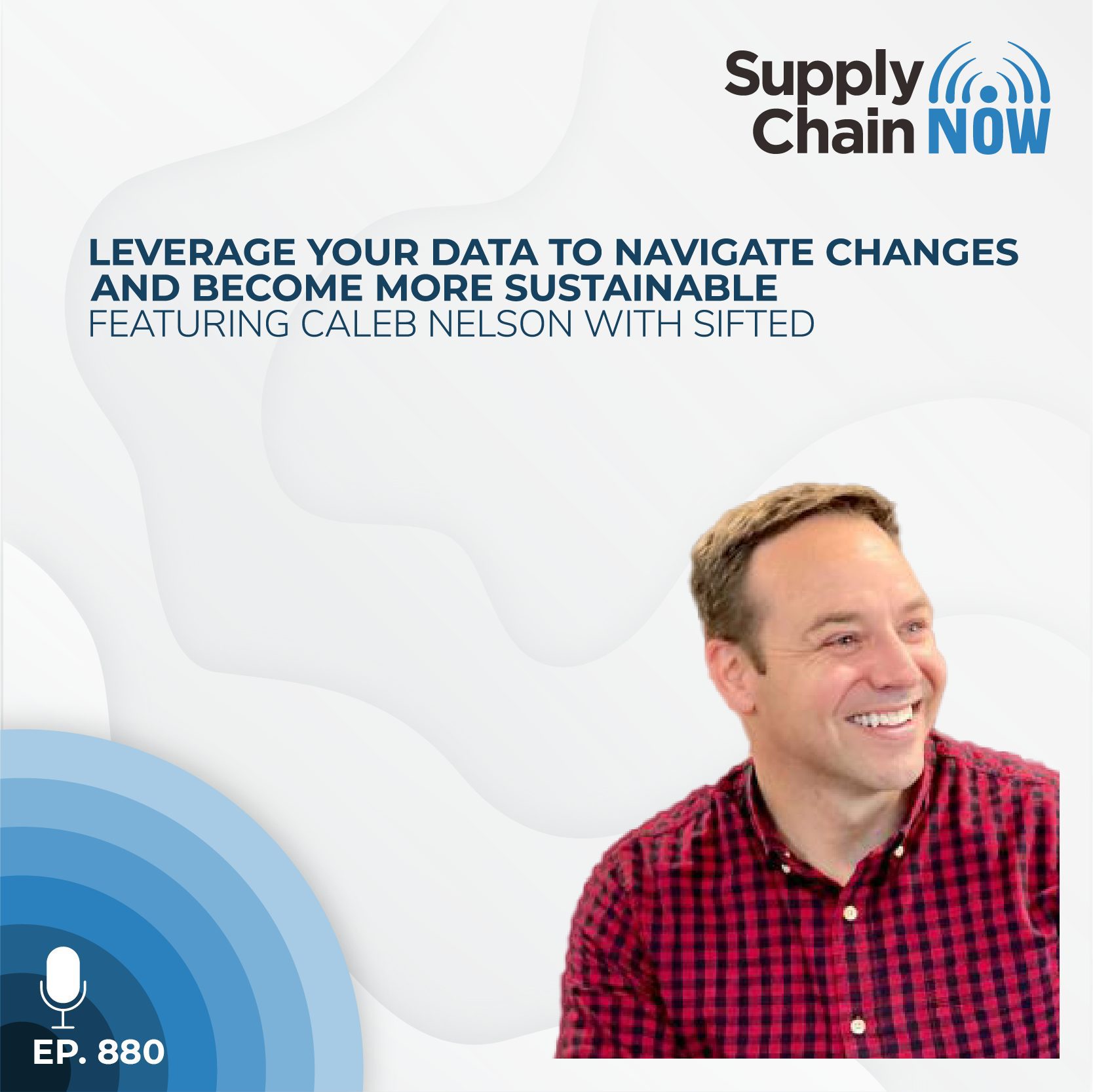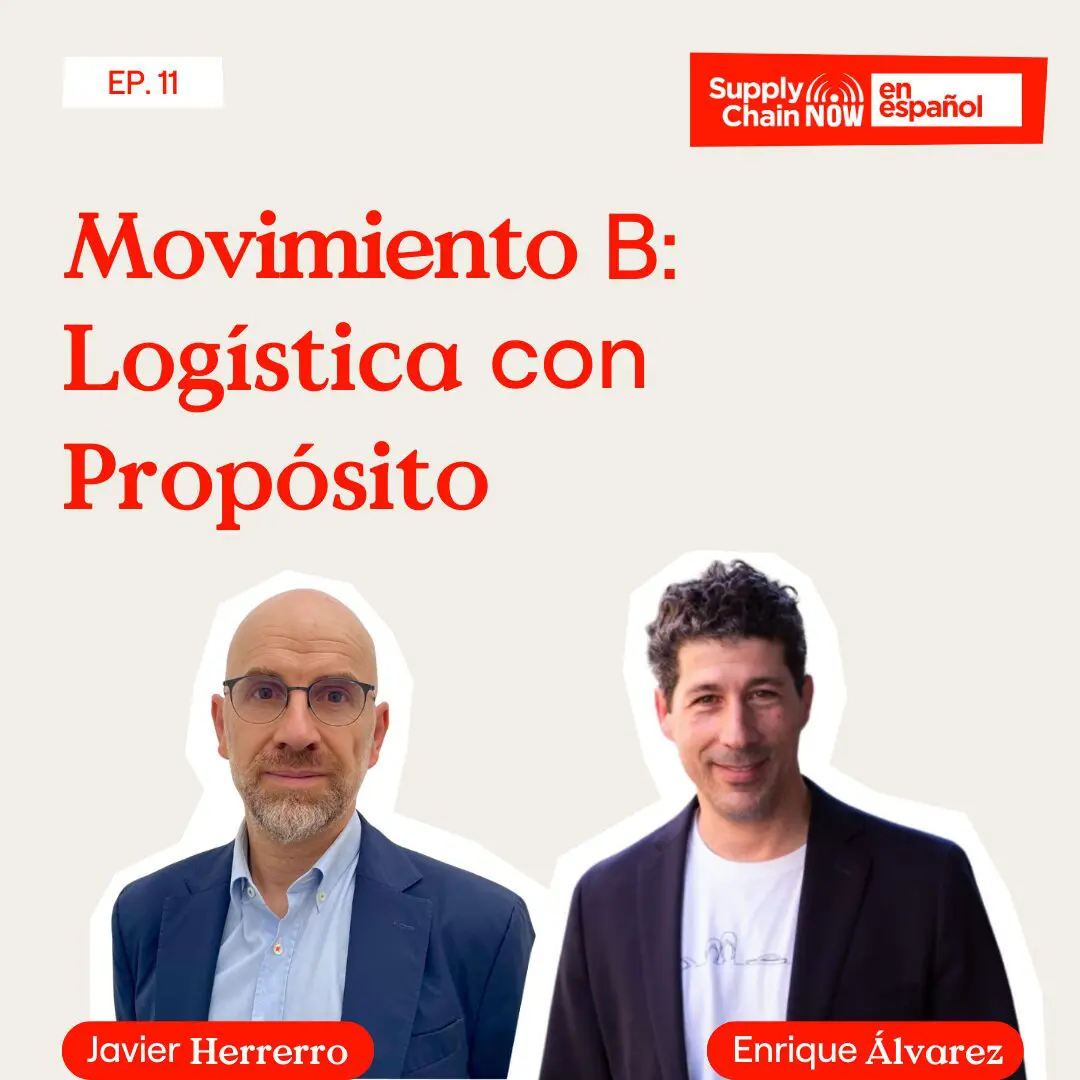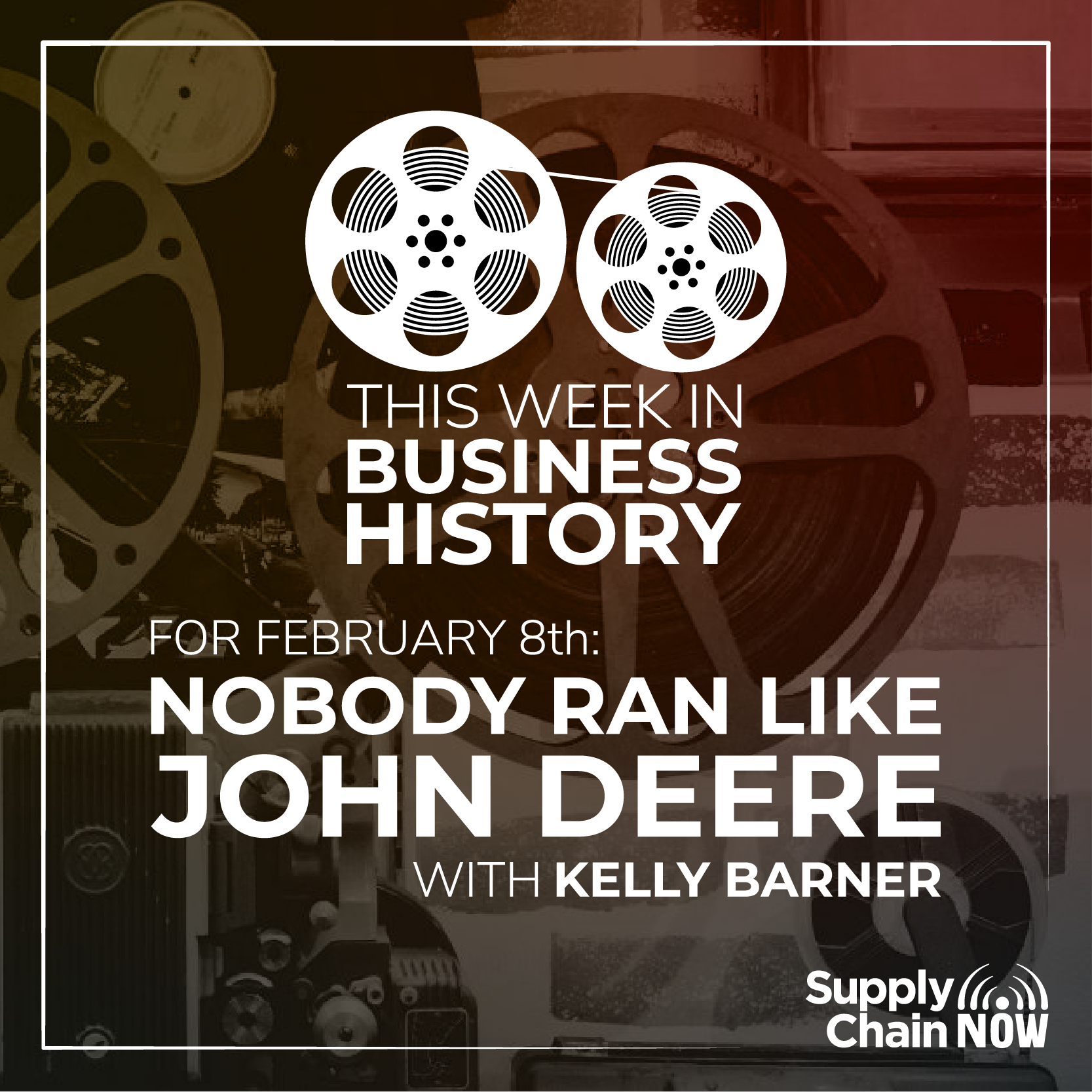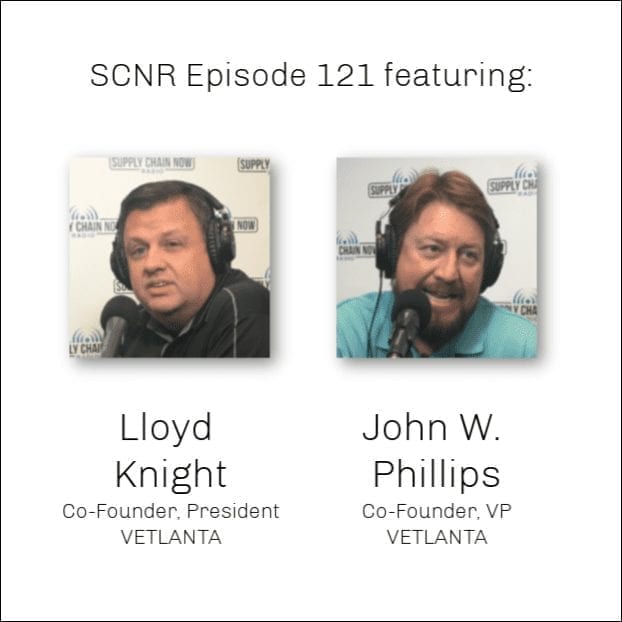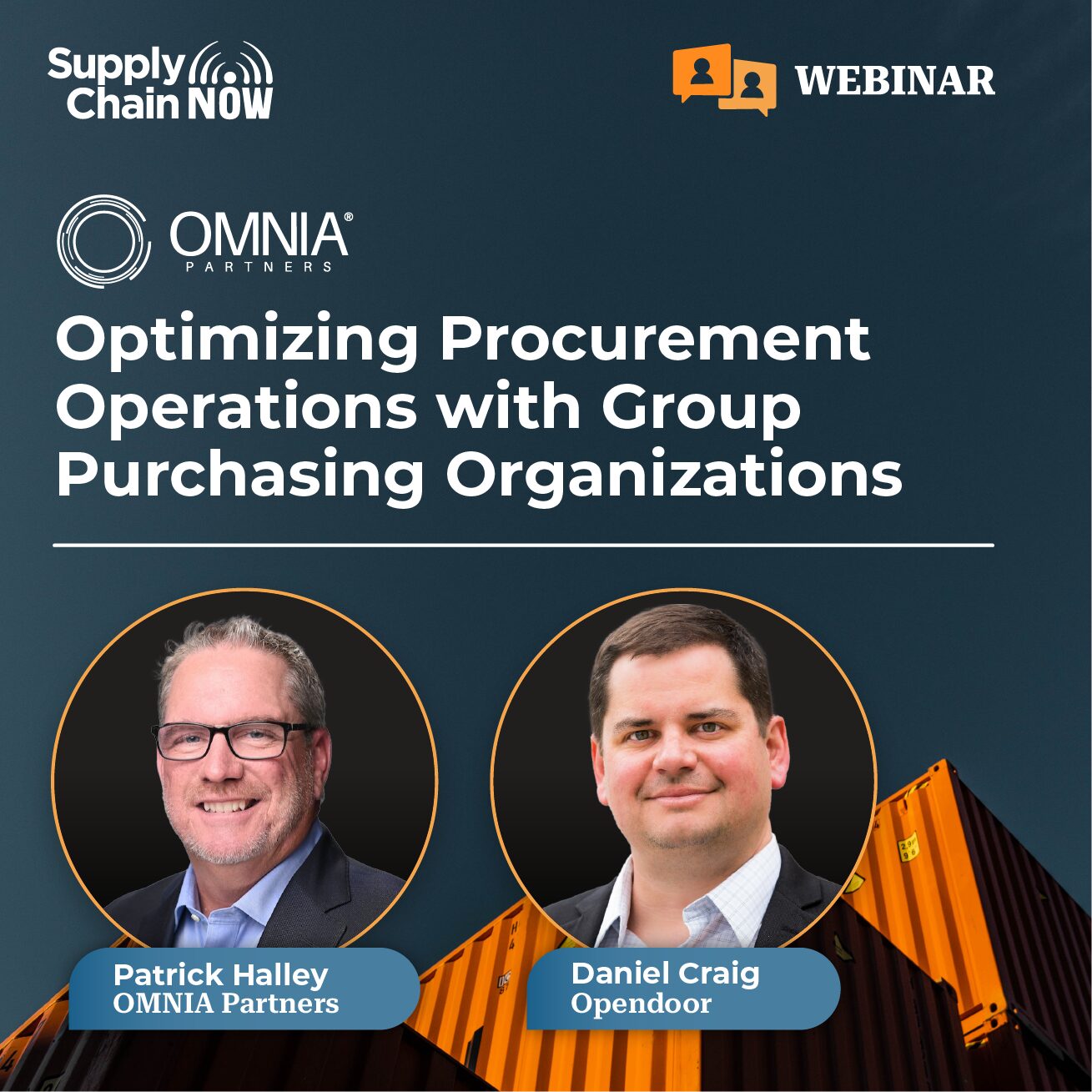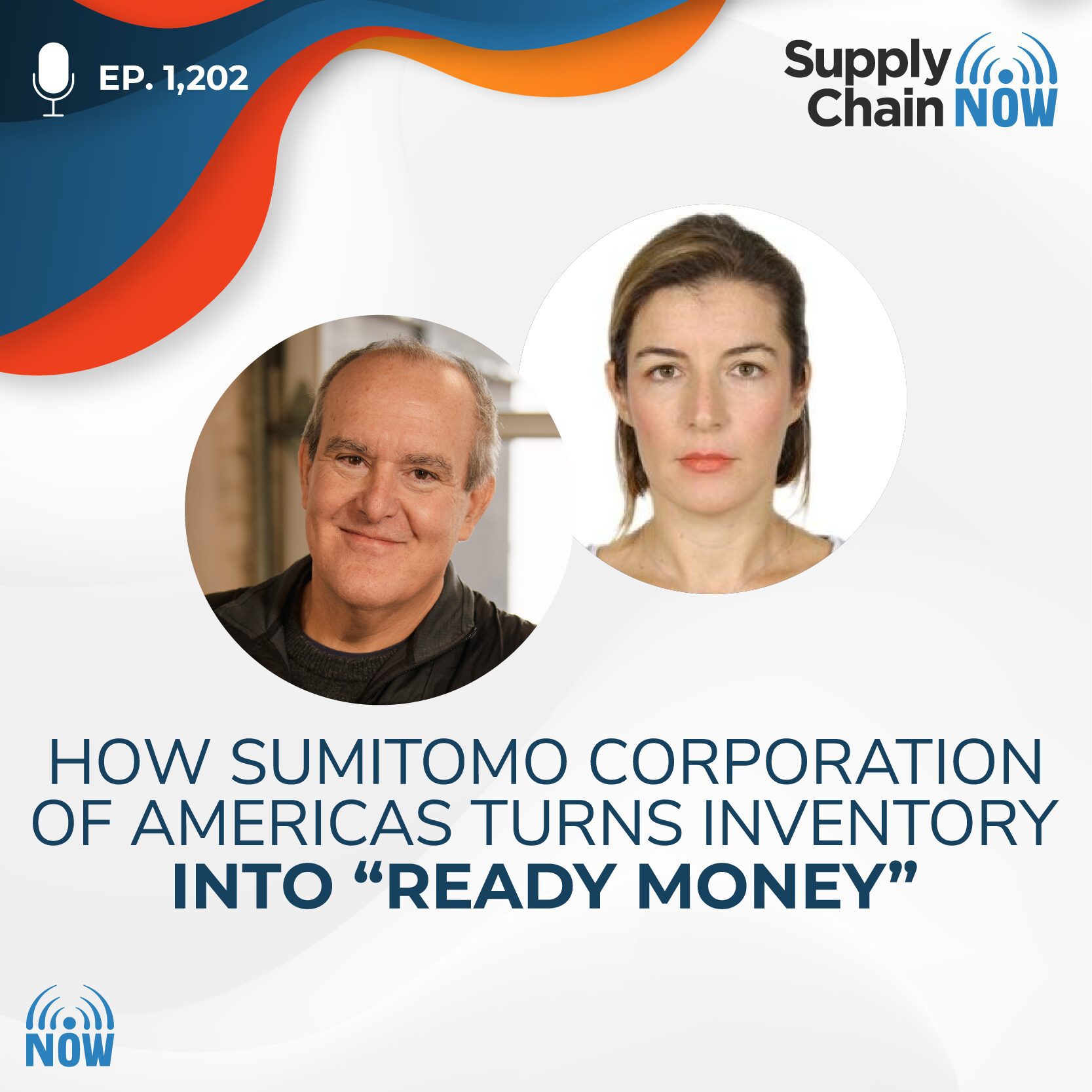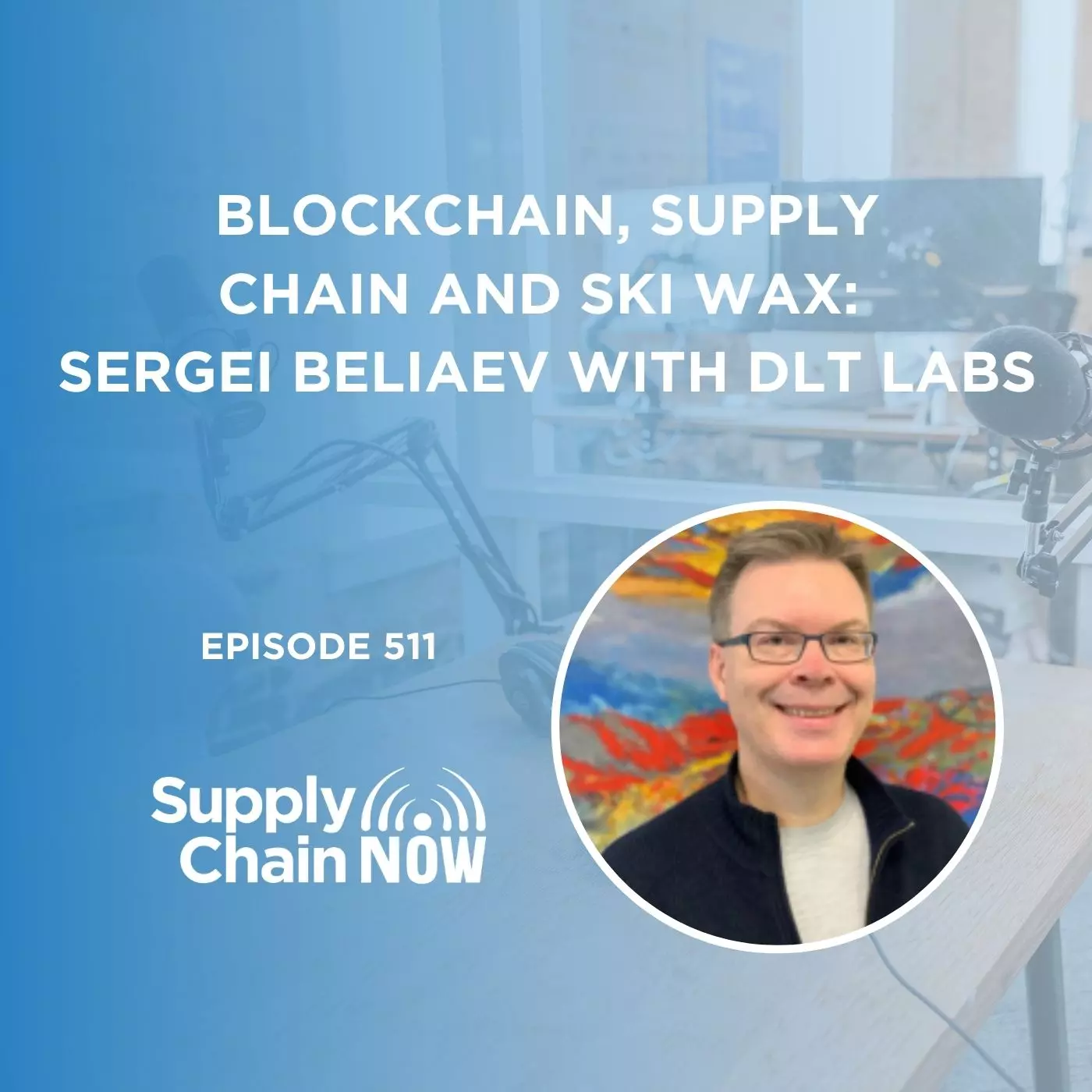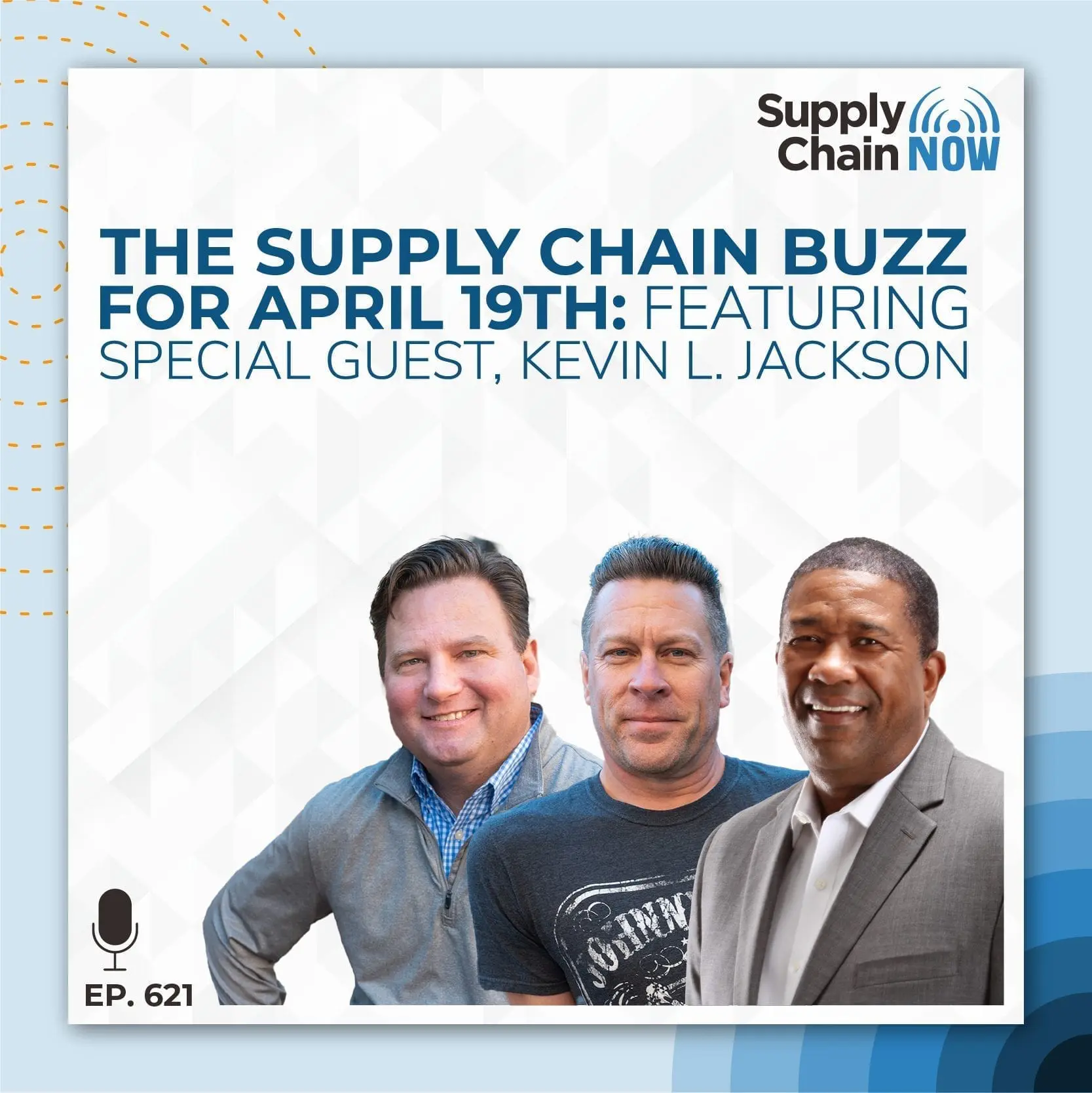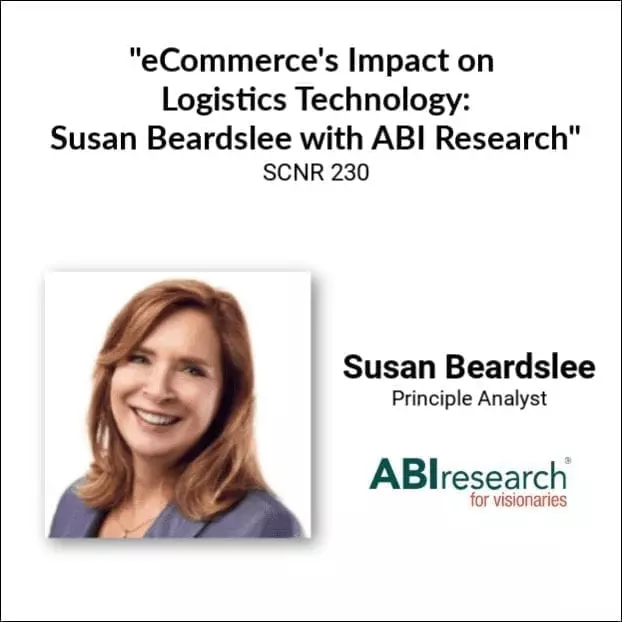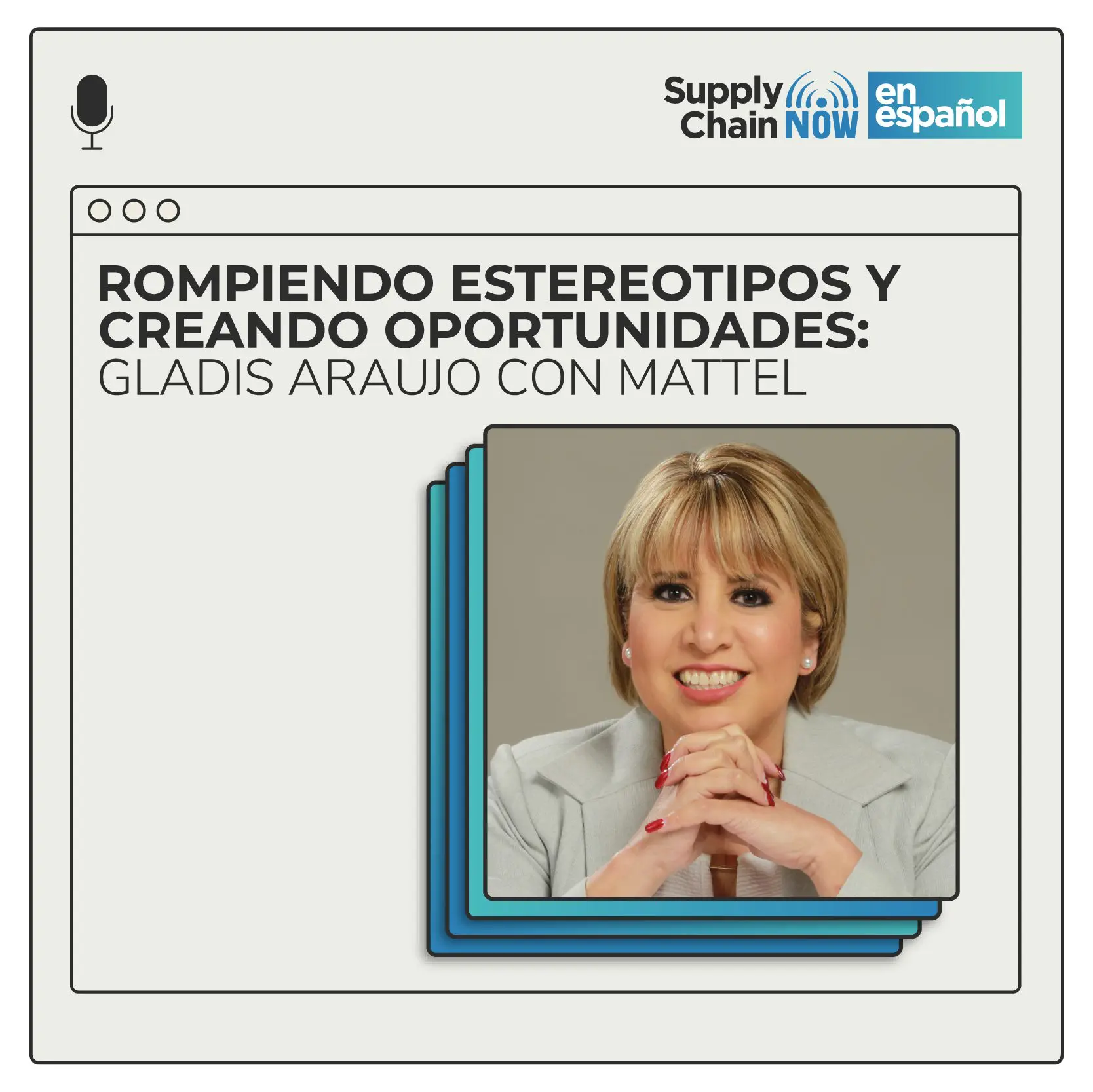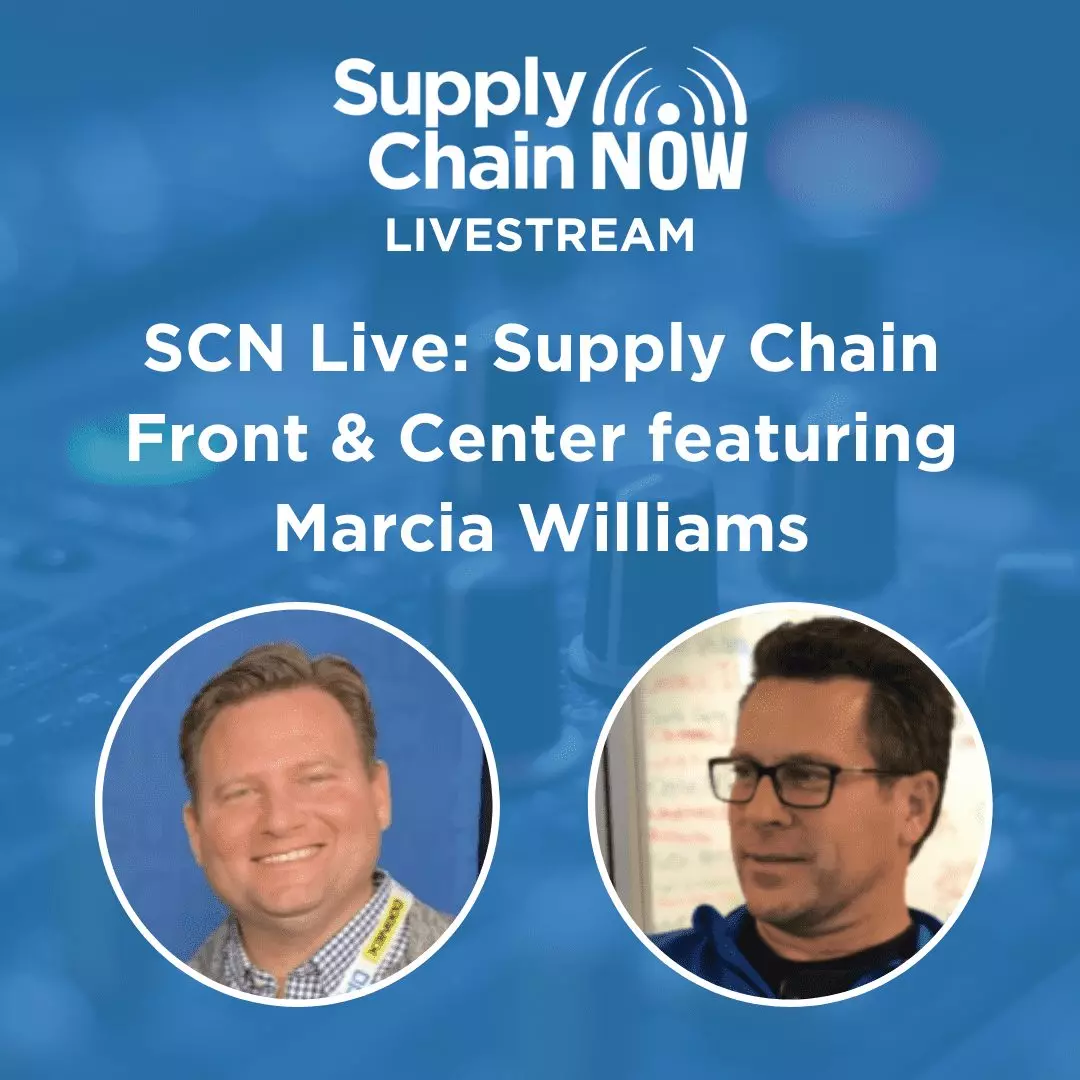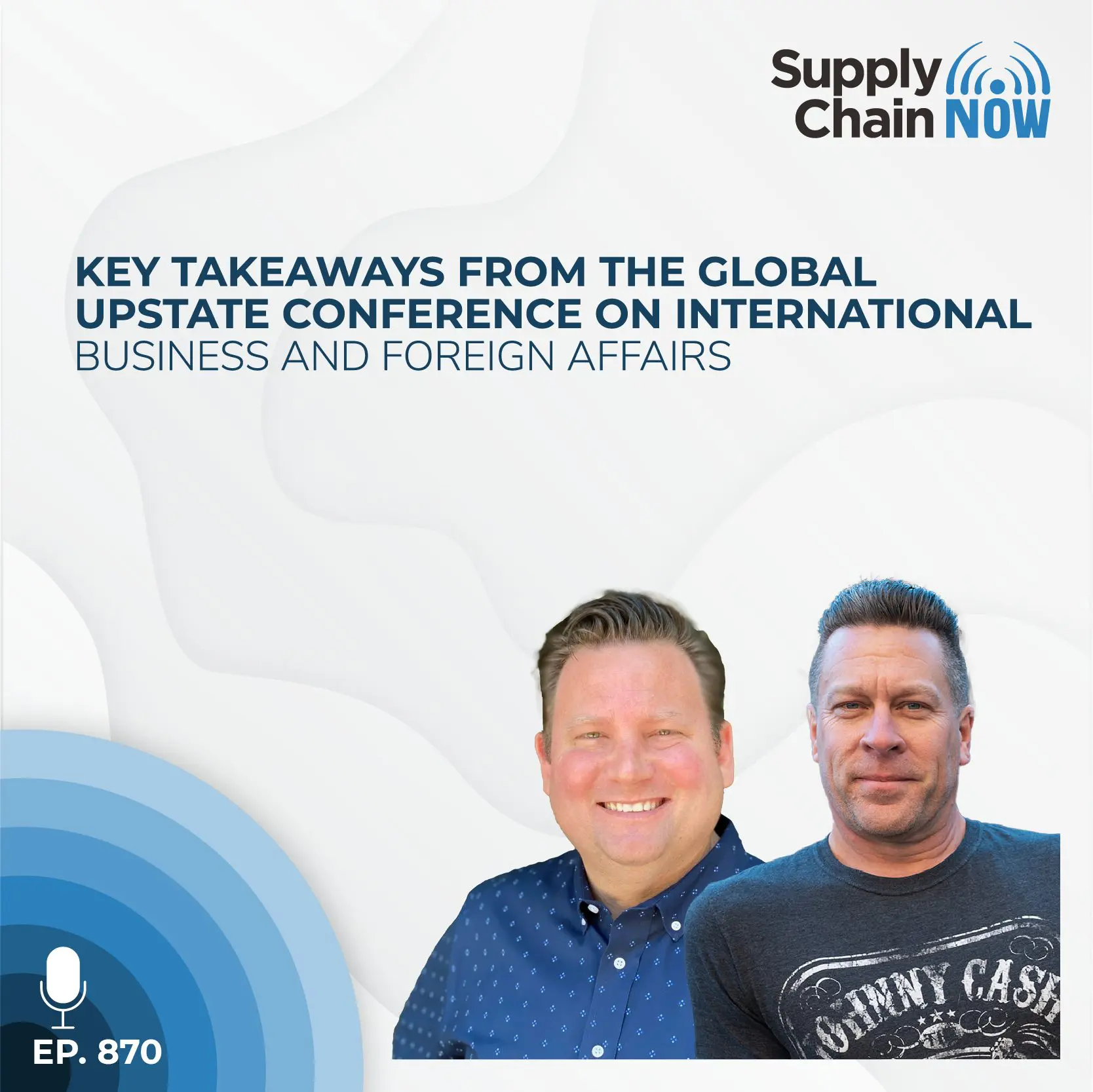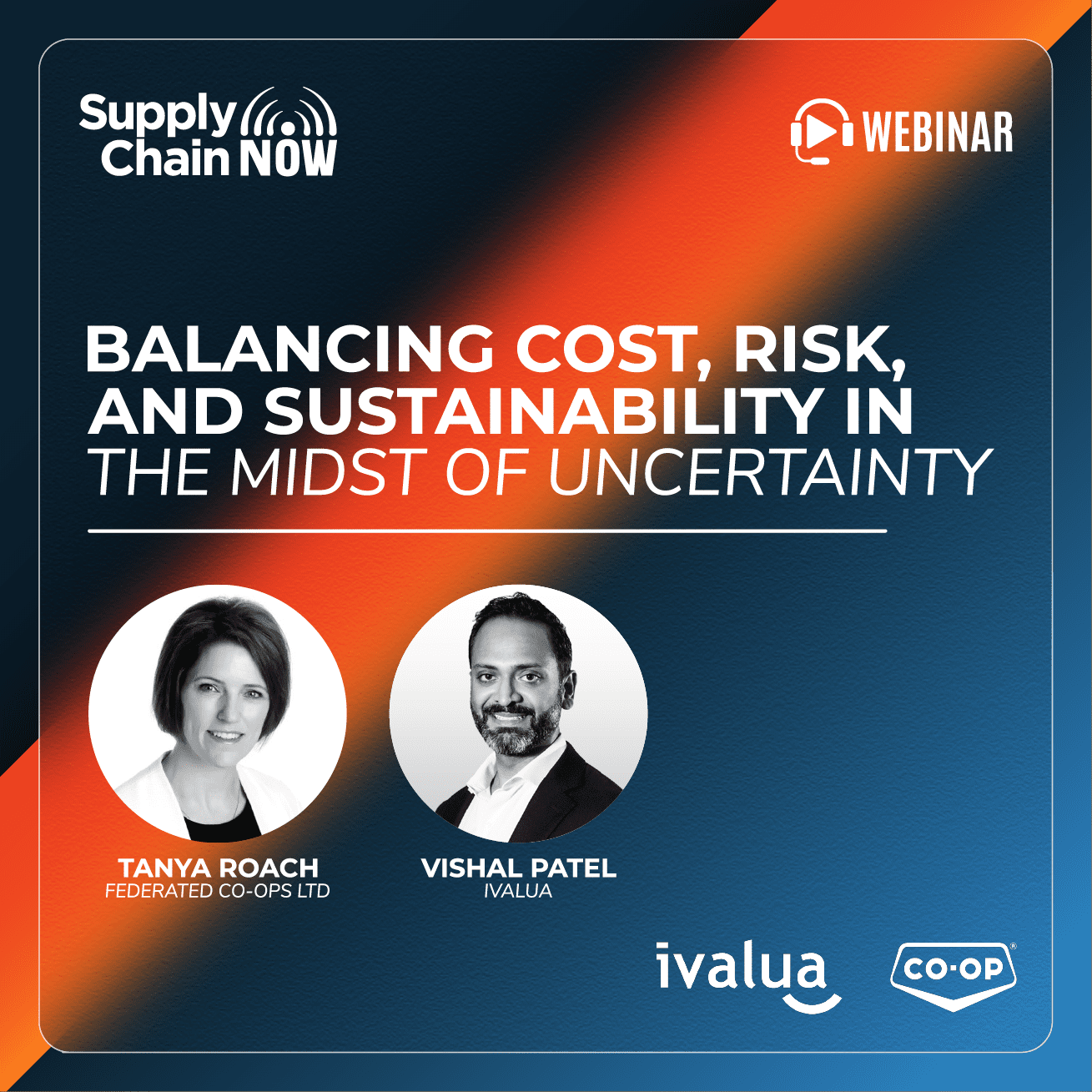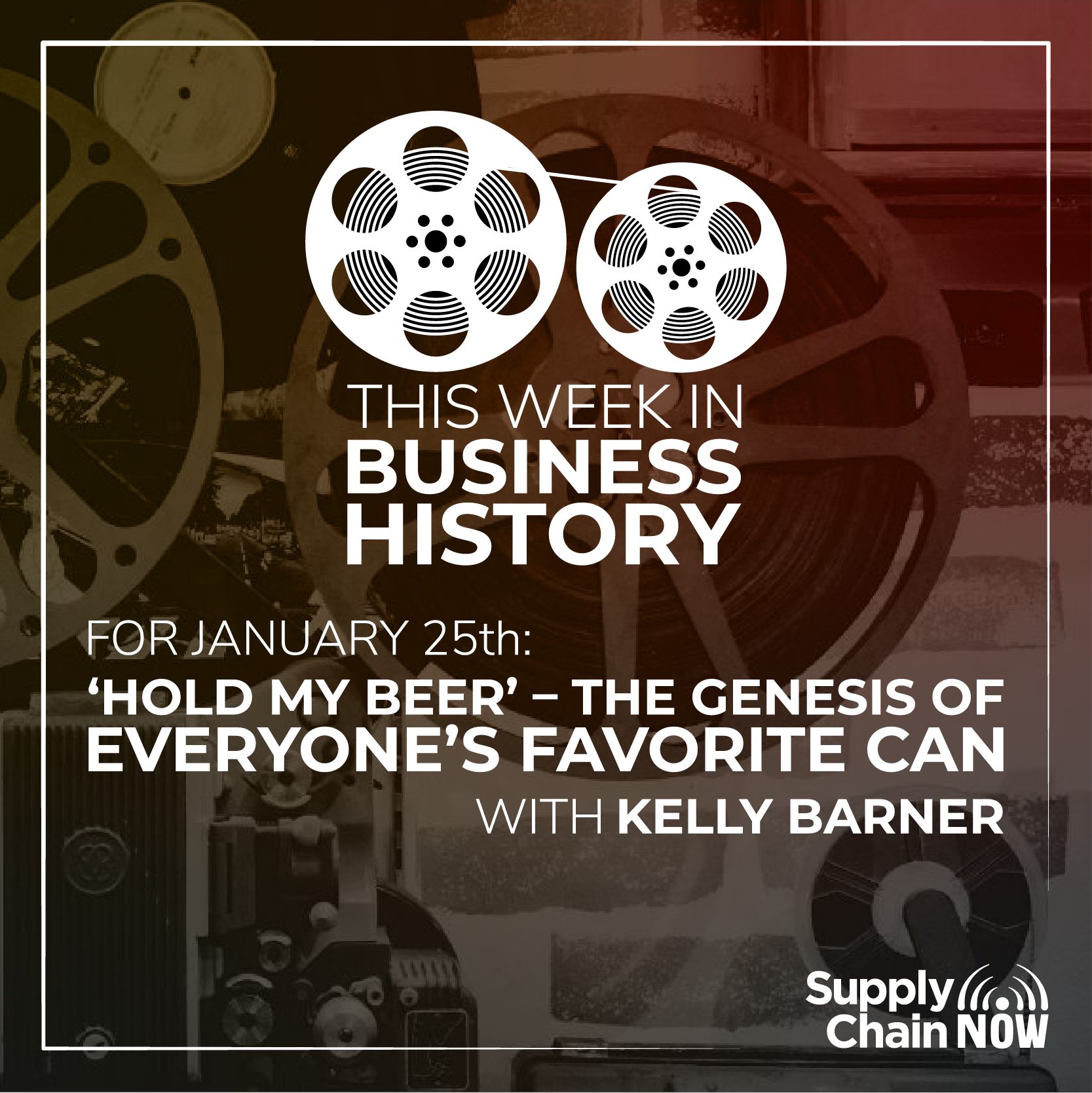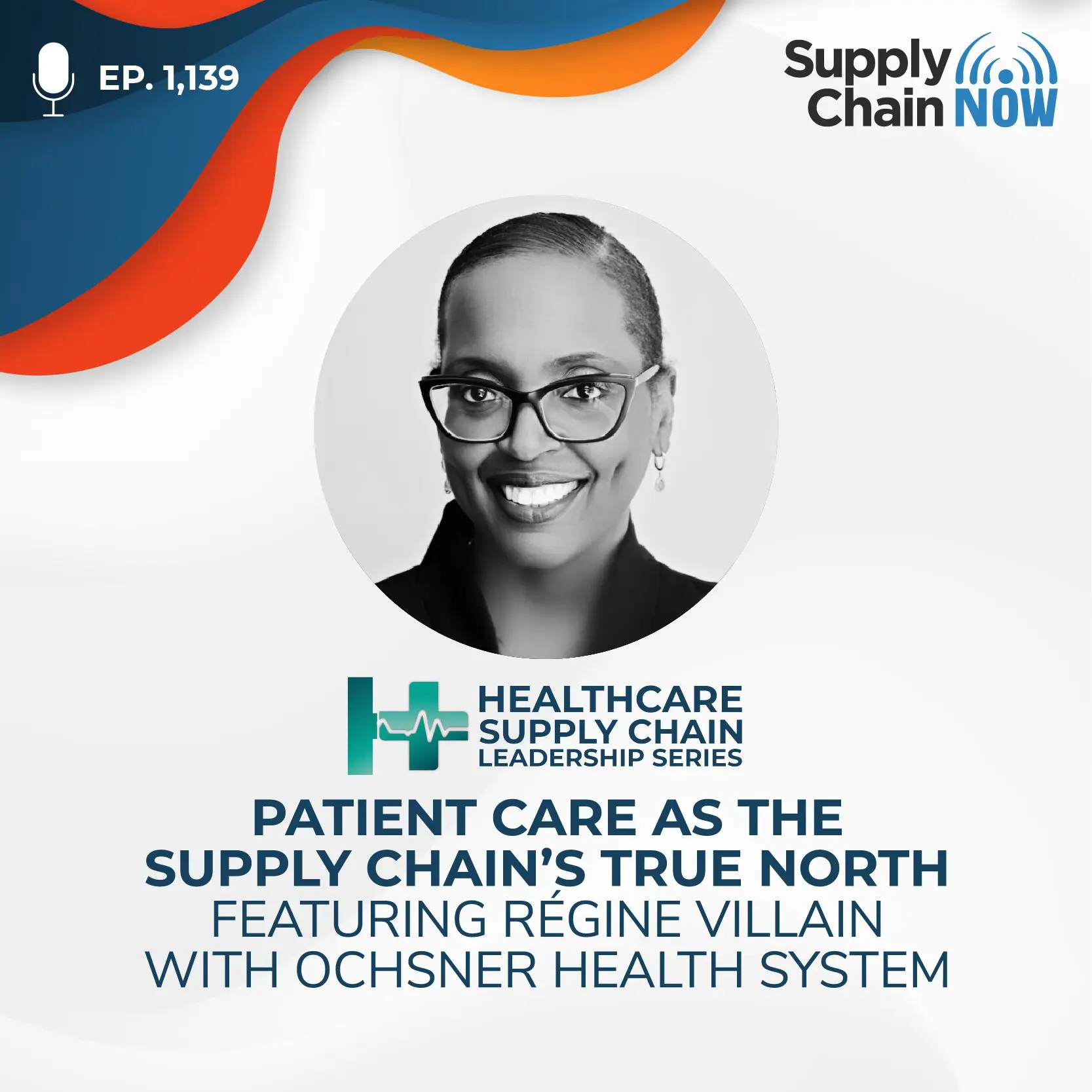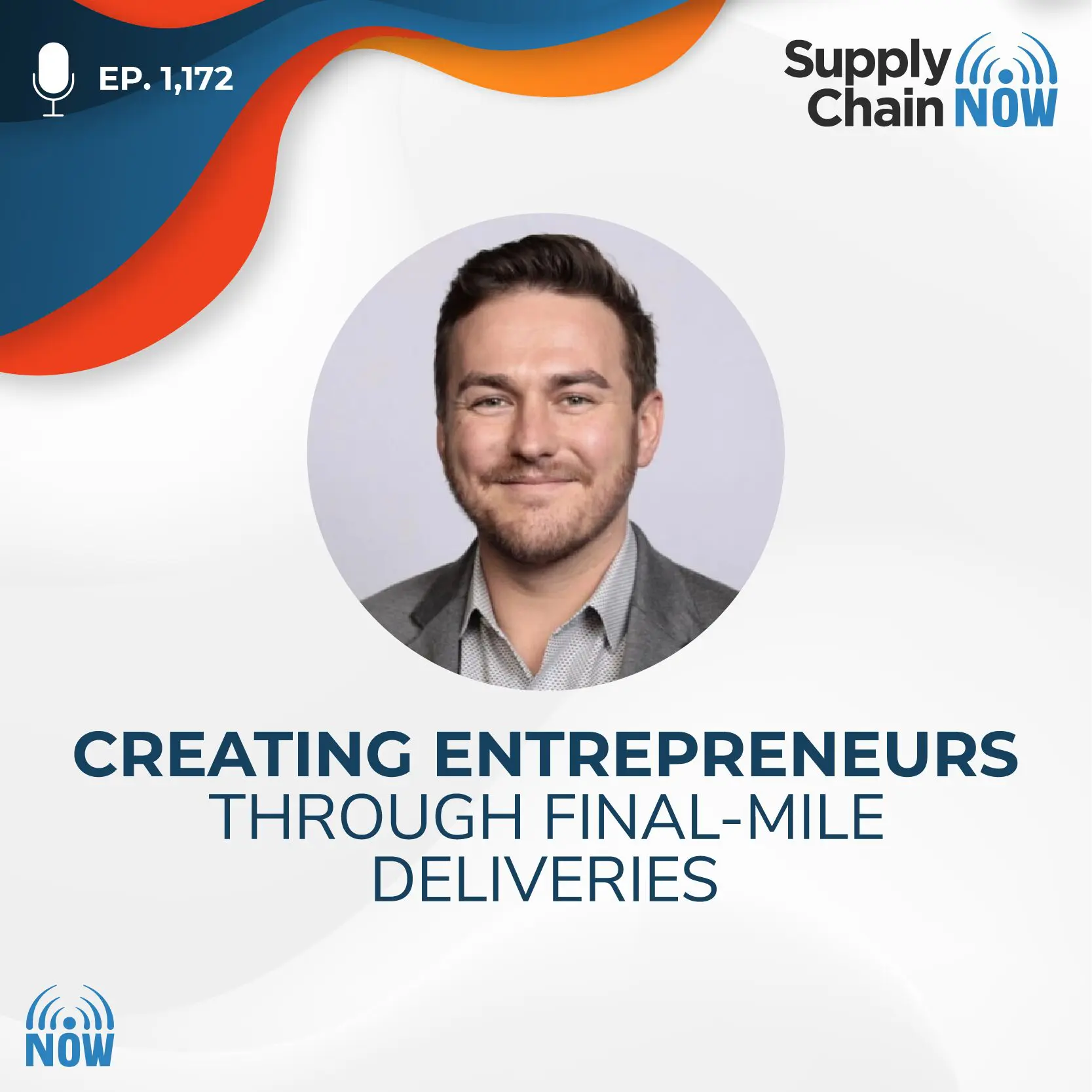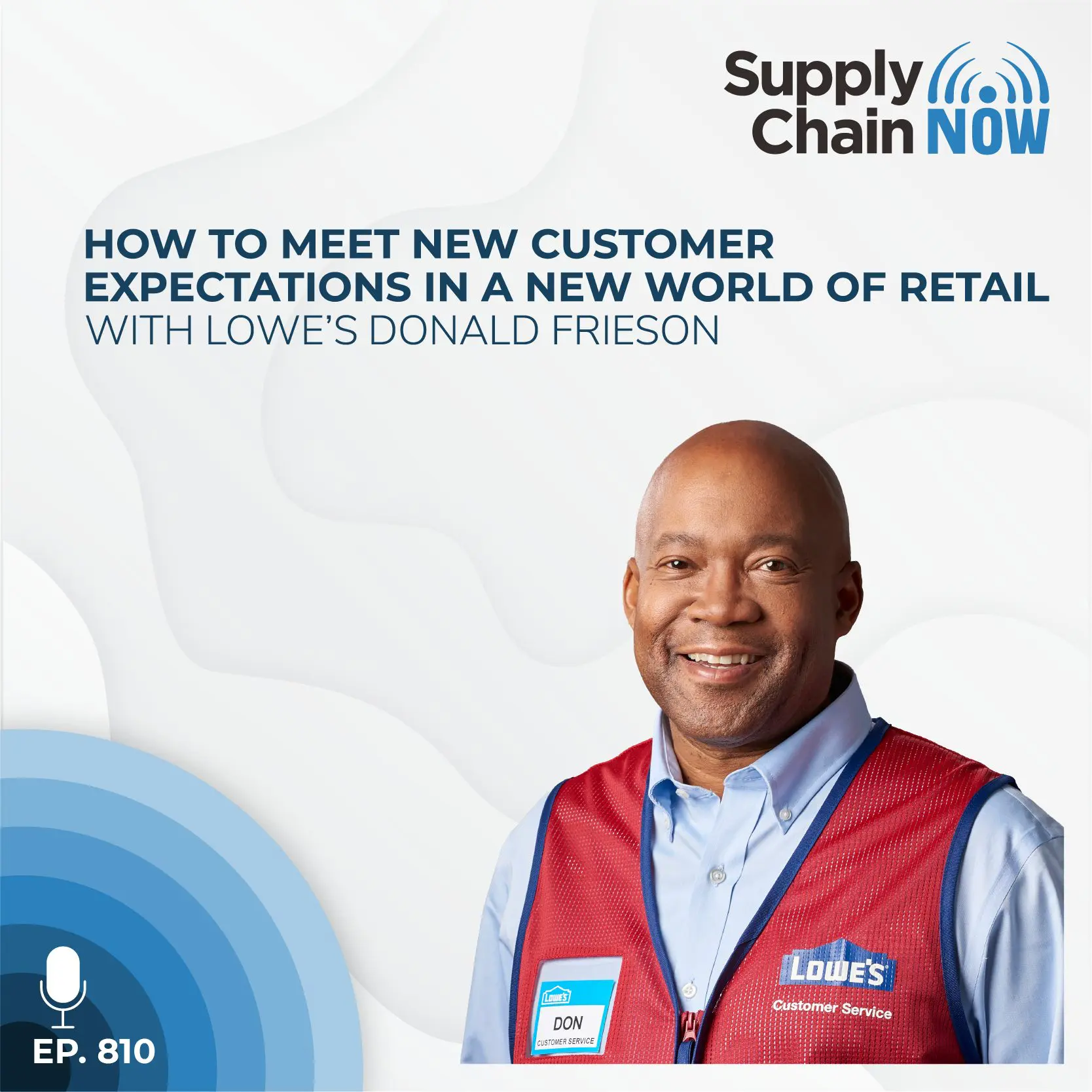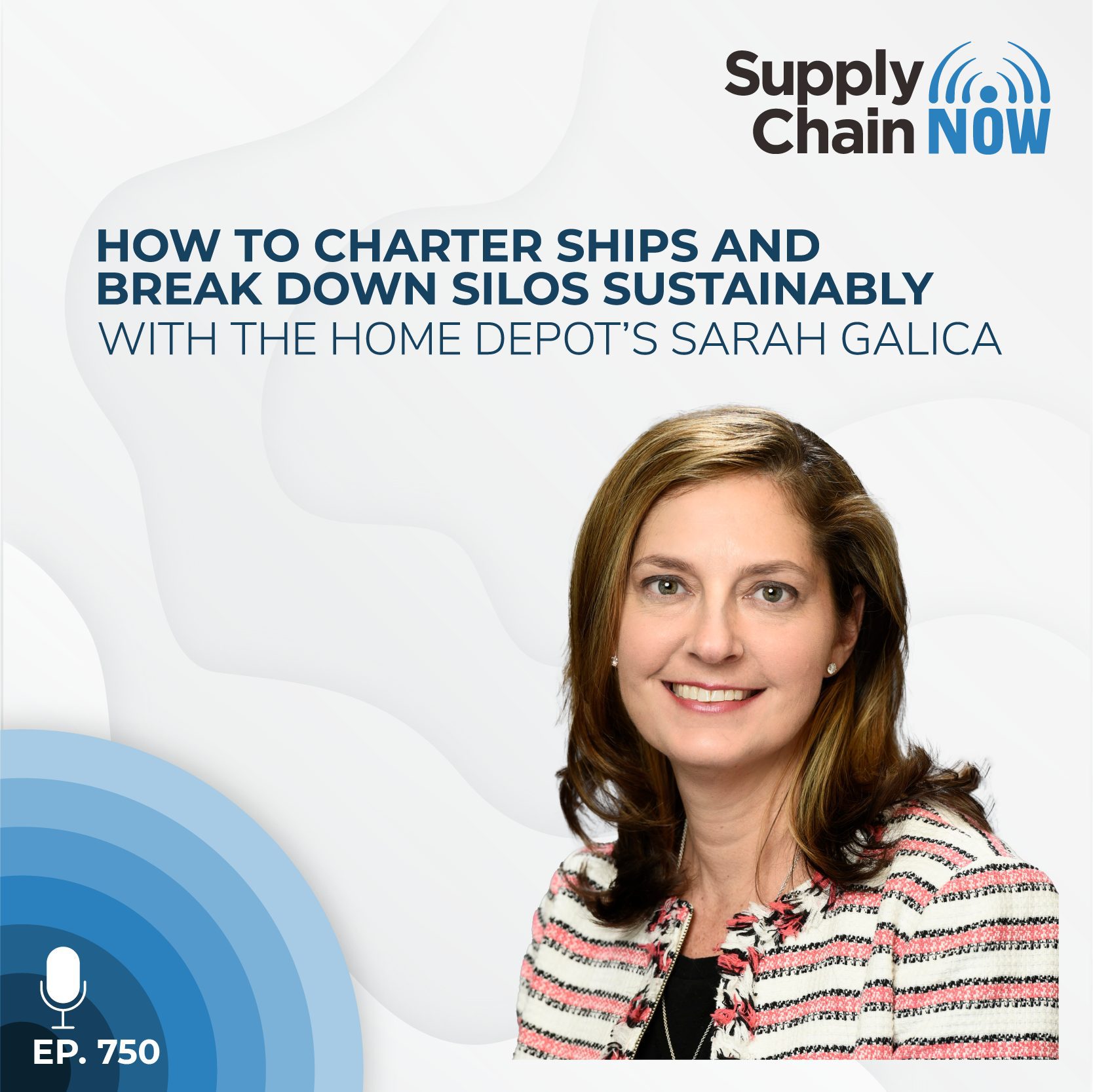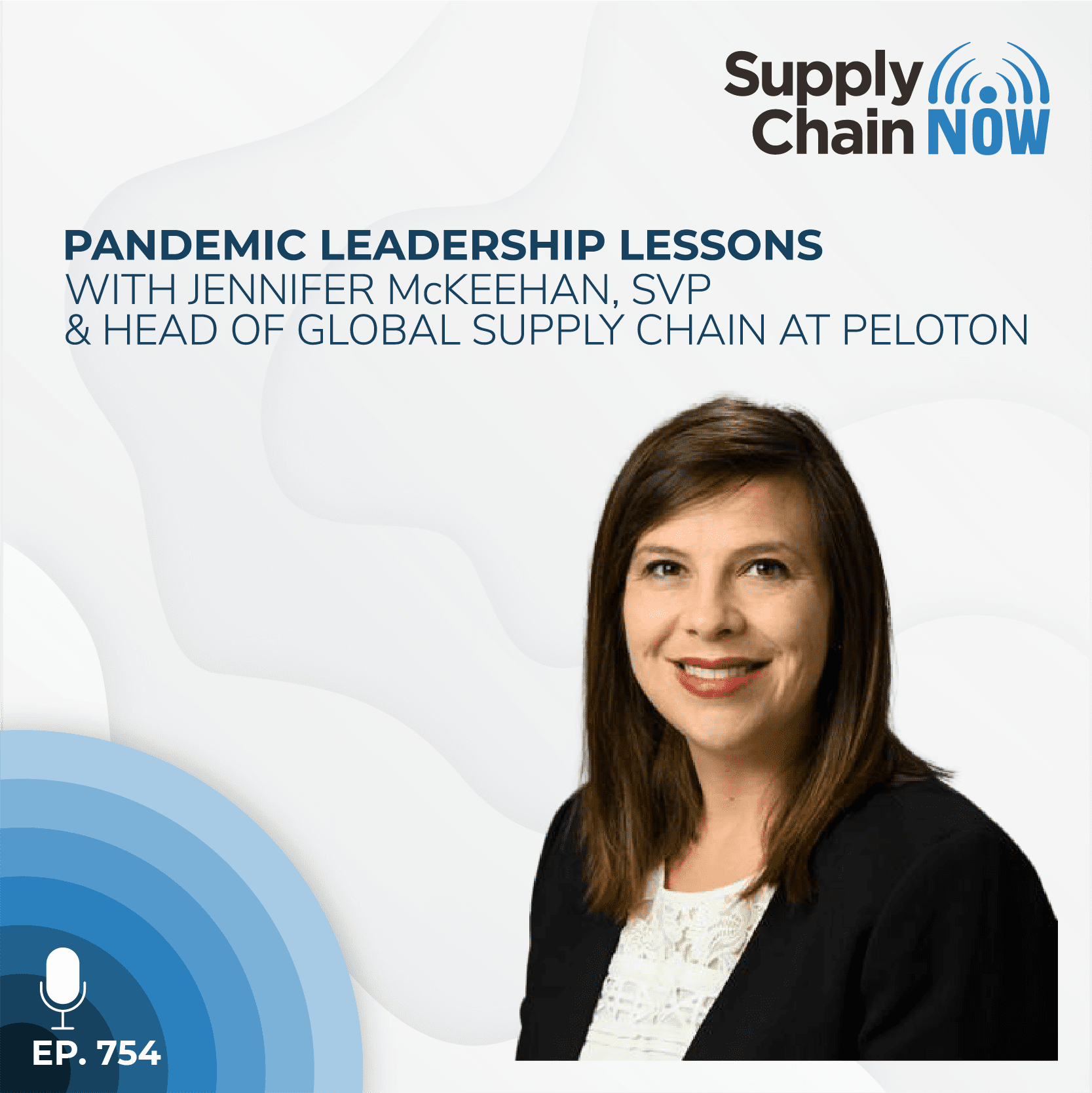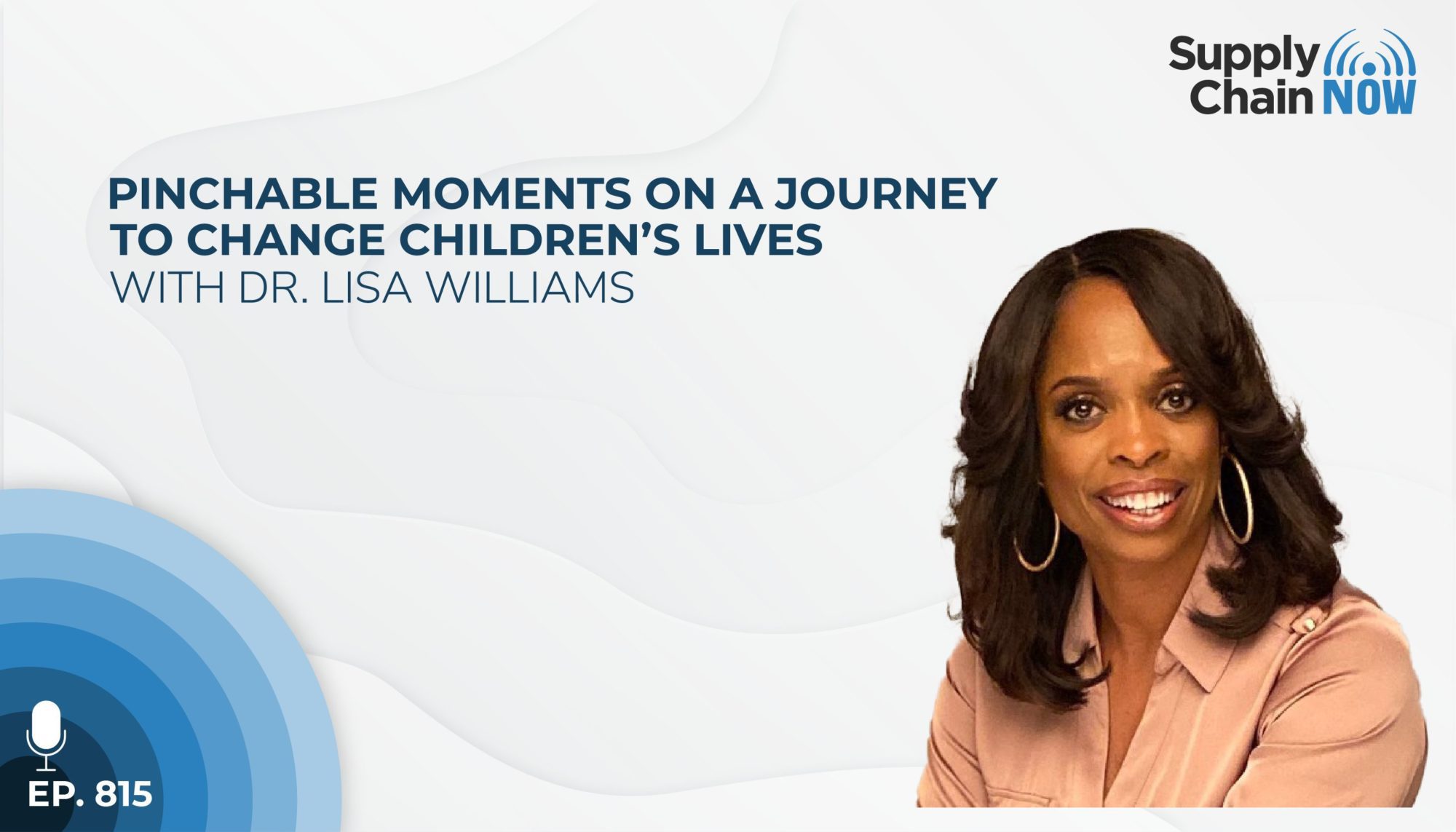
If any child believes that they are ‘less than,’ it's not just a problem for her or her family, it's a problem for society.
-Dr. Lisa Williams, CEO of The World of EPI
Episode Summary
Most people would jump at an offer to design a product line for Walmart, but Dr. Lisa Williams turned them down three times. It wasn’t until she watched an interview with a little girl who explained that she didn’t want to play with a black doll because she didn’t like the color of the doll’s skin that she called them back and said, ‘Yes.’
Dr. Williams is the CEO of The World of EPI, a global manufacturer of multicultural dolls, but she is not only a pioneering toy industry entrepreneur. She is also the first African American to receive a doctorate in logistics from Ohio State University, and the first African American to earn tenure at Penn State University. But even Dr. Williams’ qualifications didn’t make it easy to manufacture the line of dolls she had in mind. Her ‘yes’ was just the beginning of the journey.
In this episode, Lisa shares her amazing leadership story with host Scott Luton:
- Why it was important that the manufacturer she chose to produce the dolls not just work with her specification, but also buy into her vision
- The constant innovation and creativity required to stay competitive in the global toy business
- How the strongest visions with the most pull won’t let you walk away, event when you’ve already given everything you have
Episode Transcript
Intro/Outro (00:03):
Welcome to supply chain. Now the voice of global supply chain supply chain now focuses on the best in the business for our worldwide audience, the people, the technologies, the best practices, and today’s critical issues. The challenges and opportunities stay tuned to hear from those making global business happen right here on supply chain now.
Scott Luton (00:31):
Hey, good morning, everybody. Scott Luton here with you on supply chain now. Welcome to today’s show. Hey, we’ve got an excellent conversation. Tee up today is we’re gonna be talking with a trail blazing leader, both in the active DIC field, as well as the toy industry. So stay tuned as we have quite an inspirational and intriguing conversation in store here today. So with that said, we’re gonna get down to business. We don’t wasting time here at supply chain. Now y’all should know that by now, uh, with that said, let’s introduce our featured guests here today. Our guest is made a variety of firsts in history, including as the first African American to receive a doctorate in logistics from the Ohio state university. Her research has been published in a wide variety of channels magazines across media. Our featured guest is a pioneering entrepreneur in the toy industry where she’s built a wildly successful company that makes it a priority to represent and include a wide variety of ethnicities. You can find our guest interviews in big time publications from essence magazine to Ms. NBC and TV one. Please join me in welcoming Dr. Lisa Williams CEO of world of E API. Dr. Lisa, how you doing?
Dr. Lisa Williams (01:36):
I am great. Scott, how are you? We’re doing wonderful. Uh, have really enjoyed, um, or our pre-show conversation as it were. And I’m really excited about sharing your journey and your expertise and your experiences with our global ecosystem here at supply chain now.
Dr. Lisa Williams (01:53):
So am I
Scott Luton (01:54):
Super excited? All right. You know, there there’s so much we could talk about just, just if we stuck to supply chain, you and I could probably, I think you could offer a masterclass on many things. Um, but we’re gonna talk about supply chain. We’re gonna talk about some of your first you accomplished. We’re gonna talk about your company, which is, is by and large changing the game. Are, are you bucking up and ready to go? I am, yes <laugh>. Okay. Right. So let’s get started. So you’re right where you are right now is in beautiful sunny San Diego of California, which I’m very jealous of. It’s it’s nice here in the Metro Atlanta area, but it’s, it’s, uh, temperatures have gotten a little bit more frigid here lately, but Hey, that’s okay. I guess it’s better than an 80 degree holiday season, right? Right.
Dr. Lisa Williams (02:37):
<laugh> and you know what I have to tell you, Atlanta’s one of my favorite cities. So
Scott Luton (02:41):
I love Atlanta. We do too. We’re we’re, uh, it’s, it’s a joy to live here. We’re on the friends of the Metro Atlanta area, but studios in town and it is an absolute joy and pleasure to do business, uh, with a home base, uh, operations in a city like Atlanta. Um, all right. But so now you’re in San Diego now, but that’s not where you grew up. So tell us, Dr. Lisa, where did you grow up and, and give us the goods on your upbringing a little bit.
Dr. Lisa Williams (03:04):
I grew up in Toledo, Ohio. So as we were talking earlier, holy Toledo, <laugh>, that’s my hometown. That’s where I grew up. Uh, had a great upbringing. My mom, dad, and my little baby sister, uh, that’s two years under me. And, uh, we grew up with our cousins. It was very family oriented. We spent Saturdays bowling <laugh> and doing all those really cool Midwestern things. So a wonderful childhood.
Scott Luton (03:29):
Okay. I gotta ask you who would win the bowling competitions, you or
Dr. Lisa Williams (03:34):
Come on Scott, come on now. Listen. None of my cousins are here, right? So course I won <laugh>
Scott Luton (03:41):
I love it. I love that bowling. You know, we’ve got that in common. I was a part of the Luton foursome back in the day with my brother and my two cousins and get this, we had a, down to the wire playoff battle with a foursome from, uh, the Johnson enterprises from <laugh>. Oh, we can write his story about those days, but anyway, so your upbringing, of course, family and bowling. And when you think about other elements that really make up, that you really, you know, reminisce on what else makes up big parts of your upbringing? You
Dr. Lisa Williams (04:12):
Know, my family, of course, as I said, and hanging out with my cousins and my aunt, but food, <laugh> what I think of all were when I go back home, the first thing I’m do, I have to check off a list right. Of my childhood favorites. So Tony Pacos, if any of you from, uh, Ohio or Toledo, they’re known for their hot dogs, uh, Jamie bar classic there’s other hot dog hamburger restaurants that I just have to go to. It’s not like, um, you know, California’s known for its fresh vegetables and fruit healthy. That’s not my hometown. <laugh>
Scott Luton (04:45):
Hey, that’s OK. The better. Yeah, you gotta splurge. And, and that’s what made, you know, made a big impact in your upbringing. I, I can relate barbecue was a big part of, of mine and, and, and Hey, who does it like good hot dogs and ribs and city, not in Toledo, but I think city barbecue’s still around in, in, in, um, Cleveland, Ohio, and, um, not Toledo, you know, I’m gonna have to, I’m have to do some research. I used to work in Cincinnati for Cincinnati firm and we would make the rounds of some other of the larger midsize cities in Ohio, in city. Barbecue was on every corner and Dr. Lisa, it was delicious. It was absolutely delicious. So if you
Dr. Lisa Williams (05:29):
Wanna just say, so if you went to Cincinnati or lived to Cincinnati, then, you know, skyline chili and skyline, hot dogs, see, that’s also
Scott Luton (05:35):
Really good. It really, you know, it, it, it is, it’s a huge tradition and it for folks, haven’t had it put in a little bit of, you know, cuz each of the places has maybe different secret and ingredients, but I think a little bit of chocolate, right? A little bit of chocolate’s a senior secret ingredient. Have it on spaghetti, having it own hot dogs, skyline chili is where it’s at, right? Oh my God. Yes.
Dr. Lisa Williams (05:57):
<laugh> you know, Cincinnati just for a bowl silly.
Scott Luton (06:02):
We’re gonna have to go grab, break bread after our interview here today. Love it. Okay. So let’s talk about, let’s kinda switch gears a minute. So from Toledo now in San Diego, we both have a love for all types of good foods. Let’s talk about your academic career, which was before your big entrepreneurial exploits. So can you share, can you share a few roles that you enjoyed the most when you were in the academic, uh, field and, and why?
Dr. Lisa Williams (06:30):
You know, I loved being a teacher when I was a kid going back to Toledo. When I was a little kid, they said, well, what is one of your fondest memories of being a child? It was one of getting this great Christmas gifts. My, my parents got us a, uh, or got me a chalkboard. And I remember vividly, like it was yesterday lining all of my stuffed animals around the chalkboard while I taught them the days lesson <laugh>. So I have always been a teacher and educator at heart, and that’s what I enjoyed. I enjoyed, you know, every aspect of my education. I enjoyed the undergrad, the masters, the second masters and the PhD, all because it was centered around education, whether it was research or educating executives, PhD students, or MBA students in the classroom. I just loved it. I loved that. That a moment, you know, when you can see that the light bulb has just gone off in your student’s head, oh, that’s nothing better than that.
Scott Luton (07:24):
<laugh> well, that really resonates with me. I can, I can remember some of the, my favorite people in my entire life are great teachers that enjoyed that same moment and worked with, with me and the others to get to that moment. And sometimes for many, you know, whether it’s math for me or whomever, you know, what other subjects for other folks, it doesn’t come easy. So I really appreciate, uh, how much you enjoy those moments. Um, now you mentioned a lot of different degrees you’ve earned. You know, it’s really important to talk about as you are having those a as you are powering those aha moments and, and helping others, uh, advance and learn and educated, you were, you were knocking out some barriers and making some first, all along the way. Um, as I mentioned on the, on the front end, you know, the first African American to earn a logistics PhD from the Ohio state university, which is a big time. Uh, so we got a lot of pedigree when it comes to, uh, supply chain education. And then as if that’s not enough, uh, help me with the first at Penn state university, cause one was ti. One was a first for a female and one was first for an African American. So tell me about what you did at Penn state. I was
Dr. Lisa Williams (08:29):
The first African American, um, hired in the department and I was the first African American female to receive tenure from Penn state university. Wow. And I loved
Scott Luton (08:40):
Two, gosh, so many question a little time. Does it run your family to be the first, to be the pioneer, to be the trailblazer? Where did you, where do you get the motivation to do these things? And all of that was on the academic side of your career. I didn’t even get into some of the things we’re gonna talk about on the entrepreneurial side, where do you draw straight from?
Dr. Lisa Williams (08:58):
Well, that’s a really good question. I, you know what <laugh>, it comes from a conversation I had with my mom when I was a kid I may have been, I don’t know, seven or eight. She probably doesn’t even remember it cuz it’s one of those little teachable moments, but really small in another, in the other person’s life. But we were in the living room, I think we’re getting ready for a family event or something. And she just kind of casually said, you know, you can be anything you wanna be, you could be a doctor if you wanted to. And I’m just like a doctor. Hmm. And I actually ended up becoming a doctor, not a medical doctor, but a PhD doctor. So when you ask, where did it come from? It was that spark that said, there’s nothing I cannot do. So that started it.
Dr. Lisa Williams (09:37):
And then as I progressed in my life and in my career, I just found things that interested me or things that I was passionate about. And so it was the why that drove me to keep moving. Okay. And each of the things that I, that you just mentioned and other things would talk about, none of it was easy as matter of fact, all of it was a great, it’ll be hard. Gosh. But when you kind of know your why and why you’re doing it, and you think it’s important, it’s gonna make a difference for others. That’s the, that’s the energy that propels you to go from day one to day two. And then you kind of just look around and you’re like, wow, <laugh> I a, you know,
Scott Luton (10:14):
That it really, you know, you make a great point. It isn’t easy, right? None of these things are given to you folks, you know, don’t bend over backwards and give you anything. You gotta earn it. And I can only imagine, you know, the stories of the book you could write, you know, as you bust through and make these milestones. Uh, and hopefully I’m sure just like the conversation you have with your mother helped you made, be take some blinders off of what the art of the possible was you and what you’re doing are doing that for all these other folks that, that want to be the next Dr. Lisa Williams. And that’s so important. So let’s talk about your big, bold bet you made in 2003. Now I can, this resonates with me all of this does, but this particular as a fellow founder and entrepreneur, uh, just Marvel at what you’ve been able to accomplish on this side. So in 2003, you made a big bold bet and you launched your company, the world of E API. Before we talk about your while there let’s define what E API means for folks. That’s
Dr. Lisa Williams (11:14):
The world of entertainment publishing and okay.
Scott Luton (11:19):
And as we talked about, pre-show in supply chain, as you know, we love our acronyms around here. So everyone added a new one. So the world of API. So what was your why behind launching what’s become a, uh, a really successful business?
Dr. Lisa Williams (11:31):
Well, you know, let me step back a little bit and tell you kind of how I got there, because as you just said, I was the first African an American to get a PhD from the Ohio state. Then the first to later get tenure at Penn state. And then one of my biggest accomplishments, I became the highest ranking professor in the entire field. So I became a full full professor with two multimillion dollar endowed chairs. So now I’m the highest ranking professor be it black, yellow, green purple blue.
Scott Luton (12:00):
<laugh> right. Anyone in the seller system <laugh>
Dr. Lisa Williams (12:03):
Right. And gender. So I’m now the highest ranking. So light is good, right? I’m teaching my classes. I’m having a great time. And then Saturday do on afternoon, I decide to watch television. Okay. And I am watching an updated Anderson Cooper, did an updated study on the famous doll study. And the doll studies was done in like the fifties and sixties with Kenneth and Mami Clark, where they asked African American children, as well as Caucasian children at the time, what doll did they wanna play with? And almost UN unilaterally or unanimously. That’s the word <laugh>, although unanimously that you were, they all selected the Caucasian doll, even the black children. And of course we, we get that cuz this is Jim Crow era. It’s the fifties and sixties mixed. Perfect. Well this Saturday I’m watching it. Now it’s 2009 and I’m expecting different things. At this time.
Dr. Lisa Williams (12:54):
We have African American celebrities and the cousins of magazines. They have their own TV shows. We have, you know, D diversities everywhere. So they ask this beautiful little black girl, what doll does she wanna play with? And when I tell you I’m half ha half hardly watching this show. Cause I’m like, okay, I know what she’s gonna say. <laugh> right. Well, I was shocked when she said she wanted to play with the black doll. Oh sorry. With the white doll. She did not wanna play with the black doll. Right. And then what broke my heart is when she explained why. And she said, I don’t wanna play with the black doll because the black doll skin is nasty. And then she touched her own hand as to indicate that her skin tone was nasty too. And it broke my heart and still breaks my heart to this day. And, um, I get emotional about it because if any one child believes that they are less than, it’s not just a problem for her or her family, it’s a problem for society, right? Because we will not be able to really benefit from all the talents that this young lady has. So that day I said, something has of change. This cannot happen on your watch. And so in essence, the world of API was born sitting on my living room sofa, right after watching the Anderson Cooper story.
Scott Luton (14:05):
Uh, I appreciate you sharing that. I can, that how I perceive that moment is it’s. I can only imagine how powerful and how it kind of stops you in the tracks. And I love what you just shared there a second ago. Not on my watch, not on my watch and gosh, you know, in a world full of lip service leadership, regardless of function industry, you know, you name it. There’s plenty of it. Gosh, if you hadn’t acted on that, uh, on what you on, on that, your, uh, epiphany you had on that Saturday and to say not on my watch, you went, you went to work. So now that you’ve really shared the why tell us, um, and, and, and please, if you, uh, I want, I don’t wanna short change that story, I guess, before we define what ward of API is, what’d you do after that Saturday? Where, where did you get started? What, how did you uncover that it was gonna be, you know, the world of APIs as what your mission life was gonna look like?
Dr. Lisa Williams (15:00):
I didn’t even know that at this time, I really just knew that I had to do something and I was fortunate enough that my last, uh, position in the academy was at, uh, the university of Arkansas. Okay. And that’s where I had the multimillion dollar endowed chairs. And through that relationship, I ended up becoming very close to Walmart and some of the members of the Walton family and the Walmart executives. And they had already asked if I was interested in doing dolls. And I said, yeah, see, when I first came there, well, let me back up even further, because talk about how life will put you on a trajectory or path that you have no plans on walking. Right. Right. So I’m a professor, like I said, very happy doing great things as a professor. And I wrote a book and in writing a book, I interviewed several executives in the supply chain area, cuz the book was about, it was a supply chain leadership book.
Dr. Lisa Williams (15:51):
Right. And I had the opportunity to meet with Lee Scott who at that time was the president of Walmart. Okay. And Lee and I bonded because he has an undergraduate degree in supply chain management. Okay. So we would have great conversations and I end up centering some of the book around him. So when the book came out, they asked Walmart if they could sell the book stores and I’m like, oh wow. Yeah, yeah. You can <laugh> how quickly can I say yes. Right. Yeah. So they said, yes, can we have the book in our, and I said, yes, you can absolutely have the book in the store. And the book did well. And then we started writing a line of children’s books because I wanted to empower and uplift children
Scott Luton (16:31):
And was this so the line of children’s books. So the first book that went into Walmart stores was focused on supply chain. And then that led to a series of children’s books, which were about
Dr. Lisa Williams (16:41):
What about children’s issues? Right? Little things like, uh, a little girl can’t find her favorite, stuffed animal, someone else going to the zoo and having experienced there, uh, someone having a, take a bath and not wanting to just basic children issues. Right. But they were well received and all the books were completely multicultural. So we had Asian, Caucasian, Latina, African American, everyone was represented in the books and the books did very well. So that’s when Walmart came back and said, you know, we think you can kind of know about dolls. Would you like, would you like to do a line of dolls for us? And I’ll say, oh no, <laugh> really what, no, thank you. I knew nothing about making dolls in my childhood. My sister played with dolls a lot. I did not. I, I read a lot, but I wasn’t really one who with a lot of dolls. So I didn’t have any, any background to, uh, to call upon. So I said, no, no, thank you. Uh, I’ll pass on this one. And then I watched that, that interview with that little girl, it changed my life. And so then I called back and I said, I will do it. I would, after turning them down three times, wow. That I will do it. And so I embarked on this journey of creating a line of multicultural dolls that represents some beauty in all. Children
Scott Luton (18:00):
Love that and love the, the purpose behind it. Cause it, you know, if we’ve heard now, I’m not sure we’re, we’re around a thousand episodes. Here’s supply chain now with a wide variety of guests. And, and one of the, one of the many common themes we’ve heard from any guests is, you know, that, that see it and be it, which is along the lines of what you shared around that epiphany you had on that Saturday. And I can only imagine, well, you know, I wanna learn from you. So I’ll save that question. So you turn ’em down three times and then on the fourth you said, Hey, let’s, let’s get started. So how, how did you get it? We, we, we, we will define all the world of API is involved in now, but I’m curious, how did you, how did you go about doing your homework and kind of figuring out how one opens a bus, how one goes about making toys and dolls and making get a business out of it? How how’d you do that?
Dr. Lisa Williams (18:51):
Well, I didn’t know anything about, I mean, I can’t stress how I knew nothing about this <laugh> I knew nothing. But what I did know unfortunately is that there were no factories here in the United States that made vinyl dolls. And that, by the way, I didn’t even know they were made from vinyl. Just let you know. I knew nothing, but as I found out, I’m like, well, there are no factories here. So me I’m a as a former professor. So I researched factories and I picked out a few that I thought could probably express my vision. And then I contacted them. And the top three, I literally hopped on a flight, flew to China and met with strangers. <laugh> I have to tell you this story <laugh> because I literal really did that. I caught a plane landed, um, at the airport and it wasn’t until that point that I realized that how, what I had just done was perhaps dangerous and little reckless, because I didn’t know who was picking me up and I’m by myself.
Dr. Lisa Williams (19:44):
I don’t speak the language. I can’t tell someone to come pick me up on the corner of, you know, seventh and 30th. I’m in another country, right? These men picked me up. They put me in a van, <laugh> a van that at least in San Diego probably would not pass standards. <laugh> in the us and they’re driving. And I kid you not 90 miles per hour. Wow. Wing around these, these cliffs. And by the way, there are no barriers on the cliff. <laugh> and I’m just holding their white knuckle to the seat, like, oh my God. Oh my God. Oh my God. It’s almost like, Lord, if you get me outta this one, <laugh> I
Scott Luton (20:22):
Promise, oh, you won or maybe a hundred. I don’t know exactly
Dr. Lisa Williams (20:25):
Because I was. So at that time, the reality of what I had embarked upon hit me, but I was so driven to make sure that that little girl that I’ve never met, had a daughter look like her. So I get to the factory and they were very nice. And they start though trying to convince me of why I should not try to do anything unique or different that just, you know, the most expensive thing about doing a, a doll is the sculpt it’s the face. And they were like, you know, we have tons of faces in this room. Just pick one that you like do that don’t create from scratch. It’s too expensive. And they kept saying, trust us, we know what we’re doing. It wasn’t that I didn’t trust them. It’s just that I knew in my heart again, without any experience, I knew enough to know that it had to be real. It had to be authentic. And it had to be something that children and adults alike, their parents could relate to. And so it took a little bit of banter before I got them to bend down to my will and give me a doll that was totally from my heart and for my vision. But it took a while. And, and again, <laugh>, I kept saying to myself in the back of my mind, you’re in another country, you have no with you. And you’re arguing with these men, but
Scott Luton (21:39):
<laugh> so did you have to meet multiple suppliers before you found one that would, would embrace your vision and, and enact on it? Yeah. Yes I did. And you, you weren’t gonna give in, uh, until they could deliver, they could see it, uh, and make it happen. And I love that. I love that. Um, this is what I want. This is my vision. This is what we’re gonna do. And you’re with me, or you’re just not part of the solution. Exactly.
Dr. Lisa Williams (22:06):
And that’s by the first lead leadership came leadership skills that I had to use is because I had to convince, I couldn’t make dolls. Right. I, I can’t do, I don’t have a factory in China. Right. So I had to, I had to have them to see my vision too. It was important that they saw it and see why we were going those extra steps to get this doll made. So I had to rally them and, and in a way, like I said, inspire them to this worth vision is worthwhile cause of changing children’s lives. And thank goodness one factory bought into that vision.
Scott Luton (22:34):
No kidding. Cause it really has grown into, um, well, well tell us what has the, the, um, the doll lineup grown into, uh, and I’m not sure I’m not up you’re, you’re talking about some things you weren’t sure about. I’m not up speed to my doll and my toy terminologist. So bear with me. So what did the doll line grow into? And then if you would, to also touch on where the company has grown into. Cause it’s, it, it, it is more than just dolls, I believe, right? Oh
Dr. Lisa Williams (23:02):
Yes. It’s a Marvel to me, but yeah, we started with two dolls originally and now we’ve gone into, oh geez. So many of skews and we bought into different collections. So we started out with positively. Perfect. Uh, there were two skews. Yeah. Two, initially two skews there. I can’t even count the number of skews, but there’s now so many. So we have seven different collections of dolls where we started off with one. Wow. And we are now moving into licensing, other companies products. So we are creating dolls for other entertainment companies, which we’re absolutely thrilled about.
Scott Luton (23:35):
Okay. So talk to me about some of the, um, I bet you hear from all corners of the world in terms of, um, you know, how, how important and meaningful your products have been, you know, since you launched a company. So before we move into, uh, maybe dispelling, uh, some assumptions around the, to industry, what has the, what have you heard back from the market around all your good work?
Dr. Lisa Williams (23:57):
Oh my gosh. I think the, the thing that really strikes my heart the most is when I see a little girl or boy, can we do boy dolls also say the, if this doll looks just like me, that means the world to me, or when a parent writes me and says, my daughter will not allow us to leave the house without her positivity. Perfect doll, love it. Or when I hear that schools make exceptions, there was one little girl that had her doll that she wanted to take it to school every day. And the school’s like, we’re so sweetie, but you can’t have doll or any toys in school? Well, she was as persuasive as any adults. I know of. Cause she got the, the school to change their policy. So she was allowed to bring her fresh, do to school with her. So those things really touch my heart. And even when I hear adults, I did an event once and literally parents came to me crying. I mean, tears crying because they were saying how they’re so grateful that their children have these dolls. And they wish they had had them when they were younger, because it could have made a different in their self-esteem. So, you know, it’s not just the vinyl, but it’s really the impact that we’re making on, on people’s lives that make all the difference.
Scott Luton (25:03):
So I I’m sure that’s rewarding on a wide variety of levels, but speaking toward one in particular from, if you, as you remember that Saturday, and you remember that interview the child’s and dolls thing, and you remember the, the resolution and the commitment that you made to taking action to being to, to, to appreciating where you are now and hearing from the market, that’s be an immense rewarding self self-fulfilling rewarding feeling that you feel, huh?
Dr. Lisa Williams (25:34):
I do it, it, I do. When I look, I go to the stores. I mean, again, I have an amazing team, but I started off as one woman by herself with this vision of making sure no other little girl thought her skin was nasty. So to come ’em from that, from my living room sofa, to be able to walk into a Walmart or a target or see it on Amazon or at Macy’s or Walgreens or CV numerous, it’s just, it’s, it’s a pinchable moment. Like you really wanna pinch it. And then when you see them in movies, our dolls were featured in four films this year. Wow. And then, oh my gosh, how could I forget the biggest one or the biggest, and that is being recognized by Oprah, Oprah Winfrey as one of her favorite things. Wow. All of these things are just like, is this real <laugh>
Scott Luton (26:16):
Well, and, and, and the domino effect, you know, just like when you first met with that first supplier or, or the one that finally gave in and they just, they wanted you to follow their lead rather than follow your vision. You know, now hopefully all of your good work and how the market house resonate with the marketplace. There’s less resistance to perhaps more diversity across the toy industry. Is, is that, is that your take? Oh,
Dr. Lisa Williams (26:39):
That is very true. I, yes. And you’re right. So we’ve gone from one factory. Uh, previously now we have over five factories that we work with now to produce, and we do dolls. We do electronics, we do doll fashions. We, our business has expanded significantly.
Scott Luton (26:56):
So before we talk about, you know, I bet all kinds of folks have assumptions maybe based on their own childhood about the toy industry. Anything else? It sounds like world of API is, is continued on the grow, diversifying its product lines, all the different things and markets that you’re in. Anything, you know, as you look up over the next couple of years, what can folks expect from, uh, where you’re going next?
Dr. Lisa Williams (27:19):
They can expect to see some of their favorite characters that are on, on the big screen being made and manufactured by the world of API. Wow. They can expect to see some of their favorite characters on television being made and manufactured by the world OFPI and they can expect to continue to see the current fresh, positively perfect doll line expand. We’re doing more collections, more dolls, more doll, type, more dolls, sizes, more representation. So my idea is that we create a sacred space for children for all children. So when they wake in the morning, they are surrounded by images that look like them from their bedspread to their shower, curtain, to their toothpaste, to, to their dolls, to their backpacks. I really wanna create that sacred space. That’s sacred environment for them. And that’s what you’re gonna continue to see from the world of E P. Wow.
Scott Luton (28:11):
Okay. So to this point, uh, and again, this could be like a 12 hour miniseries on all these things you’ve described already. It’s been part leadership and, and part academic trailblazing, the pioneering that epiphany on that Saturday leading to, uh, the world of API, which clearly has already done big things. And sounds like there’s a lot more big things coming. And I love how you tell folks can expect this and this and this man. It’s gotta be invigorating. Now I want broaden that a little more to the toy industry before we talk supply chain a little bit more and Walmart a little more, what what’s one thing maybe that it would, it would blow people’s mind or just surprise ’em maybe about how the toy industry works.
Dr. Lisa Williams (28:53):
Wow. How it works
Scott Luton (28:54):
Well, or just about the twin industry in general, your, your pick,
Dr. Lisa Williams (28:57):
You know what, it’s hard, <laugh> tough. You think toys, toys, fun, laughter joy. And it is all of that, but it is definitely a business. So it’s highly competitive and it is demands a great deal of creativity. The lifespan of a toy is probably three years, three, maybe five. Maybe you can pull it out to five years. So it’s constant innovation. So even though you have a product that’s on the market that comes out, say for Christmas, literally I never stop working on the next iteration. The next version, because our, our customer base that little three to six year old is very demanding <laugh> they don’t want the same doll year after year. So the constant innovation and the constant creativity and the constant nonstop work probably is what I would say. I love that, but it’s incredible, incredibly full of joy as
Scott Luton (29:49):
Well. Perhaps the most demanding consumers on the face of the planet, that 30, 30 to six, cause they’re not gonna change what they wanna play with maybe. And, and they want the latest and greatest, quick aside before we, we’re gonna talk about your work with Walmart here in a minute. And, and some of your accomplishments there, have you seen any of the toy docu there’s a couple of toy documentaries on Netflix, I think in particular and one in one talks about the star wars, toy market and kind of how, you know, the movie kept getting delayed. And, and then they were kind of in limbo with, uh, the toy, many factoring and they, and they didn’t know it was gonna be the hit. It was gonna be so, so that was kind of factoring to the investment. It is fascinating how, even as you’ve described this far, the entertainment industry, like movie TV and that wasn’t how closely that’s tied to the toys we find, you know, in on shelves and then getting sold from shelves. Any comments around that, or have you seen the documentaries?
Dr. Lisa Williams (30:45):
I have not seen them. I’ll be honest. I have not seen them. Um, actually I will be in a few of those documentaries upcoming, but I have not seen them yet. Um, but what I will say, we talk about that. It’s kind of like when you look at your favorite television show, the primary purpose of your favorite television show is to have ad space for the commercials that come along. And that’s kinda similar to the entertainment industry. I mean, the idea is to create really good content so that people will wanna have a part of that content come home with them, which includes in our case having toys. So I didn’t realize how, not only how connected they are, but sometimes how much input we actually get into some of the content. Mm
Scott Luton (31:27):
It’s really fascinating. And, um, let’s talk about, so Walmart, you, you, you mentioned, I love how that factors into, um, and, and, and there are multiple requests and eventually because, uh, as you put it, I think life, you find your self in the right spot at the right time to, to really fulfill ultimately what your legacy is meant to be. So Walmart bestowed upon you supplier of the year, which gosh, it’s gotta be given all the suppliers they work with specifically from what I can tell when I, my research for your visionary leadership. So tell us about your work with Walmart and, and how that’s been a big part of maybe, uh, the rewarding journey.
Dr. Lisa Williams (32:09):
Yes. I mean, I can’t say enough wonderful things about Walmart, as I said, um, it was the Walmart family and the Walmart company that brought me to the university of Arkansas as, as that full end out professor many, many moons ago. And that allowed me to have access to their executives, which ultimately resulted in my writing the book about leading beyond excellence, which was a book about, again, succeeding as a supply chain management leader. So Walmart has like, they’re the fiber that kinda runs through this entire story, uh, of my <laugh> of my professional life. Right? And so once the book got out there, like I said, they, they wanted me to do two children’s books. And then we did the dolls and the image and likeness of the characters in the books. And I think I exceeded their expectations. I think they were thinking I do one or two dolls, but I had a bigger vision once I, once I saw that little girl. And once I saw and felt her inability to really see who she was, I was driven to not just give her one doll, but to give her again, that sacred environment so that everywhere she looks, she sees a reflection of her beauty and her power. So, because I saw that and I was able to move from what Walmart had initially asked me to do. They saw me as a visionary leader and I was, am still deeply honored to be recognized as a visionary leader from
Scott Luton (33:27):
Walmart. And clearly you are, you know, the, the visionary and, and leadership and, and, uh, all kind of terms are thrown around quite some time, but fewer much fewer actually do it. And it’s in the results. It’s in the impact as you’ve clearly established with your track record just thus far. And, and it sounds like your, your, your, uh, writings new chapters to be released right around the corner. So before we talk supply chain, I can’t wait to supply chain nerd out with Dr. Lisa here. So when you look back at 2021 and, uh, unique, uniquely challenging, uh, uniquely innovative, just a transformational year that it, that it, uh, it was what’s one Eureka moment that stands out.
Dr. Lisa Williams (34:10):
I wanna answer that. I wanna go back something you said, just really sparked an idea, uh, that I wanted to share with you. Sure. When you were talking about, you know, starting the visionary leadership and it clearly that you are thank you for that. I appreciate that really there’s things that you cannot do. You know, when something either taps into your heart or inspires you on a level, you may actually say, I’m not gonna do it. The dolls, for example, I said, three times, I wasn’t gonna do it. <laugh> right. Right. And even, well, not so much recently now things are much, much better, but in the early days, there are many nights that I went to bed saying, I’m done, I’ve given it all. I put all my money into it. I put all my expertise, my time I’m done, it’s not working, but then it doesn’t let you go.
Dr. Lisa Williams (34:51):
It’s like the vision holds onto you. So even when you’re trying to shake it off, like I’m done with this, it won’t let you go. So you wake up the next morning and you’re like, okay, I’m gonna give it one more day. <laugh> they laugh until, you know, the next 10 years. Uh, so I did wanna say that. Um, yeah. And then, great, great point. And then in terms of what did I see, or what am I seeing from the pandemic in 2021? I think one of the things that strikes me is the great resignation. And we probably heard of that where so many people after coming out of the pandemic are having, or making life changing decisions, if they weren’t happy in their position previously they’re resigning. And so many of us did that, that they’re having a term called the great resignation. Sure. I think that is what hit me, but in a different way, because I’m so passionate. And so in love with what I do, that I know that my life is on the right path, but it’s so wonderful to see other people saying what I’m doing now. That’s not the right path I need to, I need to do something different. And I admire that. And I think it’s gonna ultimately reap huge benefits for society as
Scott Luton (35:56):
A whole. I completely agree with you. And, and, and even though it’s throwing industry for a loop, yes. Uh, they didn’t see it coming, uh, still for all those individuals that have, uh, and I’m generalized of course, but you know, you and I both have probably sat down with folks that have made these decisions and are, are part of the movement. And they sit down and really look at their life and look at what makes ’em happy. And look, they’re, they’re tired of putting up with, and they, they established new priorities. And in so many cases, as we’ve seen, it doesn’t mean that it’s, that traditional, whatever job they’ve been working and industry will, you know, it will evolve. And it will, you know, uh, as just like it has with work from home, you know, imagine Dr. Lisa, we had one panel and, and, and this is good.
Scott Luton (36:37):
It, as we kind of break into supply chain, we had a panel of supply chain leaders. Uh, I don’t know, it’s been a year or so ago now. And we got to point this conversation and it was a, it was a, it was from a variety of sectors. And this one executive from a big hardware company, uh, mentioned this small little thing that they were, that their management team, it was being requested by their employees, from the management team, pre pandemic. It was something related to, uh, approving expenses and just making their life employees life a little bit easier to get reimbursed for things. And they refuse to do it for, as she said, some kind of nonsensical reason. And then they get into the pandemic where folks are working from home and those kind of things they have, you know, you can’t submit hard copy seats cuz you know what, not in offices.
Scott Luton (37:20):
So something they did instantly. And she said the rest of the panel to, to our audience, what the heck were we thinking? You know, meaning why do we make such a big deal? You know, pre pandemic. I mean, we just gotta find a way to serve our employees and, and just like we serve our, you know, our customers and it, it was, it was such a great moment in, in some of our conversations we’ve had, but let’s, let’s move that into, as we talk supply chain with, with an incredible, uh, industry thought leaders such as Dr. Lisa here, when you survey what’s going on, whether it’s the great resignation you just touched on, whether it’s, um, you know, the E E ex employee experience, I just touched on digital transformation. So many things it’s such a fascinating time to be in industry. As you know, what’s a couple things that are really, when you look at and survey the global supply chain ecosystem that really are our front and center for you. Well, I
Dr. Lisa Williams (38:13):
Do think that what we just talked about, the great resignation is really having a, a huge impact because we’re not able to find people. I think eventually everyone find the right seat right on the bus. Right, right. So we’re all moving around now saying, oh, I don’t wanna do this. I wanna do something else. But ultimately we’ll have the right people in the right seats and that’s gonna be fantastic for the industry. But right now it is a, it’s a shake up. And additionally, you know, finding the right raw materials that you need. I mean, we, we have this issue. We are creating, as I said earlier, some electronic toys and they require chips, the same chips that you need in your automobile. And guess what? There’s a shortage of chips, which means it’s a shortage in our ability to manufacture the quantities that we need.
Dr. Lisa Williams (38:52):
So I think we’re gonna continue see those shortages. We’re gonna see shortages in, in people shortages in raw materials. I think we’re gonna continue to see, uh, empty shelves and we’re gonna continue to see, uh, product delays. But I do think all of that is going to gradually work itself out in the next probably two years. I think it’s gonna be a little longer than what we may want. Uh, some industries may be than others and some may be slower. I think in the beverage industry, for example, it could be as late as 20, 25 or 2026 before we start seeing our shells fully stocked with our favorite sodas.
Scott Luton (39:27):
Yeah. So beyond levels of inventory, uh, and some things that companies doing there, what else sticks out to you about this, this, uh, fascinating time, uh, in Seppa?
Dr. Lisa Williams (39:37):
I think it’s a great opportunity for innovation and creativity, from anything to technology and communications. My dissertation is actually on electronic data interchange or Eddi another old acronym. So that was technology was the, you know, the greatest back in the day. But I think there’s gonna be more opportunities for improvement in technology and creativity. We’re gonna have to do business very differently, uh, because of the pandemic, you know, talking about the toy industry, our biggest event of the year, which is the toy fair in New York was literally just canceled last night because of the pandemic. So things that we are planning, you know, the pandemic is like, no, no, no, no, no, <laugh> not quite yet. So where, how we work is gonna continue to evolve because people are gonna be coming back into their offices. I think it’s gonna make more opportunity for entrepreneurial spirit, even in, within the corporate environment, because we’re gonna have to come up with something that’s new and innovative. And so that’s where that entrepreneurial spirit comes in. But basically it’s gonna be all based upon human creativity and innovation, cuz this pandemic is here to stay for a while. But so is our demand for our customers or the demand that our consumers and customers have. How do we solve that with these new challenges? Talk about sensitivity analysis from college. That’s what we’re facing now. And I think the innovation, number one, creativity and technology, and better ways of communicating because the earlier you have information, the better decisions you can
Scott Luton (41:02):
Make. Absolutely. I, I love that and I love also how you, you touch on it’s powered by humanities. It’s powered by humans, right? Global supply chains, despite all the, the, the digital transformation, all the great technology and everything we have at our fingertips these days still is powered by the folks that make these decisions you’re referencing. And, uh, we gotta find a way of getting more information, right information at, at the right time. So we can make smarter and quick decisions, uh, to react more, faster and faster and, uh, not just react, but to get out ahead, right. Predict and all the different types of, of predictive analytics that, um, that leaders are embracing these days. It’s really fascinating. And it’s really
Dr. Lisa Williams (41:45):
Great. Scott, what you just said is amazing because it talks about the evolution and the strength of our industry. I mean, we did, we move from, to just in time from holding inventory for everything, because it was more efficient, it saved money and it saved cost. Right? Well now the, just in time with the pandemic is causing us headaches because we don’t have all the materials that we need to make final products. So what’s gonna happen. We, the humans, the innovations gonna come up with a different way perhaps is a hybrid, but some way of making sure we have the product we need, that’s not clogging up our warehouses so that we can actually deliver to our customers.
Scott Luton (42:18):
That’s right. That’s right. Um, alright, so we’re gonna have to, um, we saw a snippet or two of a masterclass by Dr. Lisa in supply chain. We’ll have to have you back. So we had the full, full class, so many, so many, so many things that folks can learn, I think from your journey through all of its various chapters. And that’s where I wanna go with this next one of our final questions here. You know, we get asked quite a bit. I bet you get asked quite a bit from, uh, folks that are, you know, getting through high school and getting through college and the earliest parts of their, um, their careers. And they wanna know how can they break into supply chain and, and then know, move up the up the chain of command into C-suites like, uh, like you, Dr. Lisa, if you had a room full of young young folks that, uh, and had their captive attention, one of those rare things, it’s like, it’s like a, a lottery, a ticket, right? What would be some advice you would offer that room full of young folks? Oh, wow. That’s a
Dr. Lisa Williams (43:11):
Great question, Scott. Number one, do indeed get the, the information or the education you need. And, and that can be gathered from a wide variety of ways. You know, it can be just pure experience. It can be going to a great university like Penn state or Ohio state that I did, but get the experience and get the knowledge. And then what I found for me that <laugh>, that’s so important is self appreciation and self, um, believing in yourself. When I, when I transitioned from being a professor to being a dollar entrepreneur, one of the first things that I realized is that I didn’t have the self confidence, cuz I didn’t know anything. I’m looking at the big companies, you know, I’m working with Walmarts of the world, I’m looking at my competitors or all these major. And I’m like, what the heck are you doing in this big river on a little bitty boat?
Dr. Lisa Williams (44:00):
<laugh> here, you’re outta your league, young lady, but I just kept believing. And again, that why that little girl that’s my why? So I kept swimming in very deep waters. That’s what I would say. You’re gonna feel. Or they’re probably gonna feel that they’re over, around they’re undereducated and they don’t have what they need to succeed. All that’s false. What they have is a newness, a unique perspective. And as long as they keep that drive that fire in their belly, that fire in their heart that will keep them moving day to day. They will end in the sweets. This the C-suites no doubt about it because we are looking for that talent. We’re looking for that innovation, but we have to believe in ourselves. Usually we take ourselves out of the game because we say I don’t have enough. I don’t know enough. I don’t know who I need to know Walmart supplier of the year. Would I go back to that? I would’ve never envisioned that they’re major, major toy companies that have, and have not received supplier of the year, but I didn’t take myself out of the game. So always stay in the game, always believe in yourself and keep moving, keep moving. Don’t
Scott Luton (45:06):
Stop. I love that two final thoughts before we make sure folks, when I, how to connect with, uh, Dr or Lisa William CEO of world of E API, would you, what would your advice be? You know, as, as you mentioned on the, on the first half interview, you were at the height of your academic career, life was good, right? And then you had that Saturday, uh, moment that clearly impacted the rest of your, your career and your life and your, your calling. Would you advise for folks, you know, to find they gotta find their purpose too? I, you know, I think before you find your purpose and, and you know, I, I am very thankful that I have found mine in life. It it’s just maybe the human nature that you check in and check out, you know, you just, you do the work you’re getting paid for whatever it is. And, and you pays the bills and, and you know, you’re kind of going through life and you may not have of just stumbled on your purpose yet. And sometimes finding that purpose means stepping outta your comfort zone and, and finding new experiences, but speak to that for a second. Cause clearly from that one Saturday, it had such a big impact. How would you talk about finding your purpose with folks? That’s
Dr. Lisa Williams (46:09):
A, that’s a great question too, sta and you’re right. We are, are so incredibly blessed and fortunate to know what our purpose is because some people don’t, but your purpose may change a little bit or, or may take a different, um, perspective. So my purpose was always to be an educator. I wanted to educate, like I said, even my stuffed animals, <laugh> with my Christmas chalkboard, love it, educating them. And then I started educating humans <laugh> and school. And so when I was doing that, I was loving it. That was my purpose education, empowering students, adults, PhD, students, executives, that I was all in for that. But then life took me in a different direction, which I didn’t plan. And now it’s all about little girls and boys on the plane with their dolls on the floor and I’m all in for that. So my purpose has morphed.
Dr. Lisa Williams (46:54):
So that guess what I’d say is follow the purpose you have at the time, because it may take you in a different direction and kind of you even think about your life too, Scott, you know what you love doing right now today? And this is your passion, right? Well, if you go back probably five, maybe 10 years, there was something else that you really liked to do, right? It just morphed. And then 10 years from now, your vision is gonna expand. Your passion is gonna expand. And so it’s kind of a moving target, but it’s a love, it’s a loving embrace journey and you’ll have the whole journey of self discovery as you’re doing it.
Scott Luton (47:26):
Love that. And that leads me. That’s a great S segue to my final question for you is part of your story here today was finding those partners that are willing to embrace your passion and embrace your vision. And whether that was the first supplier in China, that finally you gave in, or whether that was Walmart, that, that saw it and presented a good rate partnership that seemingly it seemed like y’all, the relationship y’all had was really deep. So that really fostered the type of communication you had and whether it was about the vision or about the, the, the, the line or whatever it was finding and embracing the right partner seems to be a really important part of your journey. Would you agree?
Dr. Lisa Williams (48:06):
I totally would agree with that. And I just say you’re that Walmart and I have had a long, uh, journey together, but it has been one of vulnerability on my part. I, if you have time, I’ll tell you this really short little story and you’ll see what it means. So the very, very first order that Walmart, uh, ordered from me, I’ve told my factory that I’ve been over back and forth to China several times. I’ve given them exactly what I needed them to do. I talked about the, a design of the doll, skin tone, blending, hair, texture, everything. This all was gonna be perfect. Cause she’s my first one. The buyer calls me fast forward several months, a weeks, the buyer calls me and says, Dr. Lisa, I said, yes. And it was like, Hmm, maybe three weeks or so before Christmas, I could tell the way that he said hello, Dr.
Dr. Lisa Williams (48:46):
Lisa, that there was a problem. You can just tell, felt the energy and true enough. He said, the dolls arrived bald, bald. They took the hair, they put it in a, in a, in a rubber band, but they left it. They only put hair around the circumference. So the perimeter of it. So in the inside, when the hair shook coming over from, from Asia, the rubber bands is a of cases of ribbons fell down. And what you saw or was revealed was a bald doll, not good. So when they called me to tell me this, it was my first time hearing it. I immediately said, well, they said we could discount the dolls and still sell them. I said, no, we cannot do that. We have to destroy them all because this is my first time out. I did little girls to believe that this was a doll that was worthy of them.
Dr. Lisa Williams (49:35):
Once again, now I’m lowering their expectations of what they deserve. And secondly, and I didn’t realize I was really doing this, but I endeared myself on some level to Walmart because they said, she’s honest, she’s forthright. And she’s gonna fix it. I wasn’t trying to cover it up. Wasn’t trying to say, Hey, well, you know, instead of, you know, getting your margin, take a slightly shorter, a less margin. No, I, I stood up, I took responsibility for it. I corrected it. It cost me a mint and almost put me out of business, total transparency, but it showed Walmart a little about who my leadership style was. So that vulnerability and authenticity has helped to endure the relationship. And I say that because sometimes people who are starting in business, they look at these huge suppliers, like your Walmarts, your targets, whomever, and they say, oh, they got more money. They can afford this loss or that loss, or I can overcharge it. Yeah, you can, you can, that’s certainly an option. But if you are really trying to develop a relationship more than purely based on transaction, if you really want a partnership, then you have to be a partner. And that requires being honest and also in some cases, vulnerable and always looking for the best thing or your partner also, not just the best thing for you.
Scott Luton (50:50):
Very well said. I, I really appreciate I’m. I’m glad, I’m glad we asked just a couple additional questions before we connect you with our listeners. Very valuable lessons learned. And one of the, one of the things I heard there is, you know, sometimes as a leader, you gotta call time out and you gotta make that really tough and costly decision, but it’s still the right one and it’ll pay off in the long run. Yes. Uh, so thank you so much for sharing and being, uh, transparent throughout all the journeys. There’s so much that you’re teaching folks, uh, both from your academic time, from your entrepreneurial time and you know what, there’s more, <laugh> what right. Folks, there’s a lot more, so we’ll have to have Dr. Lisa Williams back with us here. Let’s make sure folks how to connect with you. And I know, I know your, your research is everywhere. Your interviews are everywhere. Your, um, your products are everywhere, but how can folks connect with you and learn more about the world of API?
Dr. Lisa Williams (51:43):
Ah, thank you for that. Well, Instagram we’re really we’re on Instagram. So for Instagram, it’s the fresh dolls or at the fresh dolls. And then to reach me directly, it’s at the Dr. Lisa. So at the Dr. Lisa
Scott Luton (51:58):
Wonderful. It’s just that easy. Well, uh, Dr. Lisa really admire all that you’ve done. And I think as busy as you are to take, you know, the last hour or so, and spend some time with us and you, and share your journey and your learnings, your accomplishments, and, and a lot more with our global audience. Uh, we’re very grateful for that. So big, thanks to Dr. Lisa Williams, CEO of world of E API. Scott.
Dr. Lisa Williams (52:21):
It’s been a pleasure, an absolute joy. Thank you for having me.
Scott Luton (52:24):
You bet. We’ll have to have you back again really soon. I’d love it, listeners. Hopefully you’ve a enjoyed this. I, I told y’all this this hour is gonna be inspirational and intriguing. And, uh, that just scratches the surface of just an hour with Dr. Lisa, if you’d like conversations like this, be sure to find us supply chain now.com. Find us wherever you get your podcast from click to subscribe. So don’t miss conversations, just like this one, but Hey, if you hear anything here today beyond I, I’m not, not sure about you. I’ve got about 17 pages of notes from Dr. Lisa’s journey, but Hey, Scott, Lutons signing off for our team here. Challenge you to do good. Give forward. Be the change. Be just like Dr. Lisa, and we’re gonna be a better place. And we’ll see you next time. Right back here on supply chain now. Thanks everybody.
Intro/Outro (53:08):
Thanks for being a part of our, our supply chain. Now community check out all of our programming@supplychainnow.com and make sure you subscribe to supply chain. Now anywhere you listen to podcasts and follow us on Facebook, LinkedIn, Twitter, and Instagram. See you next time on supply chain. Now
Featured Guests
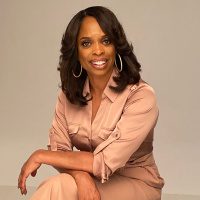
Dr. Lisa Williams had reached the highest levels in her academic profession. She held multi-million dollar endowments and was the highest ranking professor in her field. But after seeing an updated doll study where a little girl says she didn’t want to play with the black doll because the skin was nasty and indicated her skin was potentially nasty, too. Dr Lisa was so affected, she left it all and started the World of EPI. EPI is the classic Cinderella story — and is now the largest multicultural doll company. She has dolls for girls, boys, babies all the way to preteens. Her dolls can be found at all major retailers and their Oprah’s Favorite Things. Connect with Dr. Lisa on LinkedIn.
